- Need Technical Assistance? greathearts24@getvfairs.io
 February 19, 2025
February 19, 2025Locaton: Lobby
 February 19, 2025
February 19, 2025With more and more classical schools coming into existence, there is an increased need to answer the basic question: What is classical education? Although there are notable differences from one implementation to another, there are also key core characteristics. Join Jake Tawney, Chief Academic Officer for Great Hearts Academies, on a tour through the seven liberal arts, the foundation of classical education, and the basic principle guiding the content and pedagogy of each discipline.
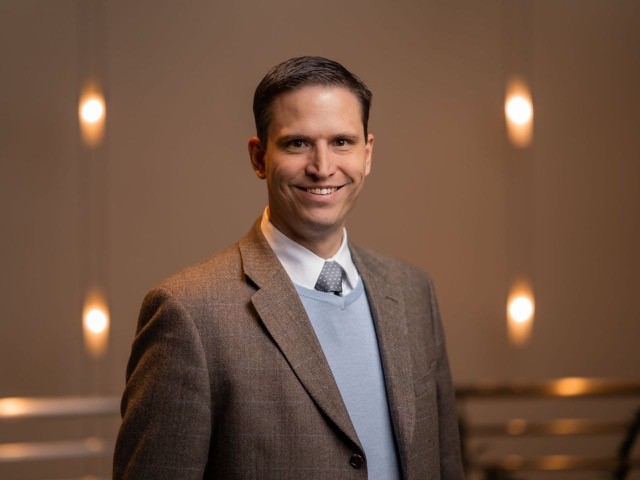 Jake Tawney
Jake TawneySponsored by

 February 19, 2025
February 19, 2025How can classical classrooms effectively welcome students with disabilities and learning differences? Discussions of this question often focus—understandably! —on practical, logistical strategies for implementing services and support for these children. But strategic planning and technique do not reach the heart of the question because they do not address the deep tensions between the classical understanding of what it means to be human and the models of disability prevalent in our culture. Without careful consideration of this tension, we risk undermining our ability to offer a genuine welcome. In a special session prior to the regular Symposium program, Dr. Amy Richards and Tom Doebler will offer a lens through which to wrestle with these ideas, and a forum for dialogue with and between practitioners. Designed for whole school teams to participate in, the goal of this session is to uncover the questions at the core of our objections, concerns, and even fears about teaching the students who, at times, challenge our vision for classical education the most.
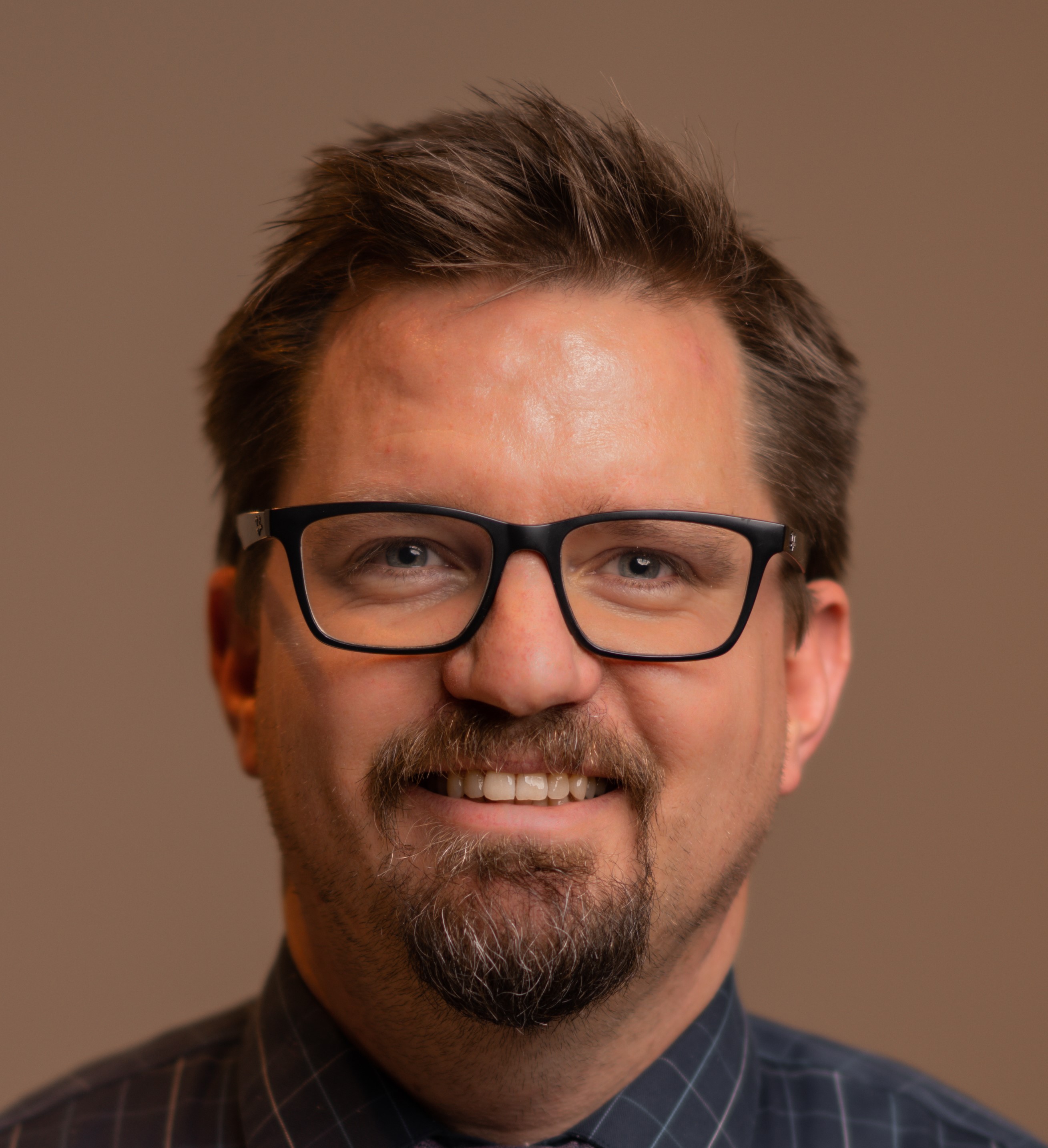 Tom Doebler
Tom Doebler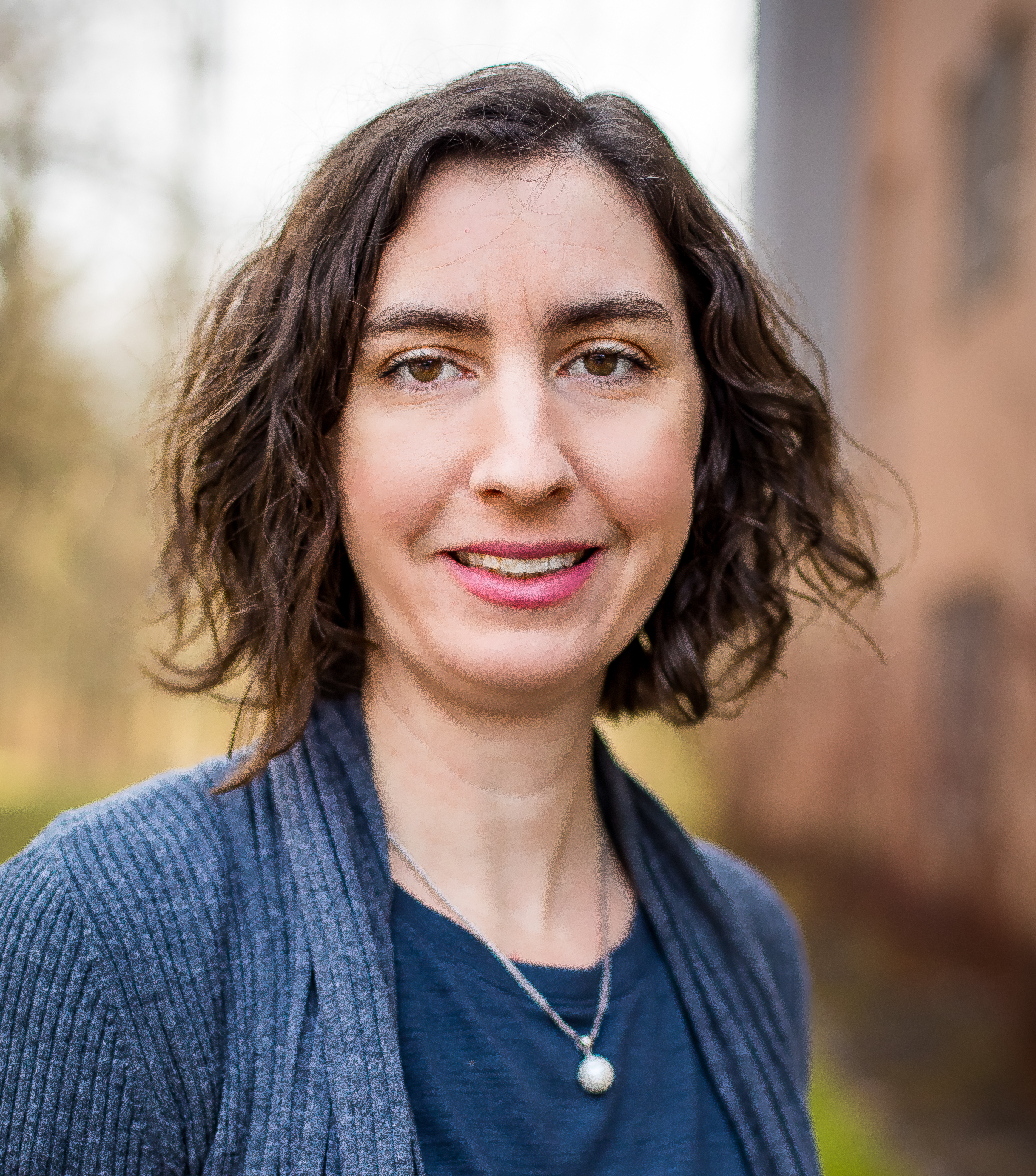 Amy Richards
Amy RichardsSponsored by
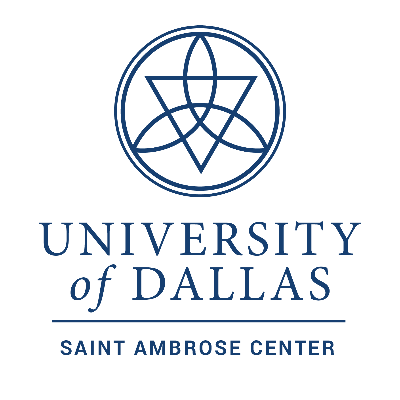
 February 19, 2025
February 19, 2025After the success of this workshop at the 2024 Symposium, eminent Shakespearean editor, and ASU Regents Professor Sir Jonathan Bate, and LAMDA Course Leader and renowned theatre Director Nick Hutchison present a further dynamic, interactive workshop on editorial choices across the centuries since the First Folio of 1623, how those choices have illuminated or dimmed our understanding of the plays, and how those choices play out on a stage. Revisiting some of this year’s texts, and approaching a variety of new ones, this is a Shakespearean masterclass for returning symposiasts and freshmen alike.
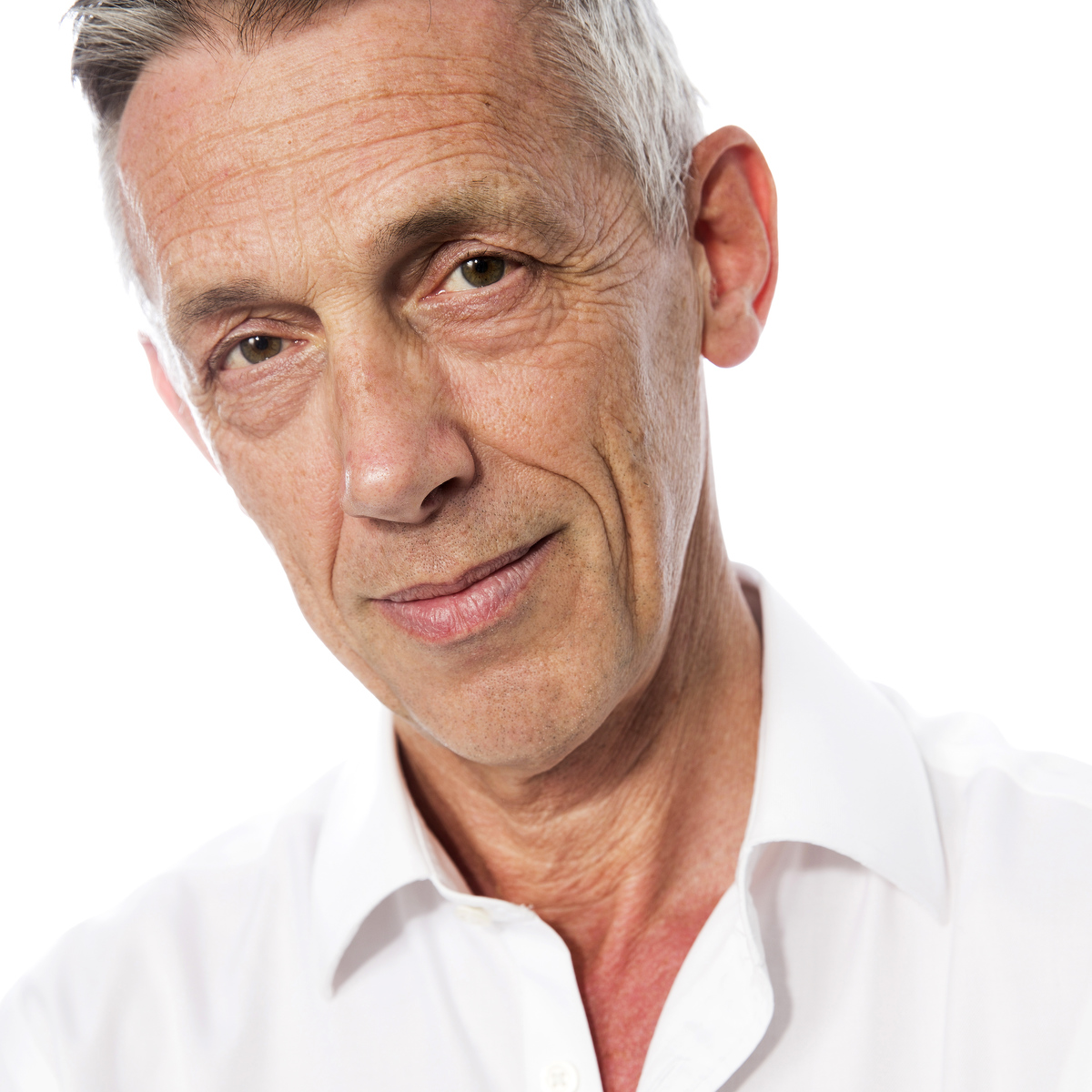 Sir Jonathan Bate
Sir Jonathan Bate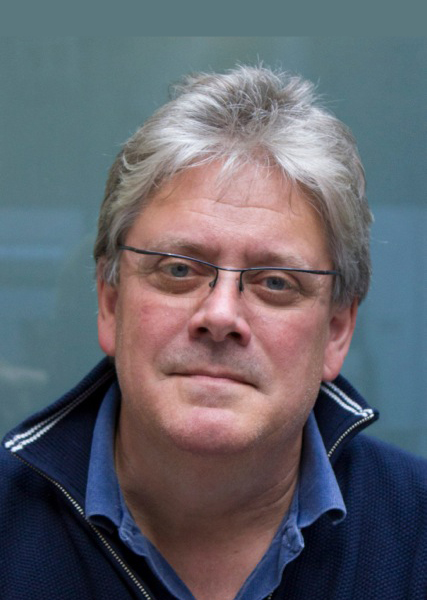 Nick Hutchison
Nick HutchisonSponsored by
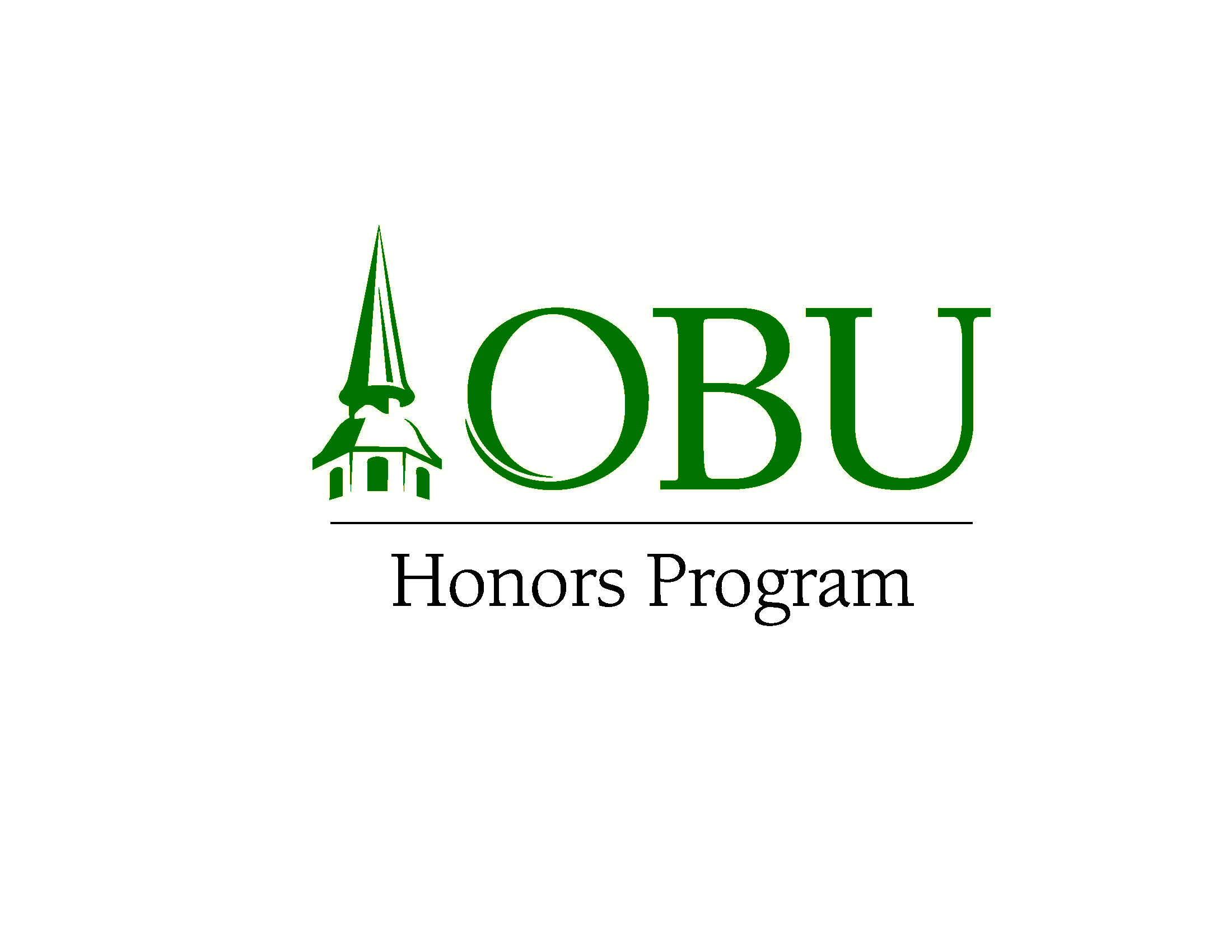
 February 19, 2025
February 19, 2025 February 19, 2025
February 19, 2025K-5 teachers often wonder how the Socratic Method applies in a K-5 classroom – are kindergartners really supposed to seminar on Aristotle? In this workshop, we will discuss lesson planning with inquiry in mind, unit introductions that inspire wonder, and the "sweet-spot" questions that follow. For Great Hearts Staff: Please note that this is the same workshop offered at Great Hearts New Faculty Orientation.
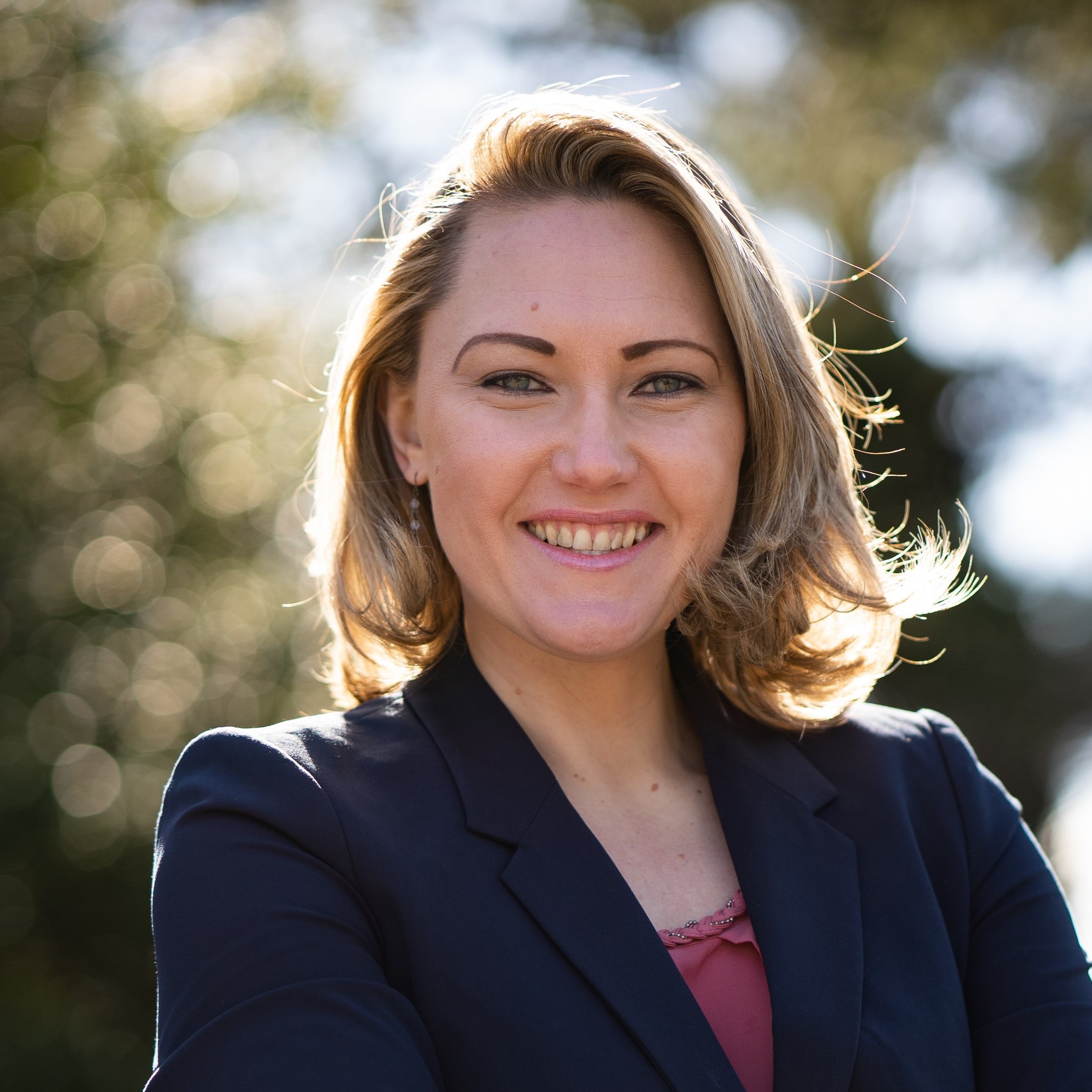 Jerilyn Olson
Jerilyn OlsonSponsored by
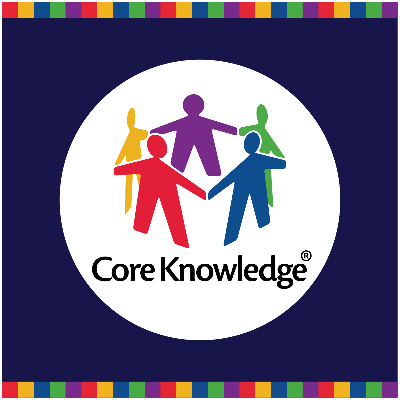
 February 19, 2025
February 19, 2025Mike Austin (upper schools) and Cammie Passey (lower schools), National Directors of Curriculum for Great Hearts Academies, will host a seminar on "As Kingfishers Catch Fire" by Gerard Manley Hopkins. Come kick off your Great Hearts Classical Education Symposium experience by engaging in enriching conversation centered on this beautiful text. You can find a version of the piece here: https://www.poetryfoundation.org/poems/44389/as-kingfishers-catch-fire. Physical copies will be provided at the seminar for attendees.
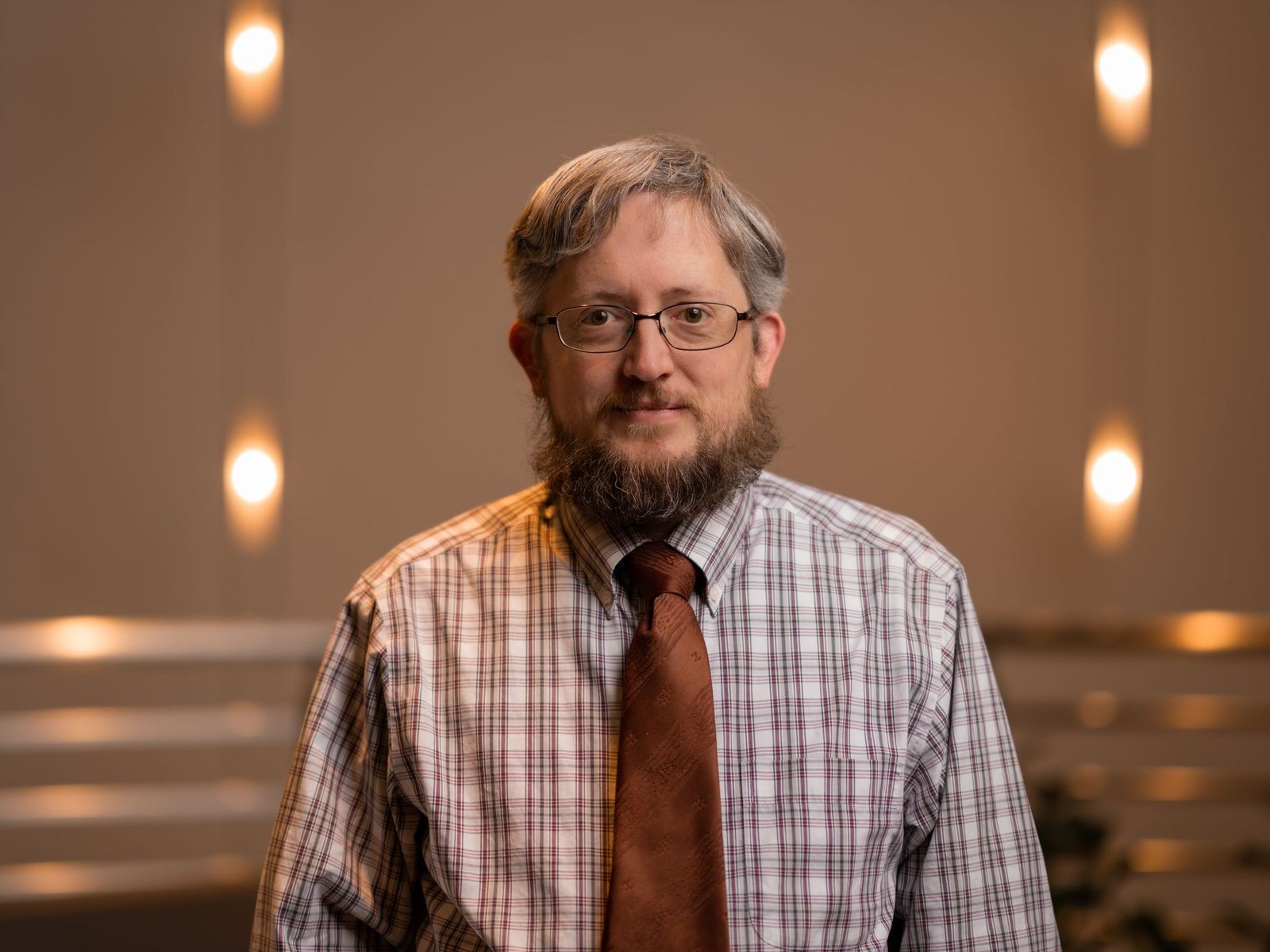 Michael Austin
Michael Austin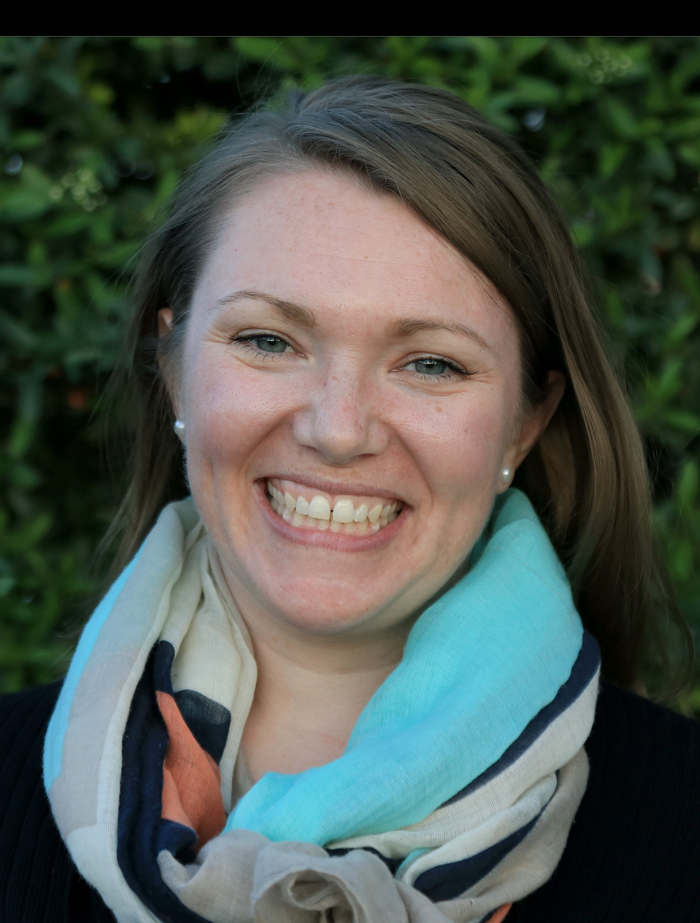 Cammie Passey
Cammie PasseySponsored by
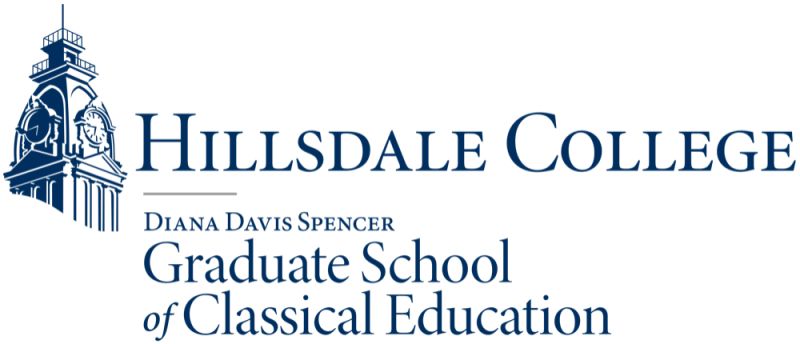
 February 19, 2025
February 19, 2025 February 19, 2025
February 19, 2025The technological attitude is one that seeks to subject everything to rational control. This makes it difficult to experience gratitude, which is a posture toward the world in which one receives what is given, rather than trying to remake the world according to the will. Such reception is often accompanied by wonder, the theme of our conference. I will parse this tension between gratitude and technology as it manifests in various areas of culture, and consider its significance for the challenge of living fully.
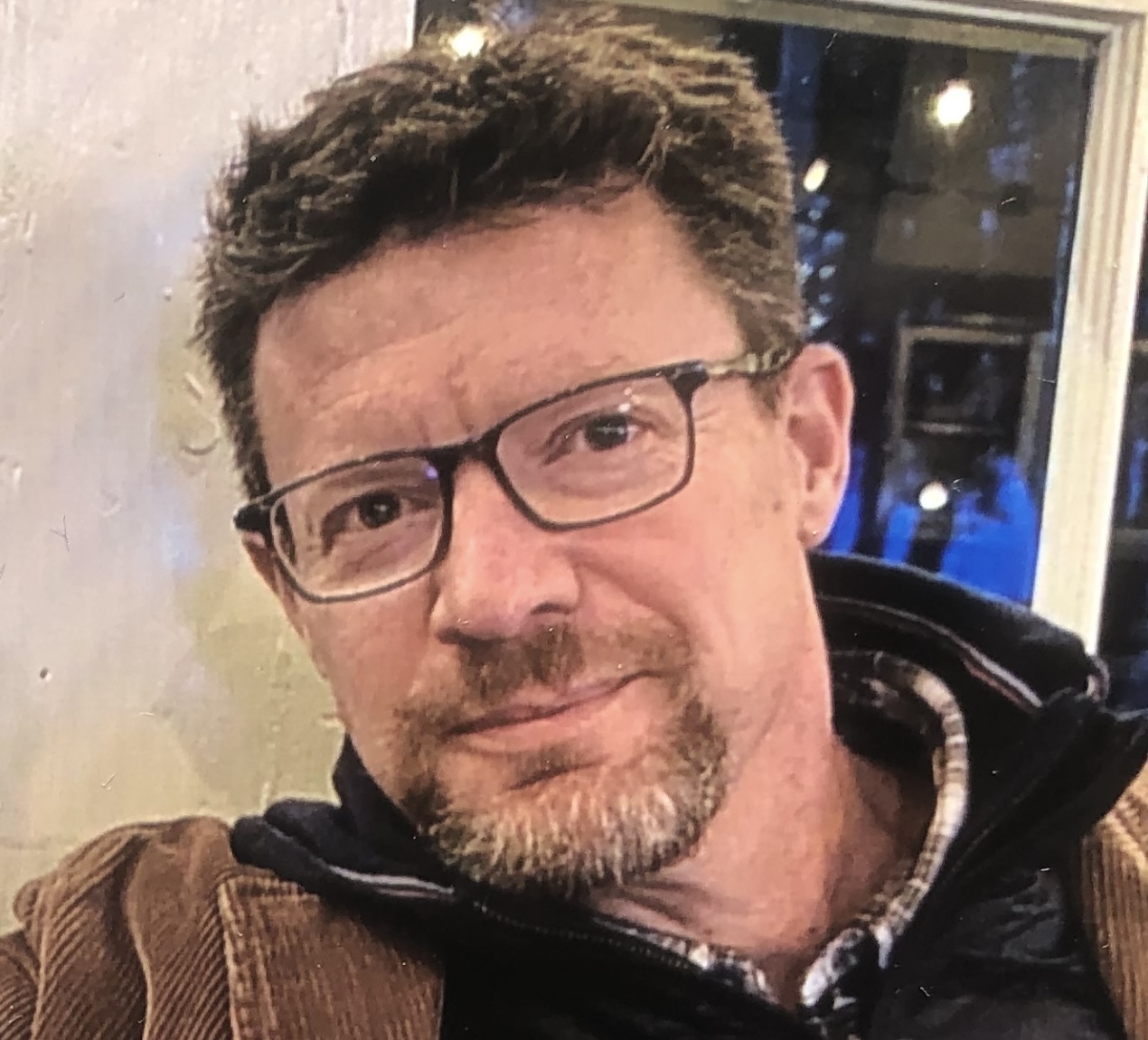 Matthew B. Crawford
Matthew B. CrawfordSponsored by
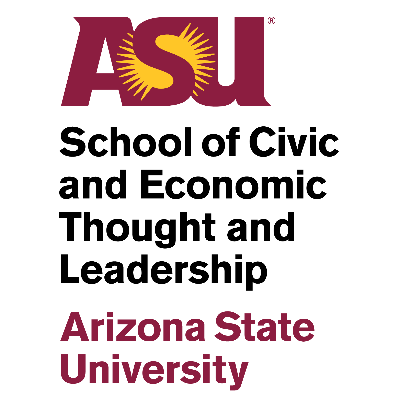
 February 19, 2025
February 19, 2025 February 20, 2025
February 20, 2025Location: Lobby
 February 20, 2025
February 20, 2025Shakespeare is at the centre of the classical tradition. So what made him a classic? This lecture will argue that the answer is to be found in his own classical education. His grammar school education in the Latin language, in rhetoric and the reading of the great texts of classical antiquity shaped his imagination and enabled him to become a great writer and dramatist himself. No fewer than thirteen of his forty works are set in the world of classical antiquity - and all his works rely on techniques he first learned in the grammar school that gave him a classical education. His friend and rival Ben Jonson was quite wrong to say that Shakespeare had "small Latin" - without Latin, there would have been no Shakespeare, and without Shakespeare we would not have a thriving classical education revival today.
 Sir Jonathan Bate
Sir Jonathan BateSponsored by

 February 20, 2025
February 20, 2025 February 20, 2025
February 20, 2025This session will offer attendees a look into the APEX course on Instructional Coaching that will run next July 2025. We will share some resources and strategies to utilize during the coaching process that are explored during the course. The second half of the workshop will explore ways to reach teachers with various drivers so all faculty feel supported in their growth.
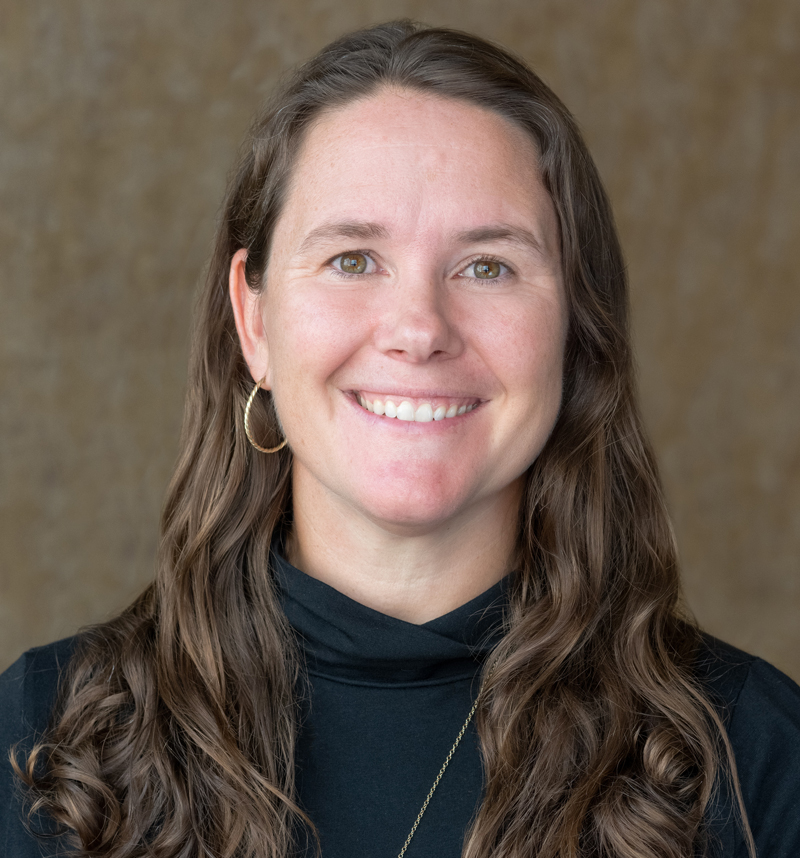 Mary Chin
Mary ChinSponsored by

 February 20, 2025
February 20, 2025Mathematicians have done a good job of showcasing the usefulness of mathematics. Ironically, this very feature of math is its greatest weakness, for touting the usefulness of math destroys its innate wonder. Happily, we can unlock mathematical pleasures by seeking out the unexplored, the unknown, the undiscovered.
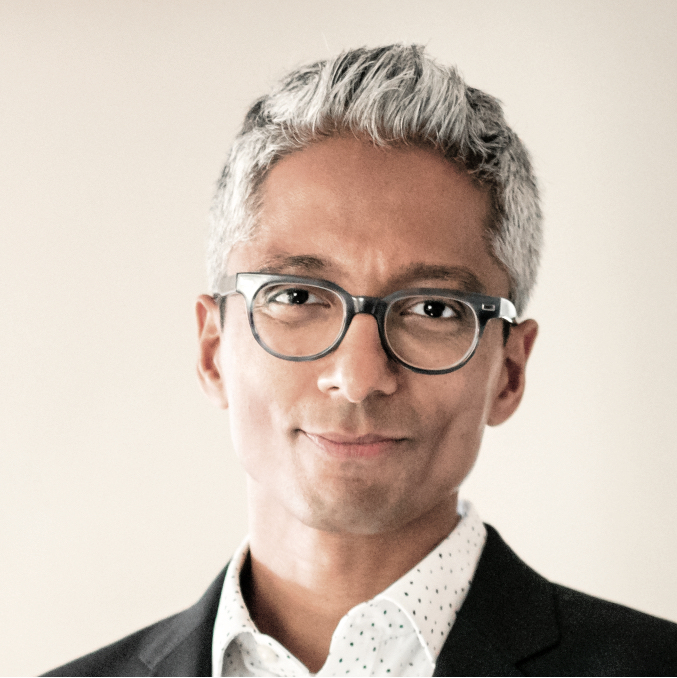 Satyan Devadoss
Satyan DevadossSponsored by
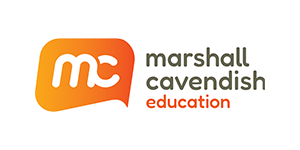
 February 20, 2025
February 20, 2025Throughout the liberal arts tradition, two definitional characteristics attributed to philosophy are that it begins with wonder and has wisdom as its goal. When philosophy is understood in the expansive way that it has been treated throughout the tradition, this journey from wonder to wisdom becomes a frame for understanding the enterprise of learning writ large. In this seminar we will examine what it means to have a sense of wonder and how we can cultivate such wonder in our students. We also will consider what it means to aim all learning toward the development of wisdom and how we can foster a love of wisdom in our students. Understanding the enterprise of learning as wonder toward wisdom provides helpful insights for classical educators as we work to holistically cultivate our students such that they flourish as human beings and live wise and virtuous lives.
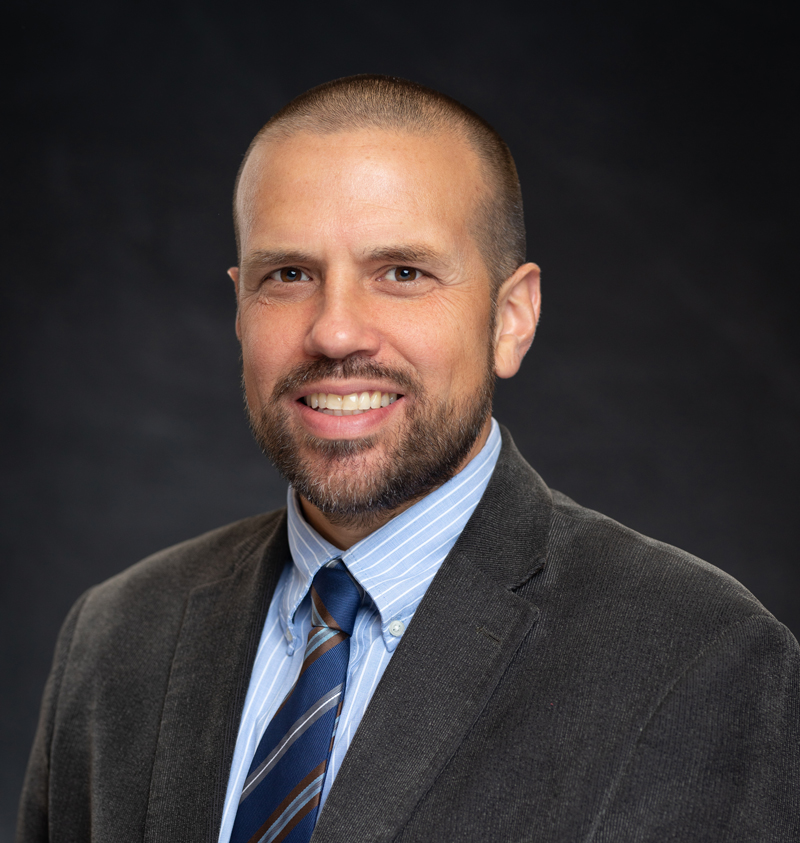 David Diener
David DienerSponsored by
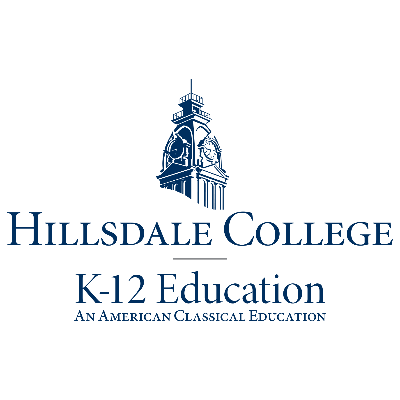
 February 20, 2025
February 20, 2025As the name implies, the end of a liberal arts education is freedom. One who is liberally educated is freed from prejudice and a servile dependence upon a teacher. Such an education trains its students to become better citizens and better neighbors. For the American, training in the liberal arts necessarily engages the student in the Great Conversation of the West. This conversation by its nature is liberating to all who hear it. When Aristotle tells us that the pursuit of virtue and contemplation frees the soul for a truly human life, we do not question the freedom such a life affords. However, other voices in the Great Conversation seem vicious rather than virtuous, for they seem to reinforce the very prejudice from which a liberal education intends to free us. Yet I would argue that these apparently discordant voices are as essential to the liberating work of this education as any other.
In this workshop, we will explore why we should teach imaginative fiction like Mark Twain’s Adventures of Huckleberry Finn, which is notorious for its offensive racial slurs and for its portrayal of dehumanizing language and behavior. How can such literature free our students, especially our African American students? As we consider race and our American story, we will explore the principles that govern the stories we should read in our literature courses and the stories we should tell in our history courses. We will take time to listen to the Talented Tenth and others who have joined the Great Conversation to teach us why reading these painful and violent stories in our nation’s history can help us all become more virtuous citizens and more loving neighbors.
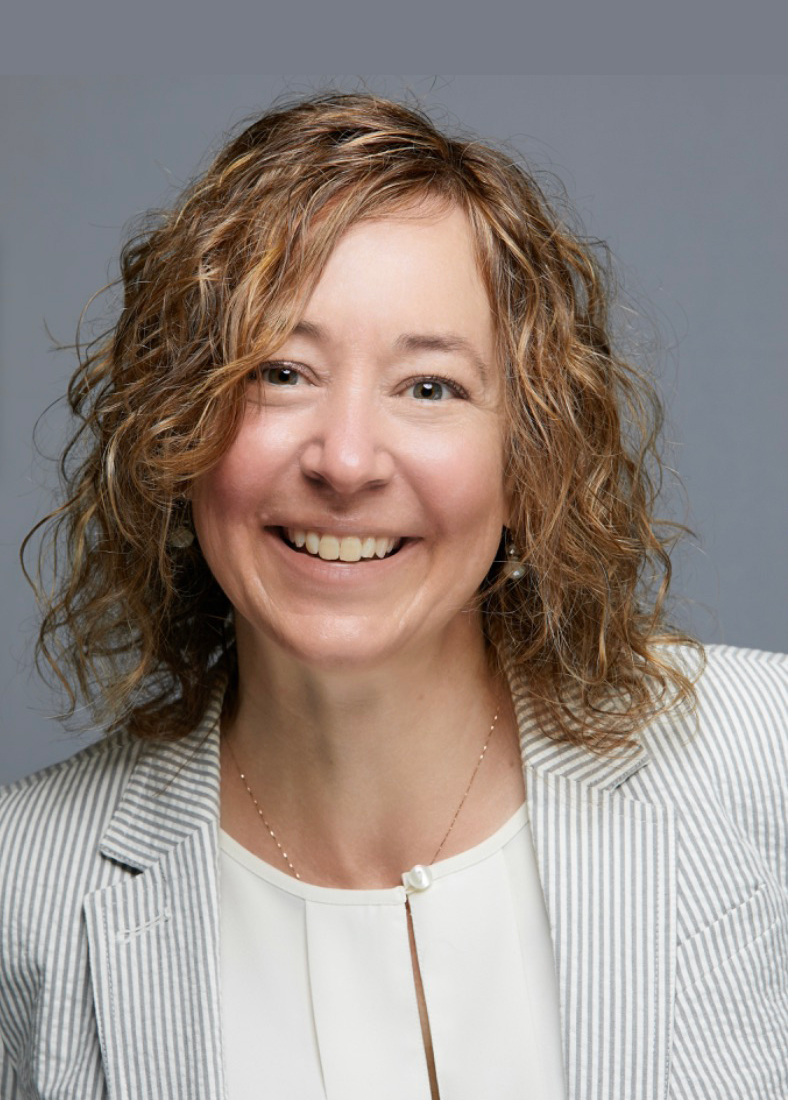 Tammy Morrow
Tammy MorrowSponsored by
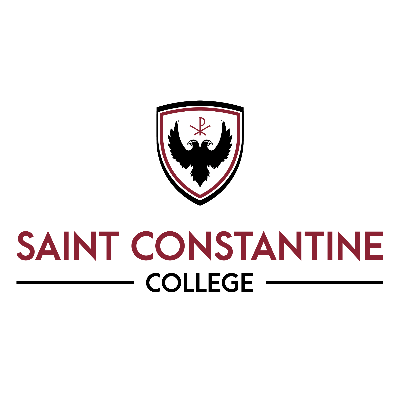
 February 20, 2025
February 20, 2025This workshop explores the relationship between the moral formation of students and their experience of wonder. How can we teachers and school leaders cultivate a culture at our schools that allows students to have profound and ineffable encounters with the nature of reality, truth, and beauty? And, in turn, how does this culture of wonder serve as the seedbed of forming virtue in young hearts and minds? What is the relationship between wonder and prudence, the first of the cardinal virtues, and how are the moral virtues habituated by frequent and meaningful encounters with the best that has been thought, said, and created in the Western Tradition? This workshop will provide practical strategies and tips for teachers and school leaders who seek to increase the wonder index of their classrooms and campuses to the end of graduating students with strong moral character.
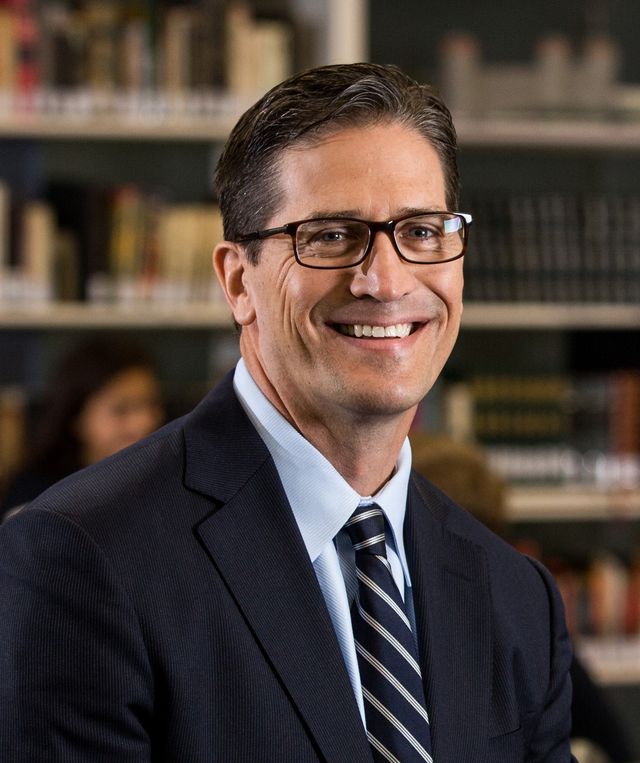 Daniel Scoggin
Daniel ScogginSponsored by

 February 20, 2025
February 20, 2025One central and problematic expression of the tension between the classical understanding of what it means to be human and the contemporary models of disability are the legal and compliance requirements of Special Education. Federal and state laws and statute rooted in these contemporary models dictate specifics regarding the development, form, and language of student IEPs (Individualized Education Programs), and these requirements distract (at best) or replace (at worst) the purpose of education in the classical sense. As a follow-up to the Wednesday afternoon workshop, Tom will lead another workshop focused more on the details of IEP development in classical schools, and the ins and outs of working with teachers and families on that plan.
 Tom Doebler
Tom Doebler February 20, 2025
February 20, 2025The central myth of the Republic, the Allegory of the Cave, is unlike any other myth within the dialogue or, one might argue, anywhere in the Platonic corpus. It resembles and illuminates other key images of the soul in the Republic, but unlike those other images, its elements are put into motion. It resembles in important ways the other two prominent myths of the Republic, The Ring of Gyges and the Myth of Er, but it is much more closely tied thematically to the other images of the soul Socrates employs throughout the dialogue. And it is an image of what Plato’s Socrates does with his interlocutors when he engages with them in dialectic. The Allegory of the Cave combines all of Socrates’s main philosophical and rhetorical modes. It also provides a map to the structure of the whole of the dialogue.
When Socrates introduces the Allegory of the Cave at the start of Book VII of the Republic, he tells us that it is an image of education (εἶπον, ἀπείκασον τοιούτῳ πάθει τὴν ἡμετέραν φύσιν παιδείας τε πέρι καὶ ἀπαιδευσίας.). He also presents it as an elaboration on the image of the divided line that immediately precedes it in the conclusion of Book VI. The Allegory begins with the description of a cave and prisoners who are chained at the bottom of it so that they can’t get up, and they can only look and listen toward the back wall of the cave where shadows are projected from artifacts (θαῦματα) paraded in front of a fire. We are told that we all begin at the bottom of the cave. This means that within the logic of the allegory, every one of us begins our education with access only to these images in an image within an image that Plato has carefully nested for us and challenged us to unpack.
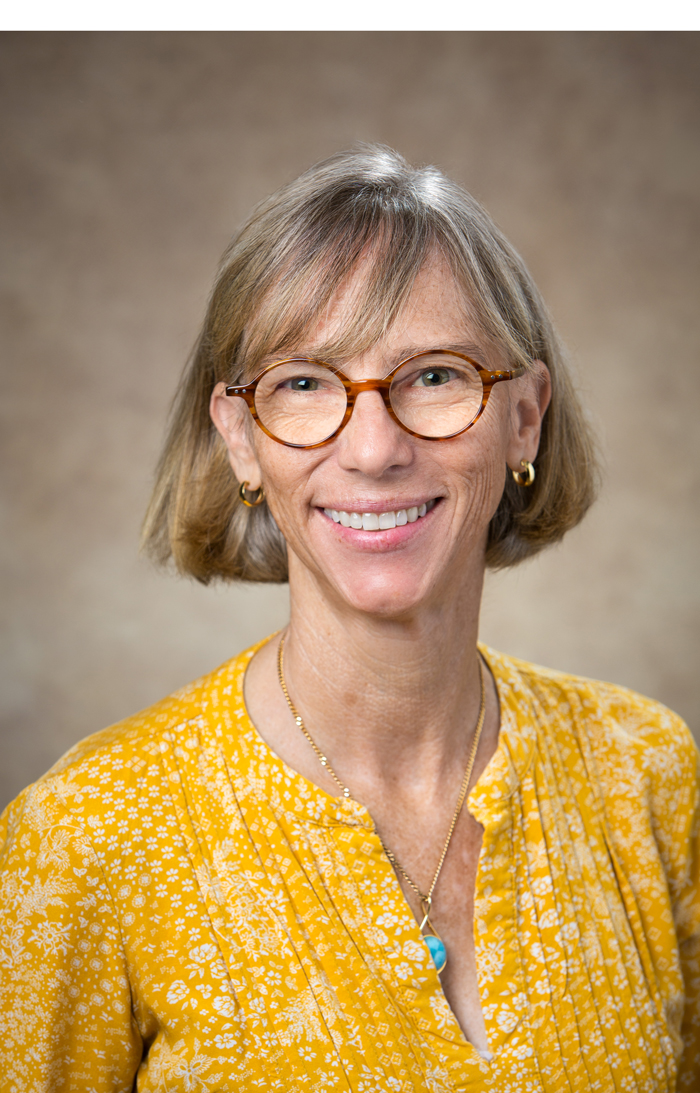 Charlotte Thomas
Charlotte ThomasSponsored by
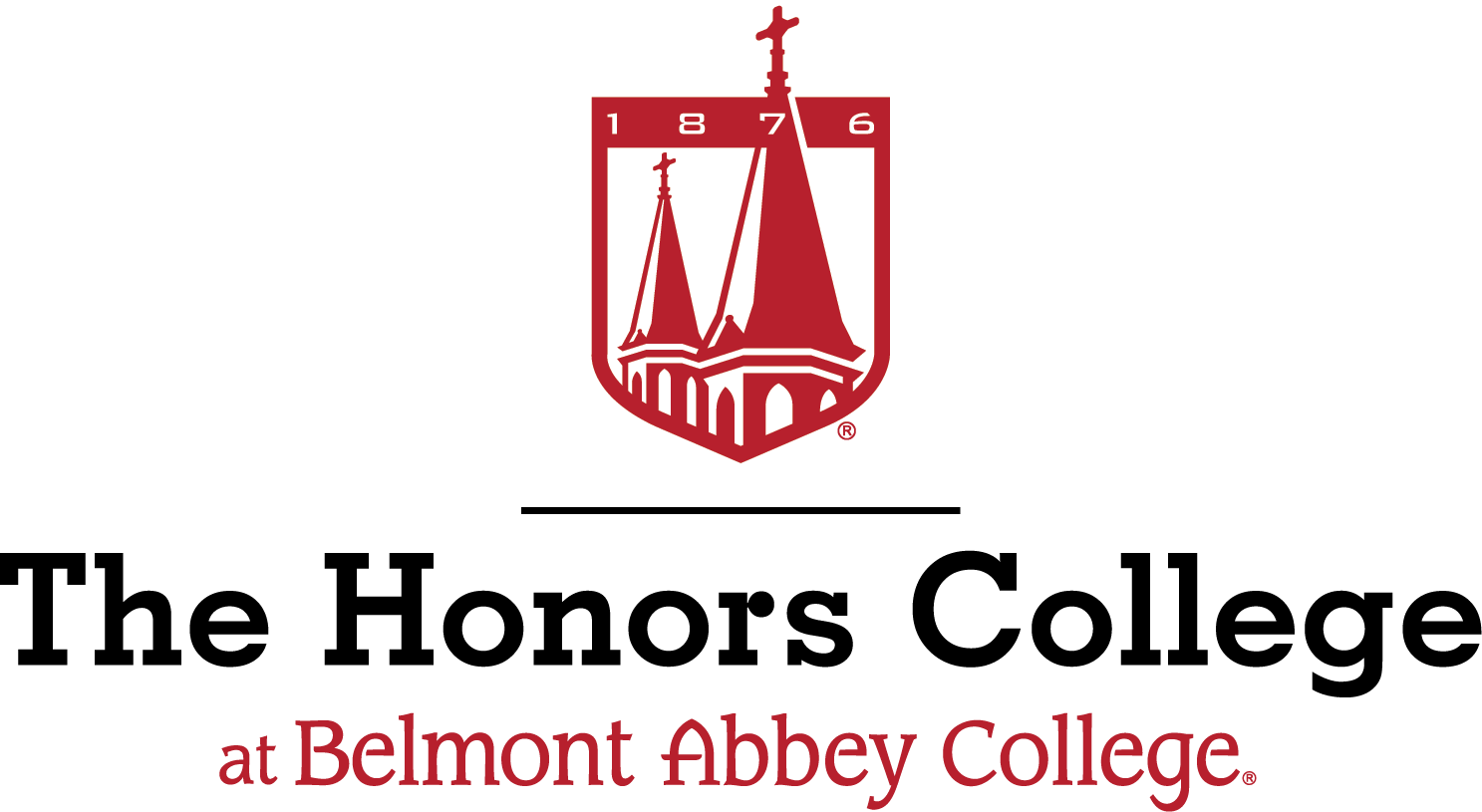
 February 20, 2025
February 20, 2025The English poet` Matthew Arnold said a good education should steep its students in "the best that has been thought and said." But what is the ultimate end of such an education? And what should it include? Must classical education be Christian? Religious? What is the role of secular charter schools in the classical tradition? This panel will explore the multiplicity of arguments for and models of classical education.
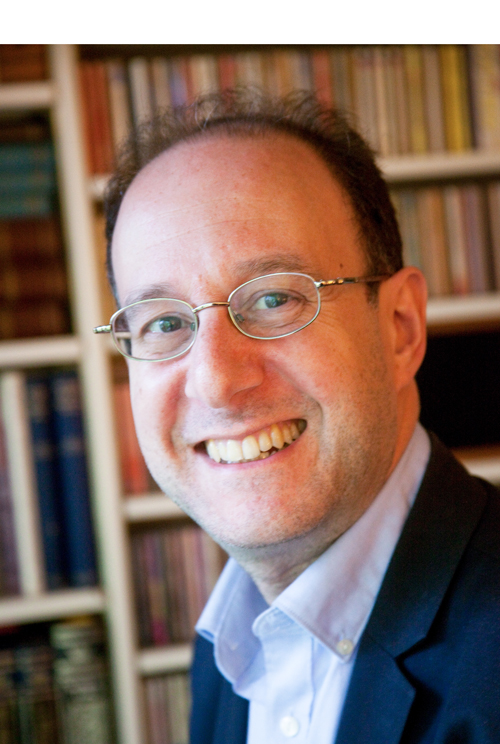 Abraham Unger
Abraham Unger
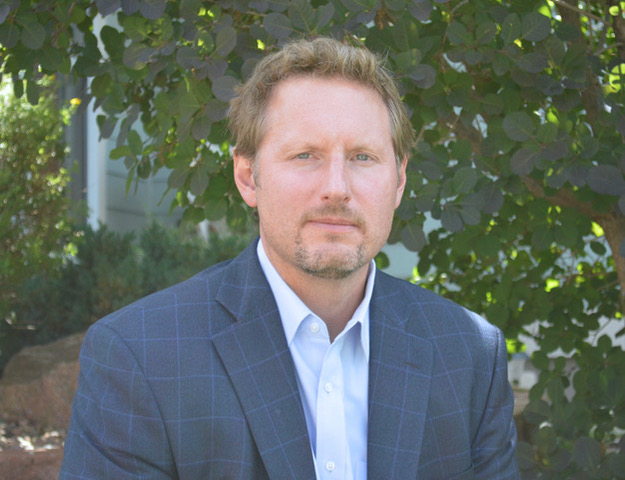 Joshua Dunn
Joshua Dunn
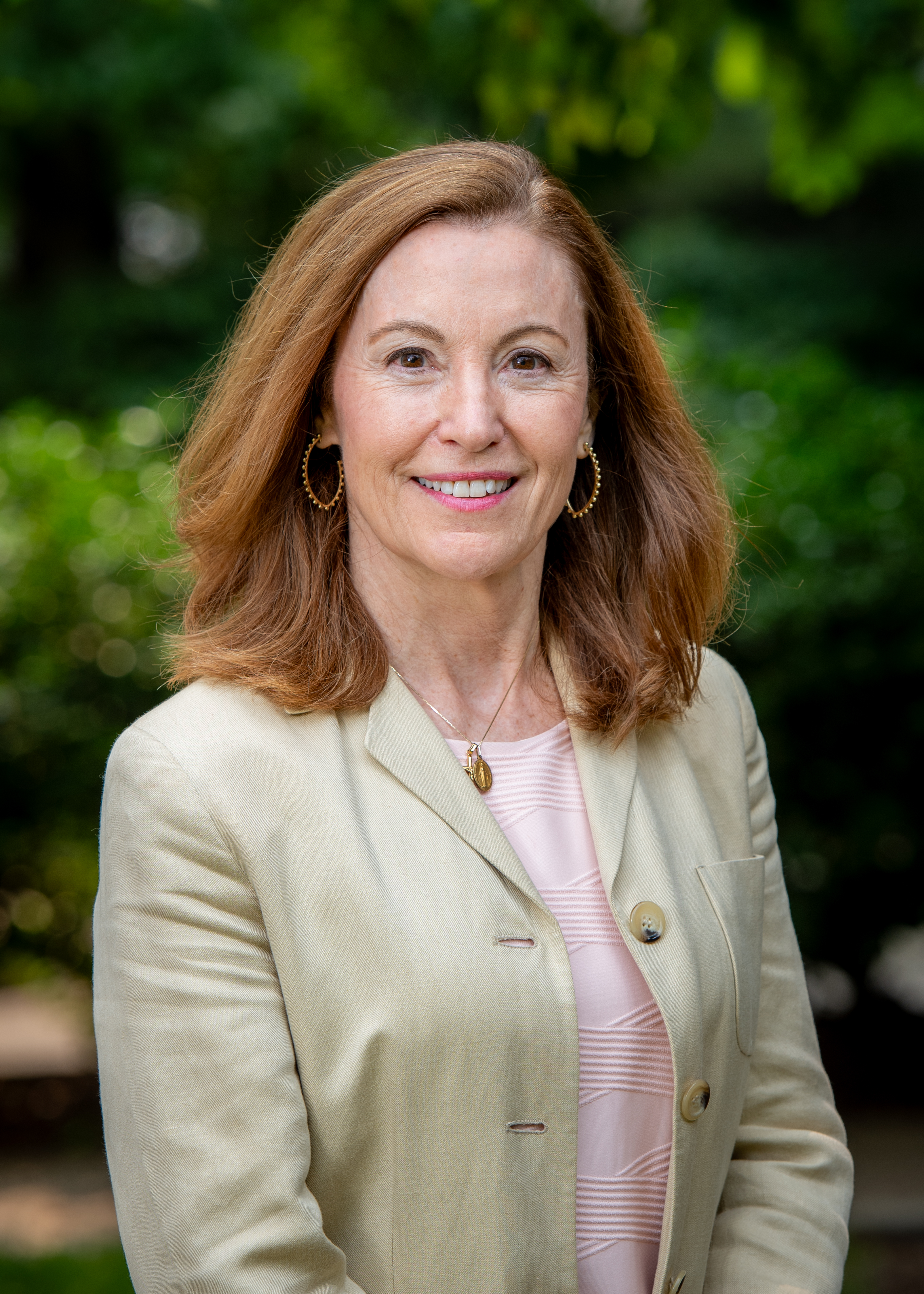 Elisabeth Sullivan
Elisabeth Sullivan
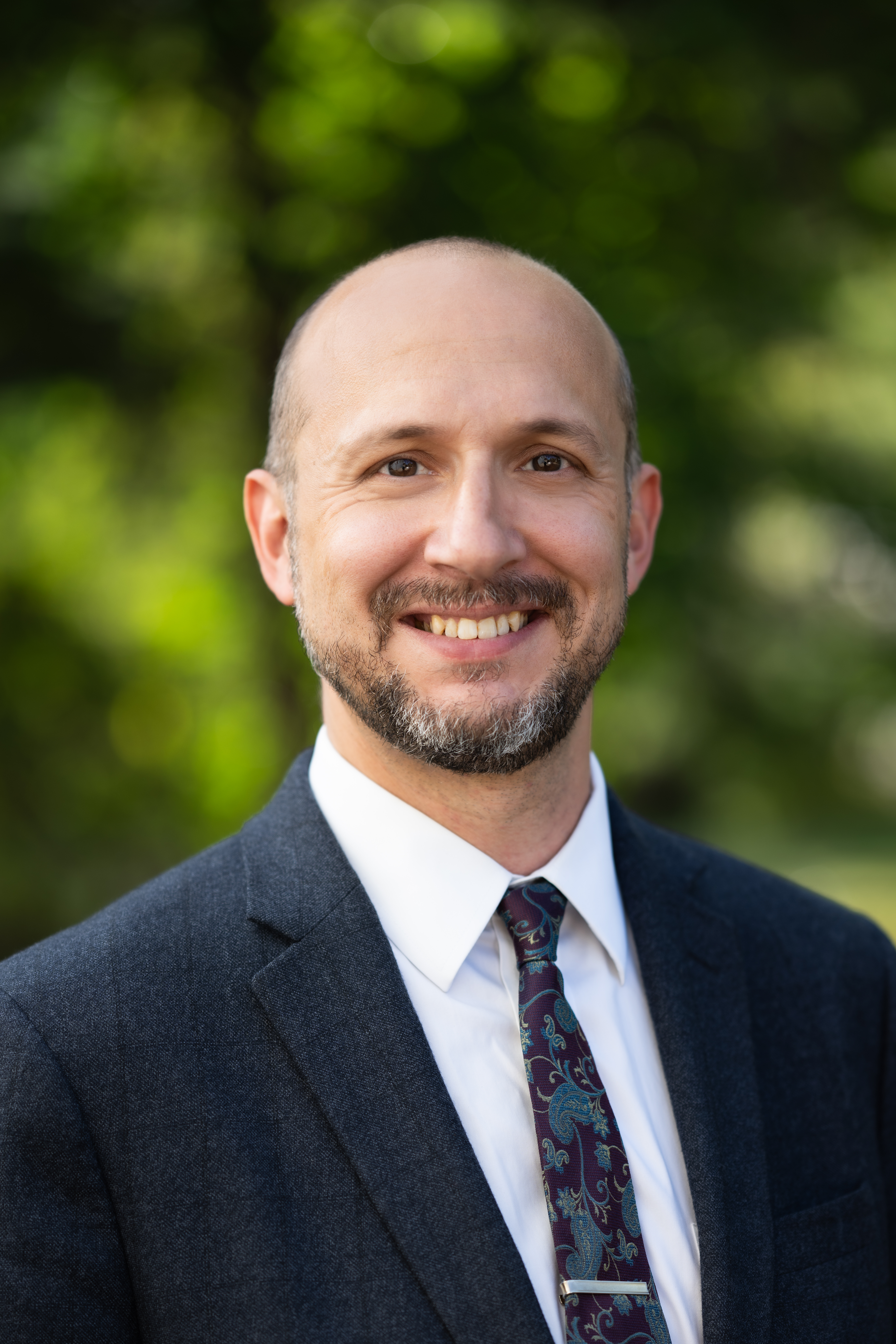 John Peterson
John Peterson
Sponsored by

 February 20, 2025
February 20, 2025With childlike wonder, we will open the doors of discovery in the world of C.S. Lewis' Narnia. We will unlock and explore the adventures of the unknown in learning. We will gain insights into how to spark curiosity in students, use imagination in the classroom, and live daily life in wonder as educators through engaging with Lewis' literature and in the world beyond the wardrobe.
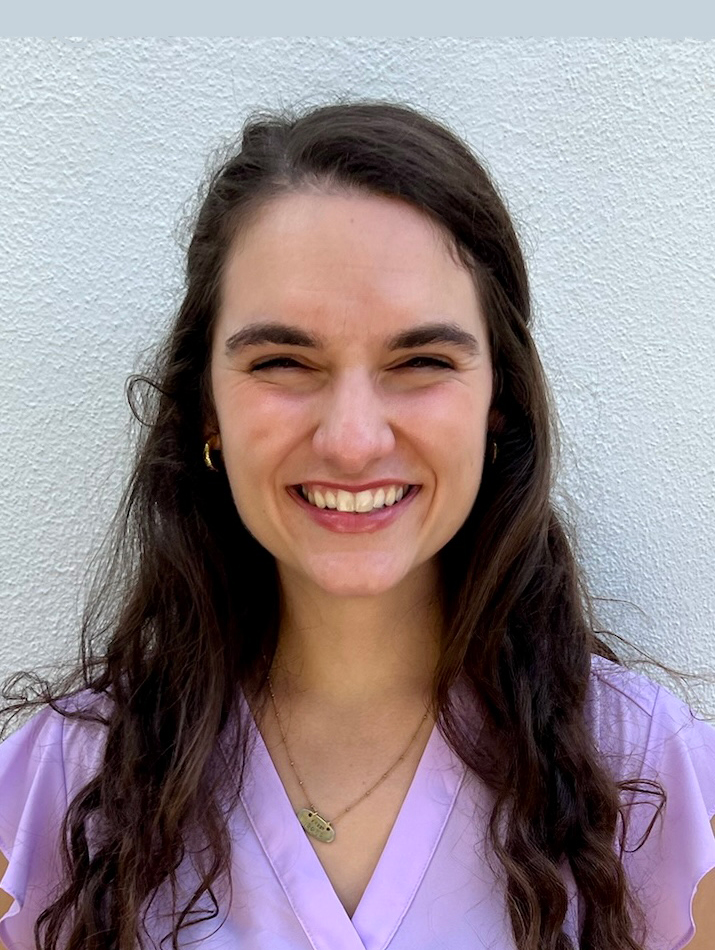 Meredith Frey
Meredith FreySponsored by
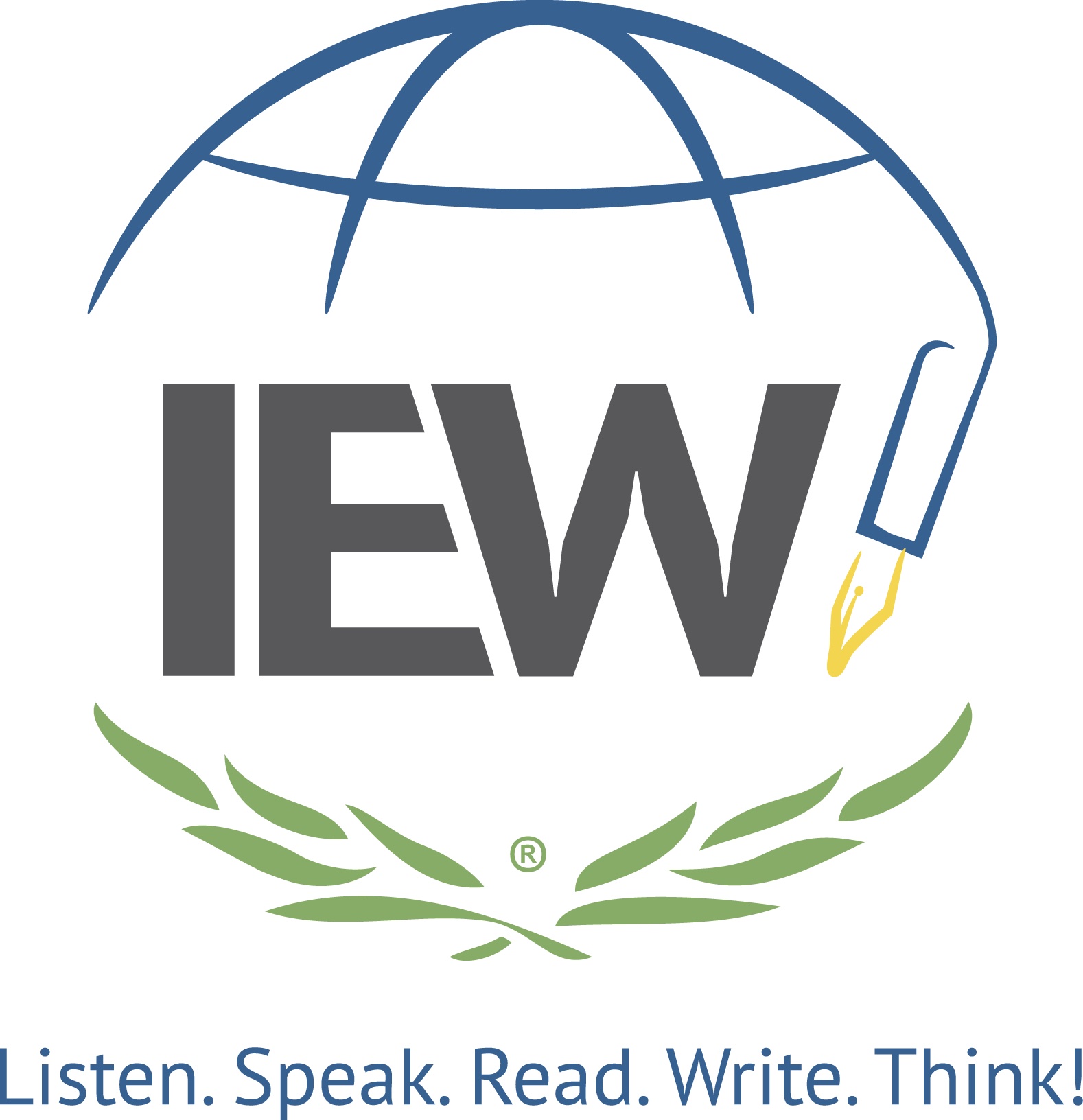
 February 20, 2025
February 20, 2025How can we inspire young learners to see the world with curiosity and awe? In this breakout session, we will explore strategies to cultivate wonder in the K-5 science classroom by embracing the natural inquisitiveness of children. Participants will discover practical ways to design lessons that encourage observation, inquiry, and discovery while aligning with the classical education model.
Through hands-on activities, discussion, and examples, this workshop will demonstrate how to transform everyday science topics into moments of wonder that spark a lifelong love of learning. Whether you’re a seasoned teacher or new to the classroom, you’ll leave with fresh ideas and resources to create a classroom environment where students see science as a thrilling adventure. Together, we’ll celebrate the joy of learning science through the eyes of a child.
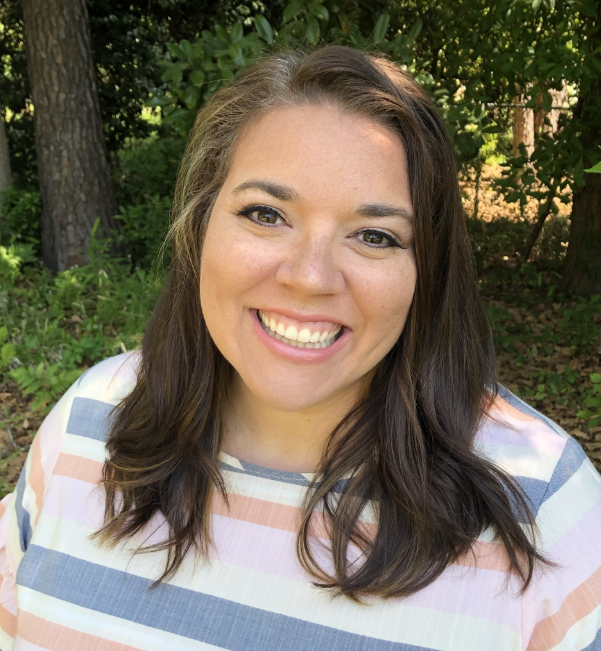 Karly Barksdale
Karly Barksdale February 20, 2025
February 20, 2025Mission Grille & Courtyard
 February 20, 2025
February 20, 2025Join Matthew B. Crawford for a moderated discussion with Brandon Crowe, Great Hearts Arizona Superintendent of Education, to consider what role the practical arts might play in education -- not only for their practical application, but also as an avenue of intellectual and moral formation.
 Matthew B. Crawford
Matthew B. CrawfordSponsored by
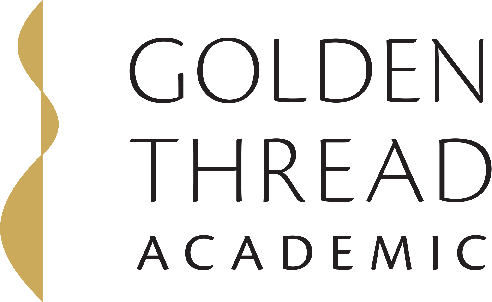
 February 20, 2025
February 20, 2025The capacity of the body to teach the soul is not something we consider often in our society, but we can feel differently instantly by smiling, or by standing up straight. In fact, part of ballet's origin was the intent to create physical nobility, and in the 15th century, when it was being developed, the body was considered a reflection of the soul.
Dance itself is an essential part of human experience, providing more than just physical fitness or catharsis, although it is rated as one of the most effective mood elevators. Dance provides the individual in society the rare opportunity to engage in genuine, spontaneous, and unedited response to something they enjoy (music), and to do so publicly while connecting with others. It is an activity that both exercises and reinforces the best in humanity, and builds openness and trust.
Ballet, a kind of science of dance, prepares the body to be an instrument of the soul, and helps teach the soul nobility through physical practice. For the young, it also teaches positive, confident relationships and sophisticated interaction with the opposite sex in a structured environment. It is the most sophisticated physical education available.
Our society suffers from a lack of structured, refined social dancing, both for what it can provide in enjoyment, and for social and communal relations. By making it a standard part of education, we will be improving both the individual lives of our children, and our society.
This talk will be accompanied by demonstration by a dancer of the American Contemporary Ballet.
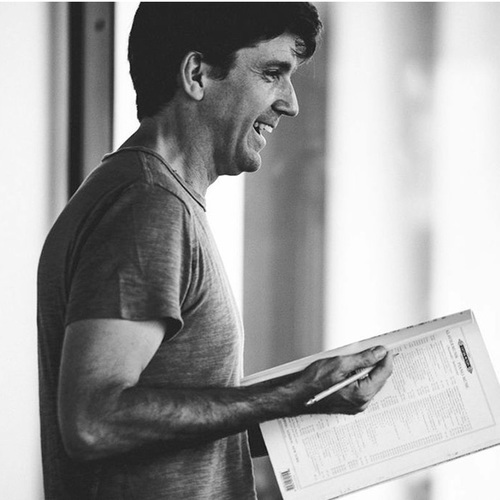 Lincoln Jones
Lincoln Jones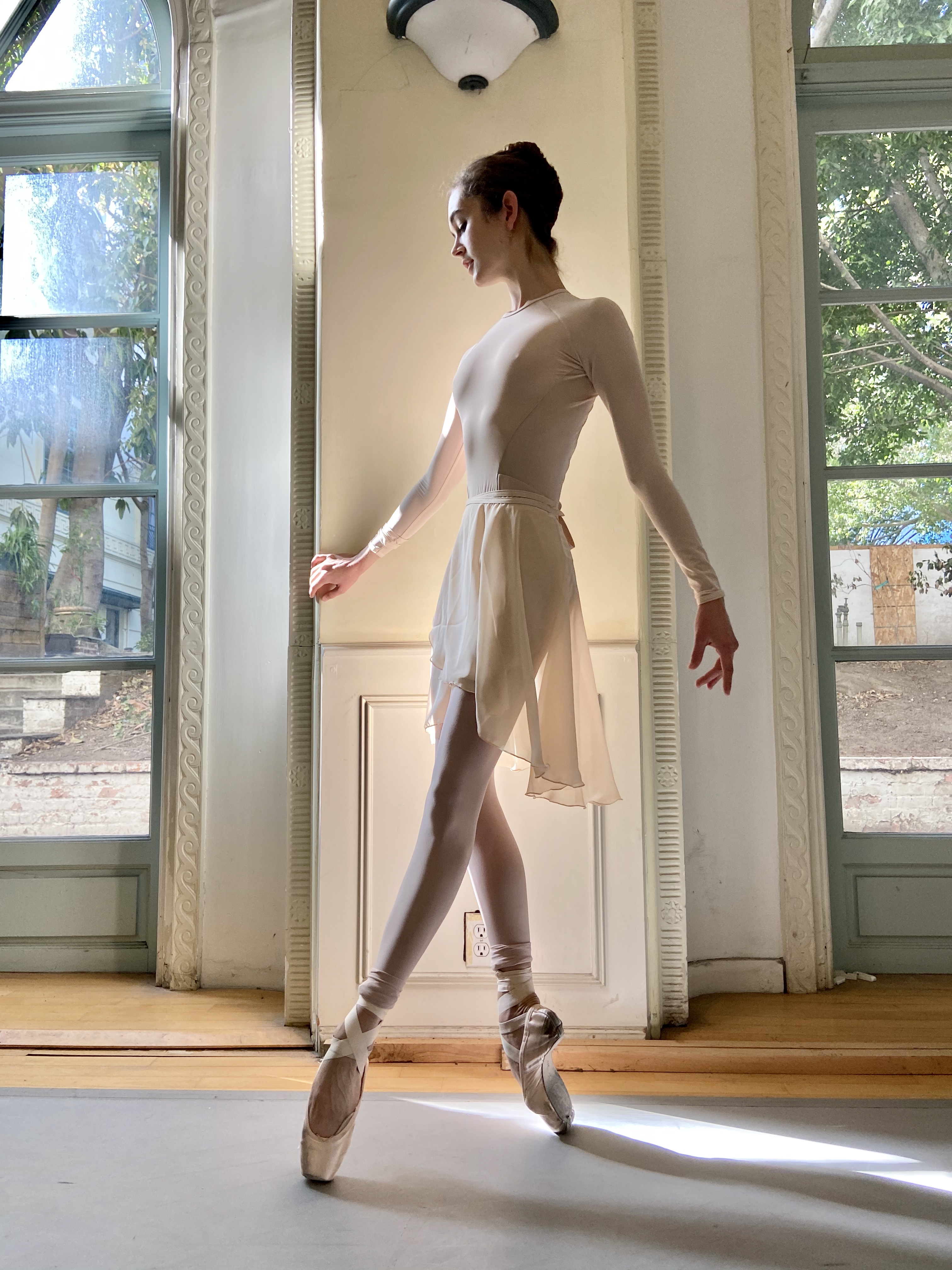 Hannah Barr
Hannah Barr February 20, 2025
February 20, 2025A recent Atlantic Magazine article sounded the alarm that the full-length novel is disappearing from American high school curricula, with the result that students are arriving on campuses incapable of reading a novel from cover to cover. On the most mundane level, the ability to read a complete novel in a sustained and thoughtful manner is the first principle of every good and complete education. This panel will address the importance of the novel to the study and understanding of the human condition and the cultivation of wonder through stories. How do novels develop the rational capacity to understand human nature? In what ways do novel length stories inspire wonder and nourish the creative spirit and imagination to pursue knowledge and appreciation for the beauty of the written word? How does exposure to the thoughts and actions of literary characters invite us into the lives of other human beings in light of whom we can assess our own intellectual and moral capacities?
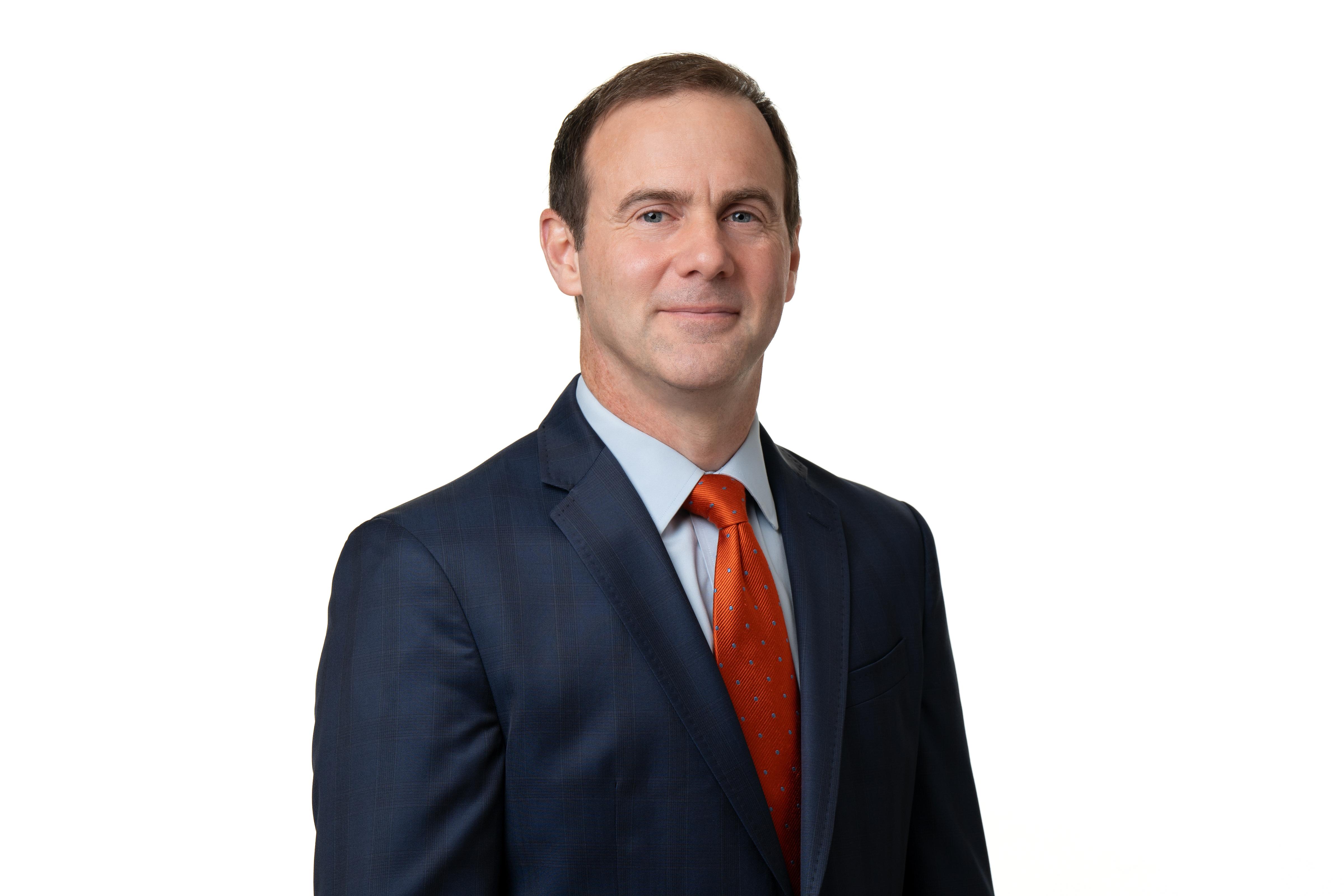 Christopher Scalia
Christopher Scalia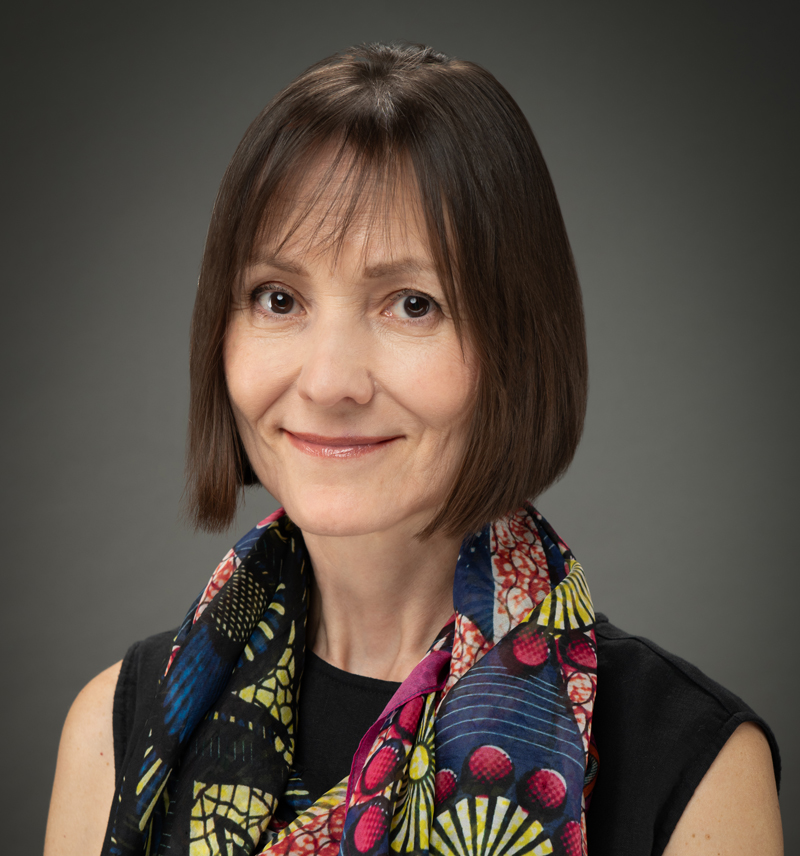 Debra Romanick Baldwin
Debra Romanick Baldwin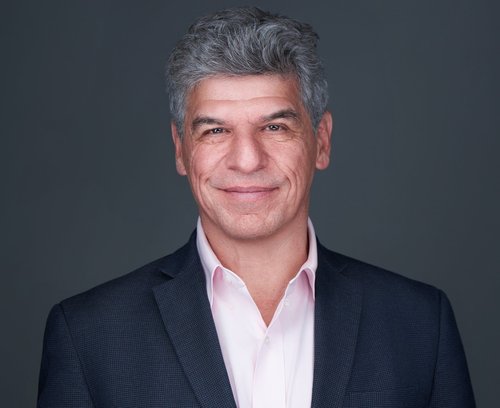 Jacob Howland
Jacob HowlandSponsored by

 February 20, 2025
February 20, 2025Ian V. Rowe, Senior Fellow at the American Enterprise Institute and Founder & CEO of Vertex Partnership Academies, a virtues-based, International Baccalaureate public charter high school in the Bronx, will lead an interactive workshop on how to incorporate the four cardinal virtues into a school’s curriculum and rituals, to boost academic achievement and facilitate the moral formation of students.
The session will cover how the four cardinal virtues of Courage, Justice, Temperance and Wisdom ⸺ the root virtues upon which all other standards of moral excellence depend ⸺ are integrated into the daily experience of students: from oral recitation of poetry like Invictus; to a discipline system that rewards (and penalizes) behaviors synonymous with (or divergent from) the virtues; to selection of classical texts that best exemplify the virtues; to how we expect students to memorize "I Statements" as part of the process to internalize their sense of personal agency.
Ultimately, the workshop is intended to show how these processes are geared to empower students to overcome the victimhood narrative and aid in their goal to lead self-determined lives with meaning and purpose.
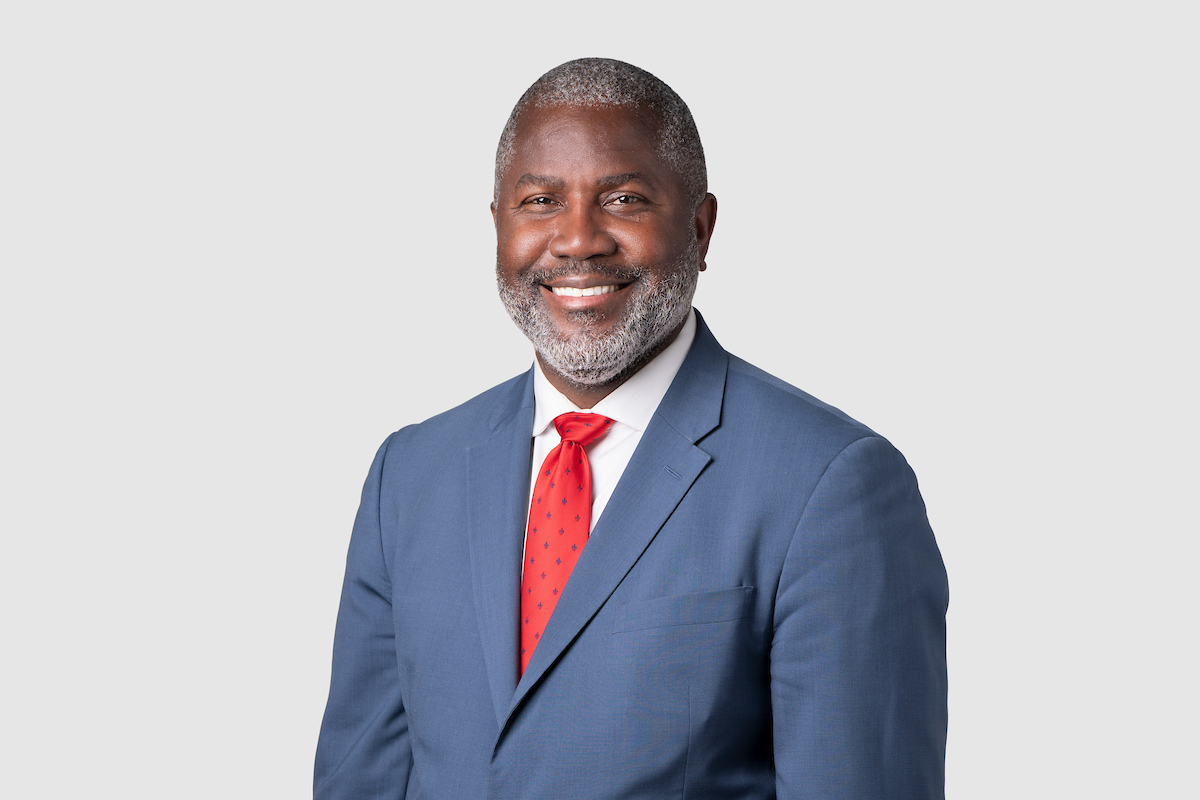 Ian Rowe
Ian RoweSponsored by
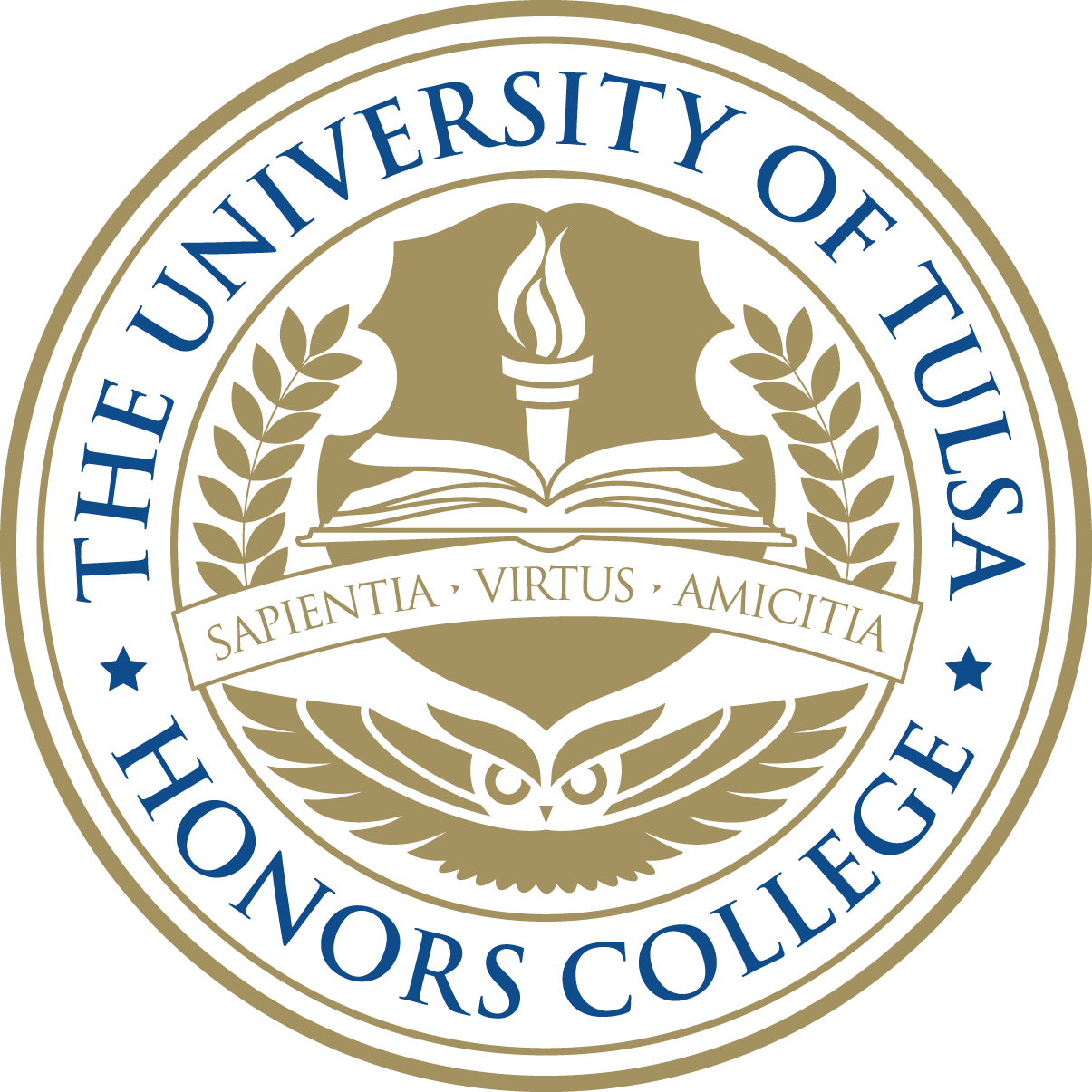
 February 20, 2025
February 20, 2025"Historians look for differences in the past and for how those differences changed and evolved to create the world we know, which contains, however deeply buried, the residues of those past worlds."
—Bernard Bailyn
"History, it seems to me, is the most useful key we have to open the mysteries of the human predicament."
—Donald Kagan
Aristotle says that all knowledge begins in wonder. What is it about the past that makes us wonder? How does wondering about the past lead to knowledge and understanding? The past is different from the present. Historians observe past events carefully until what is different, eruptive, and enduring emerges. Like the future, the past does not exist; yet, it has a great hold on our memories and shapes our sympathies. How do teachers of history lead students to wonder about the past? We will explore three facets of history as an occasion to wonder: how historical narratives work on us; what we learn of ourselves by observing our forebears; and how human memory collects the most important features of our life together—what we know and what we love. For each of the three facets, workshop participants will examine historical artifacts—the very kinds of materials that historians work up: imagery (maps and photography), data (GDPs and emigration demographics), individual and group narratives (eye witness accounts), and social structures (laws, military strategies, and public programs). Through it all, we will discuss ways for our students to see what the past frees them to see: that we live under history; that we are bound to the dead, the living, and the yet to be born; and that remembering the past is key to knowing who we are and how we ought to live together in society. Every participant in the workshop will receive a complimentary copy of HISTORY FORGOTTEN AND REMEMBERED.
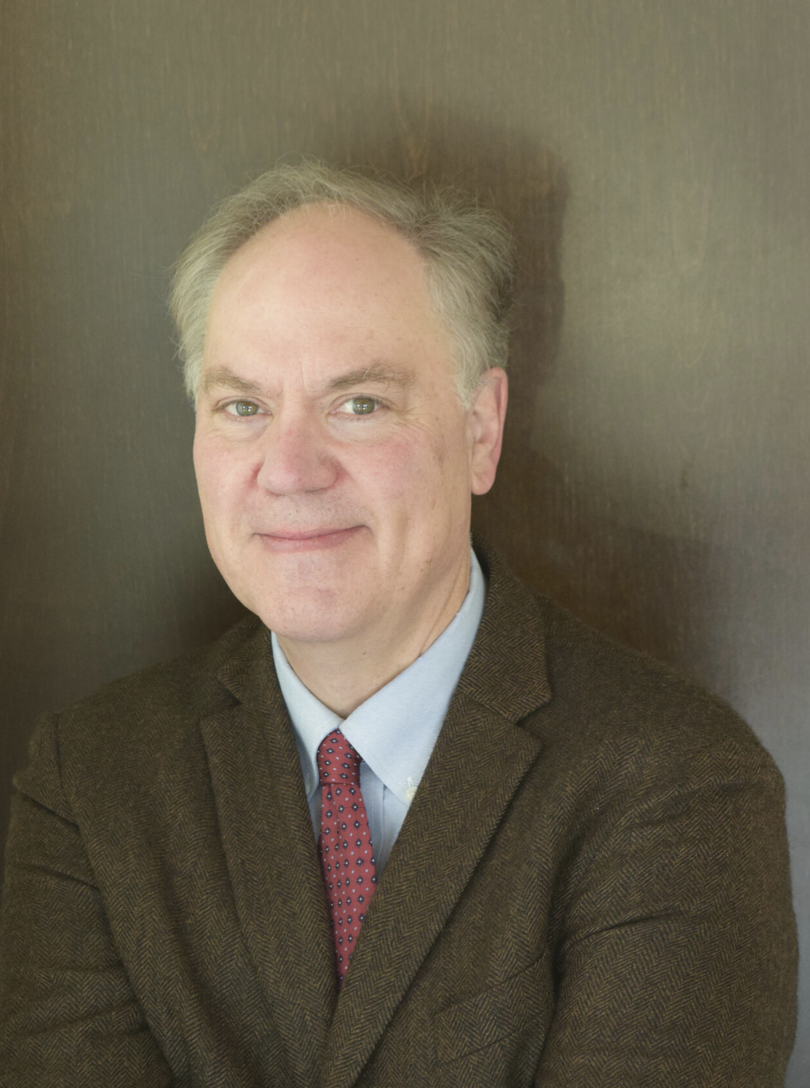 Andrew Zwerneman
Andrew ZwernemanSponsored by

 February 20, 2025
February 20, 2025Undergraduate education today has a direct influence on the who, how, and what in K-12 classrooms tomorrow. Many schools actively recruit teachers from institutions with reputations for producing graduates of high character and intellect, but it can seem like there are always more open teaching positions than qualified applicants. What can higher education institutions do to encourage and equip their graduates better for opportunities in the classroom? What can they learn from apprenticeship models? How can robust partnerships between K-12 institutions and higher education serve the classical education renewal? This panel will explore a variety of approaches to these questions and provide practical guidance for building fruitful partnerships.
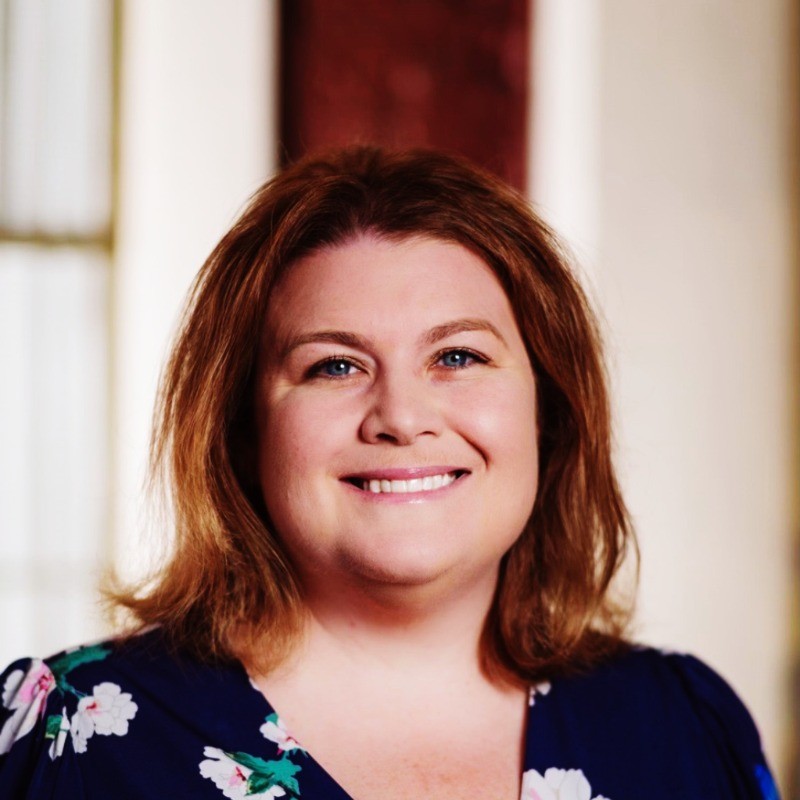 Erin Valdez
Erin Valdez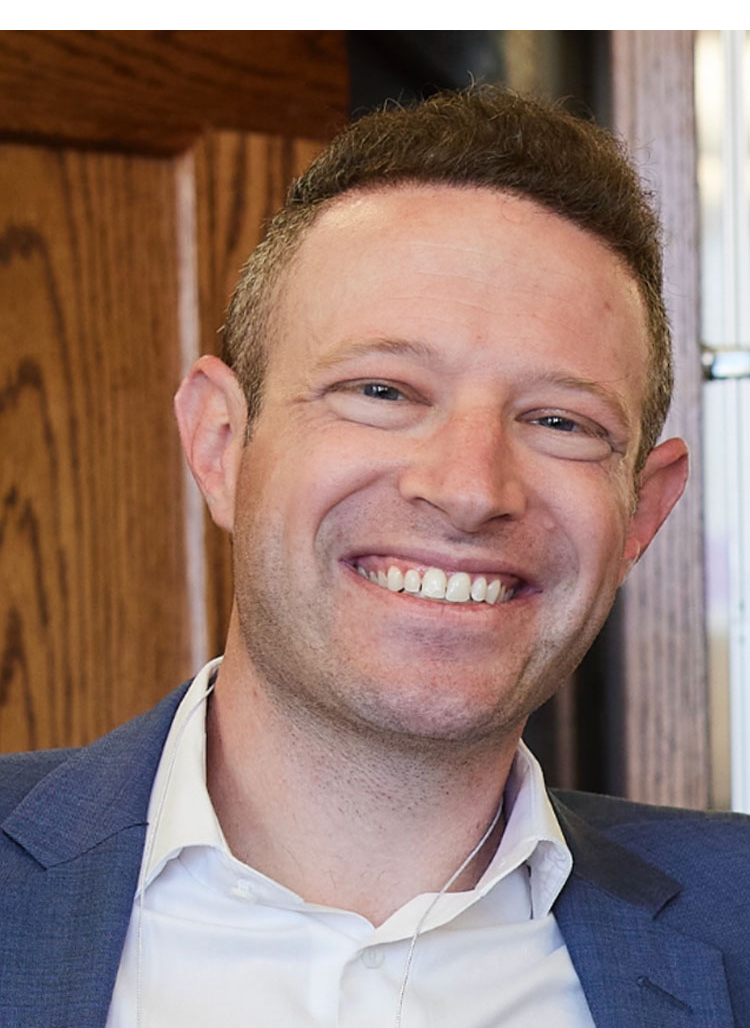 Andrew Porwancher
Andrew Porwancher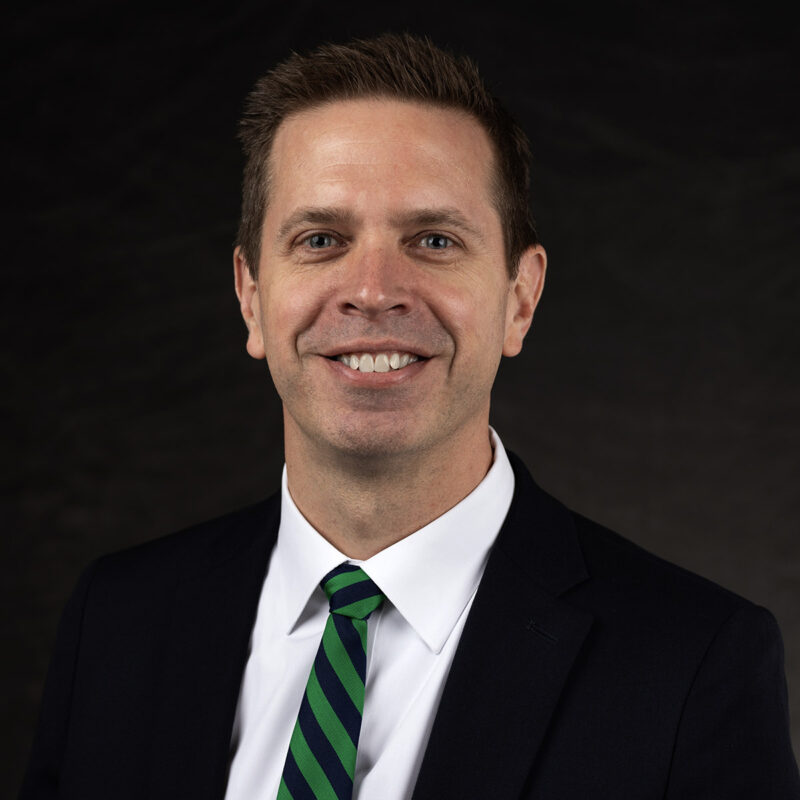 Daniel Coupland
Daniel Coupland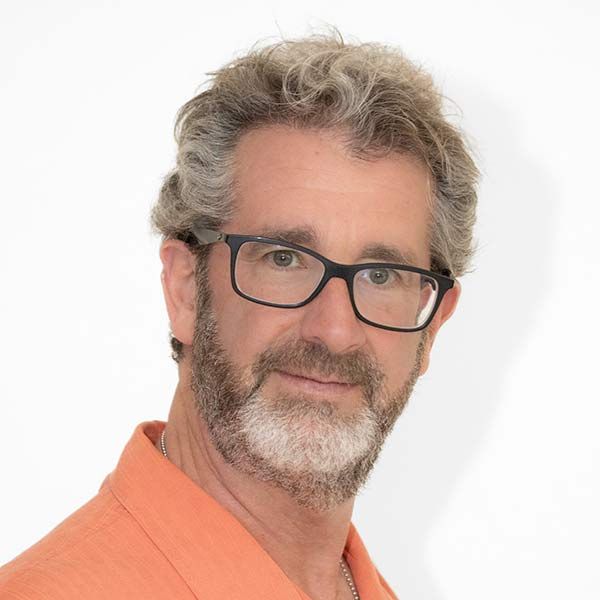 David Carl
David CarlSponsored by

 February 20, 2025
February 20, 2025Leadership is not for the faint of heart! It requires courage and prudence beyond one’s self; yet with over 50,000 books on leadership listed on Amazon and dozens of new leadership theories advanced over the past 100 years, where does one start?
As classical school leaders, we begin always with first principles—with the wisdom of the ages that has stood the test of time. This workshop will provide highlights from Great Hearts’ Apex Personal Leadership I course, which builds upon the wisdom of the three Delphic maxims inscribed in the Temple of Apollo: "know thyself," " nothing in excess," and "certainty brings ruin." Participants will consider classical lessons on personal leadership applied to modern leadership challenges in K-12 classical schools.
Dr. Dyer will share how the wisdom of Sophocles’s Oedipus the King, Homer’s Odyssey, Aeschylus’s Eumenides, and Drs. Donald and Louise Cowan’s Classic Texts and the Nature of Authority offer insights that can change one’s trajectory as a leader . . . and why a Fortune 100 company reached out to her when modern leadership theories fell short.
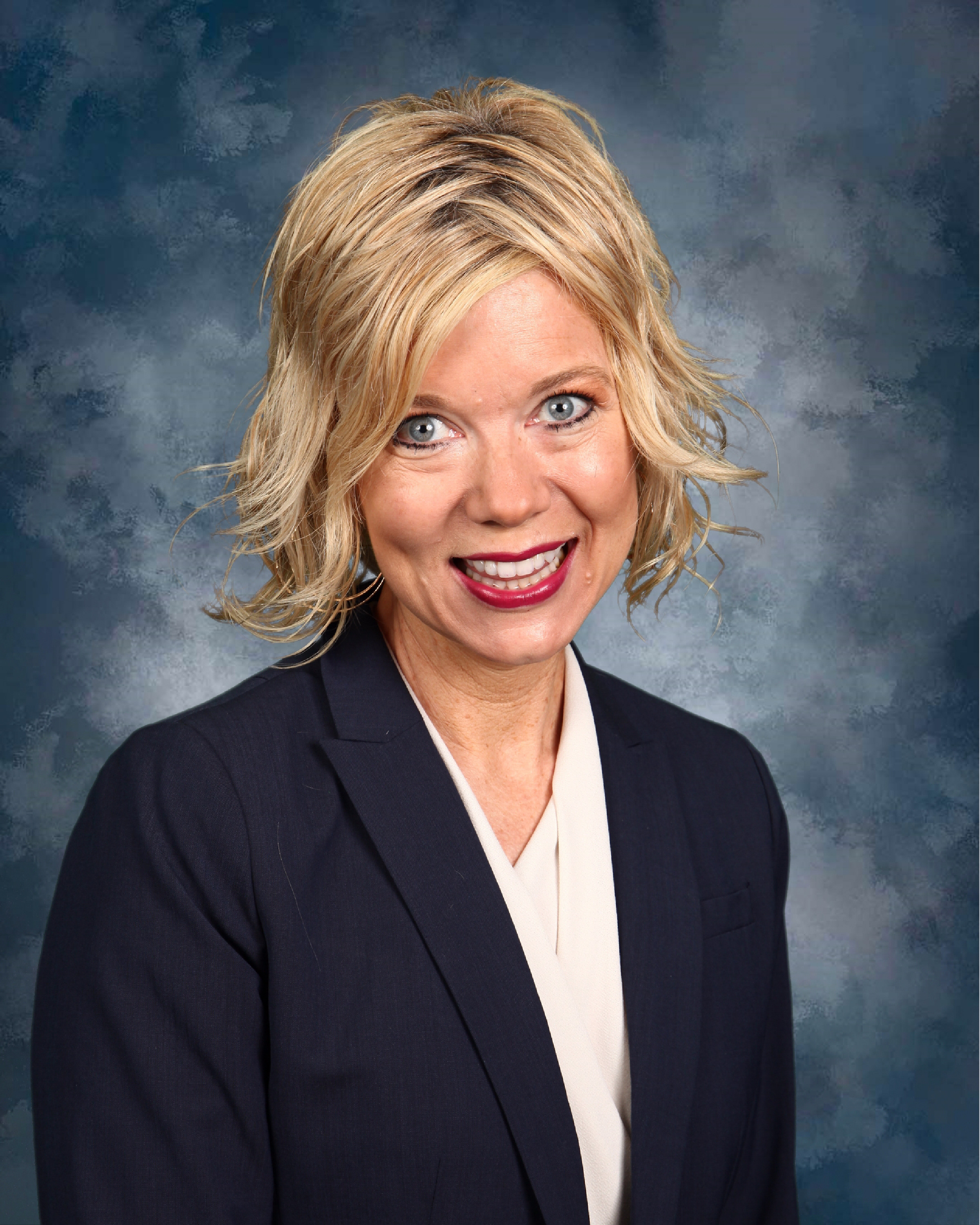 Amber Dyer
Amber DyerSponsored by
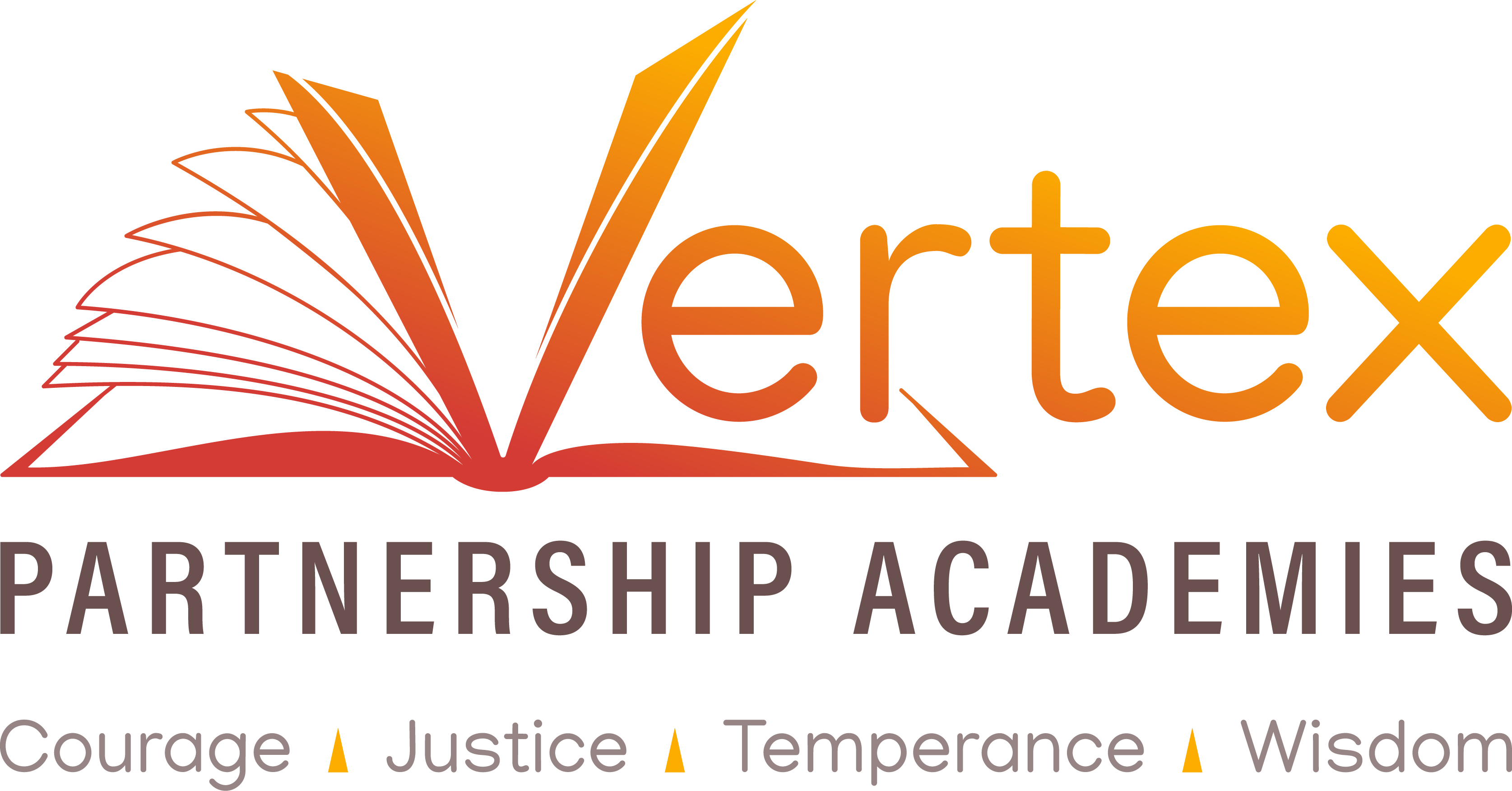
 February 20, 2025
February 20, 2025Explore how anchor tasks ignite curiosity and cultivate wonder in the math classroom using Singapore’s approach to mathematics. By connecting students' prior knowledge to new conceptual learning, these opening tasks serve as powerful tools for deeper understanding. Participants will analyze student work and discover how to refine their own teaching craft, customizing lessons that showcase and elevate student thinking. Participants will learn to implement anchor tasks that inspire engagement through various research-based methods and drive conceptual growth for a variety of learners.
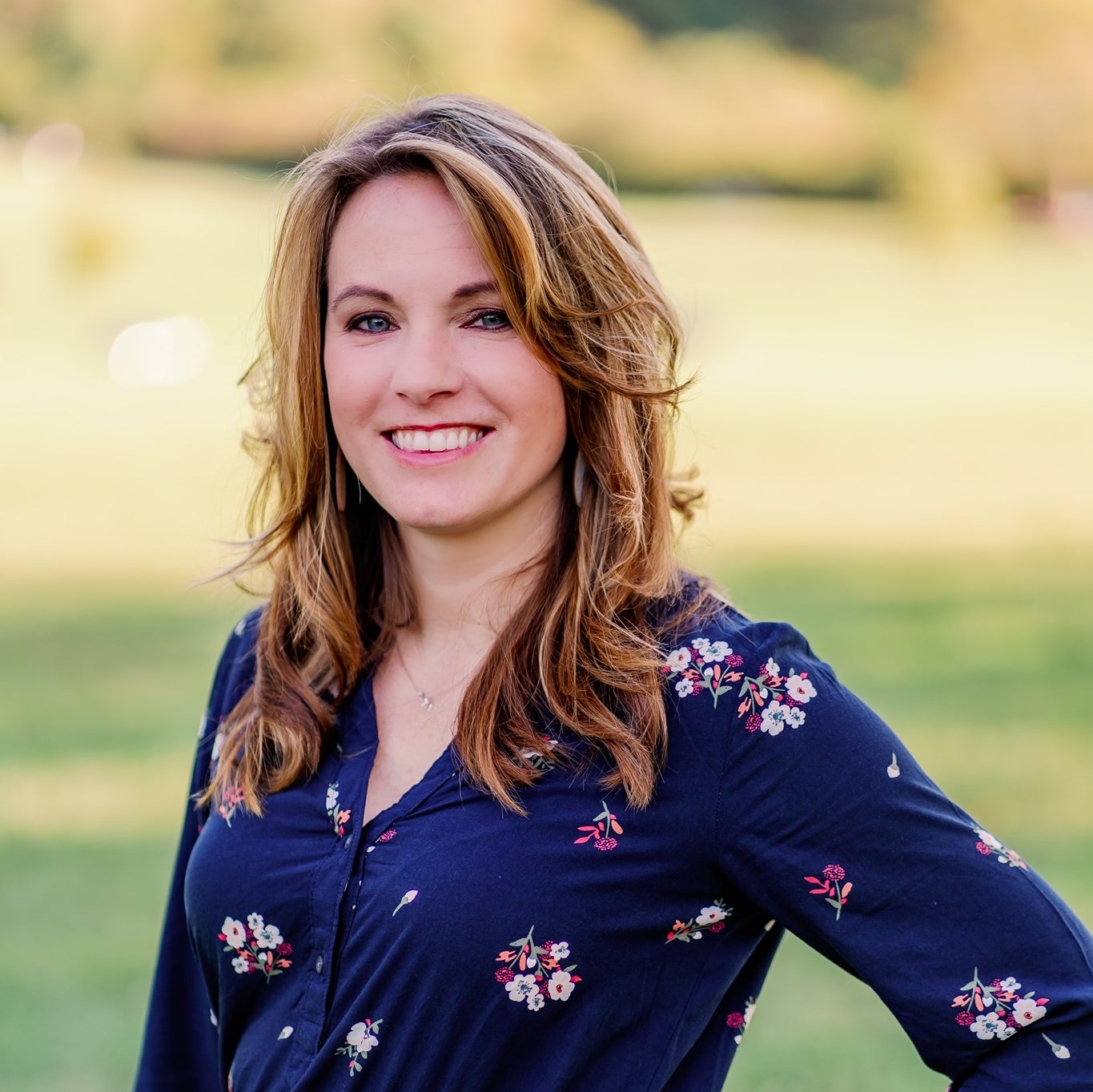 Jessica Kaminski
Jessica Kaminski February 20, 2025
February 20, 2025When I studied physics in school, the theories and equations I was taught were always sure and confirmed. We were not invited to wonder. But right at the heart of those theories, there are deep questions that are never asked. Raising these questions engages the imagination and brings life to physics. It allows students to consider physics as a field which is open and interesting, not fixed and final.
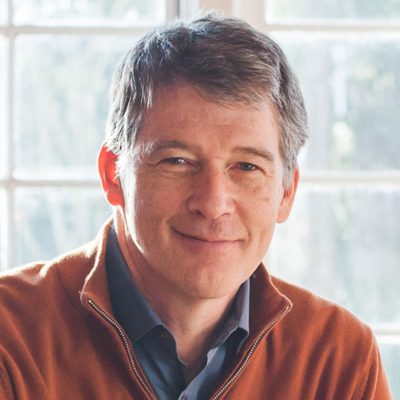 Chris Swanson
Chris SwansonSponsored by

 February 20, 2025
February 20, 2025Teachers are crucial arbiters of wonder and tone in their classrooms. In this session, participants will consider the balance of cognitive load amongst teacher and students, and how and when should we reduce cognitive load. By utilizing strategies like generation, retrieval, and elaboration, we not only ensure that students are encoding learning to long-term memory, but also make space for further wondering.
 Mary Chin
Mary ChinSponsored by
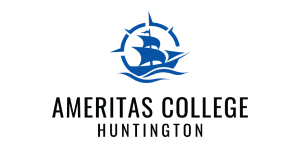
 February 20, 2025
February 20, 2025Humans are dreamers by nature, and, alone among all of nature’s creatures, we are driven to try to realize what we dream. But where do dreams come from, and how do we keep the pathways to and from that place well-trodden, that we may be a people of dreams? They come from the heart, and they are especially prodigious in young hearts whose shores are regularly washed in the surf of wonder. The task of being human thus includes cultivating and guarding hearts full of wonder, which is a fountain of youth for the heart. And so the task of educating must be above all concerned with wonder: displaying it, responding to it, admiring it, protecting it. Together we will explore the dynamics of wonder and imagination both in the development of culture and in the formation of the soul.
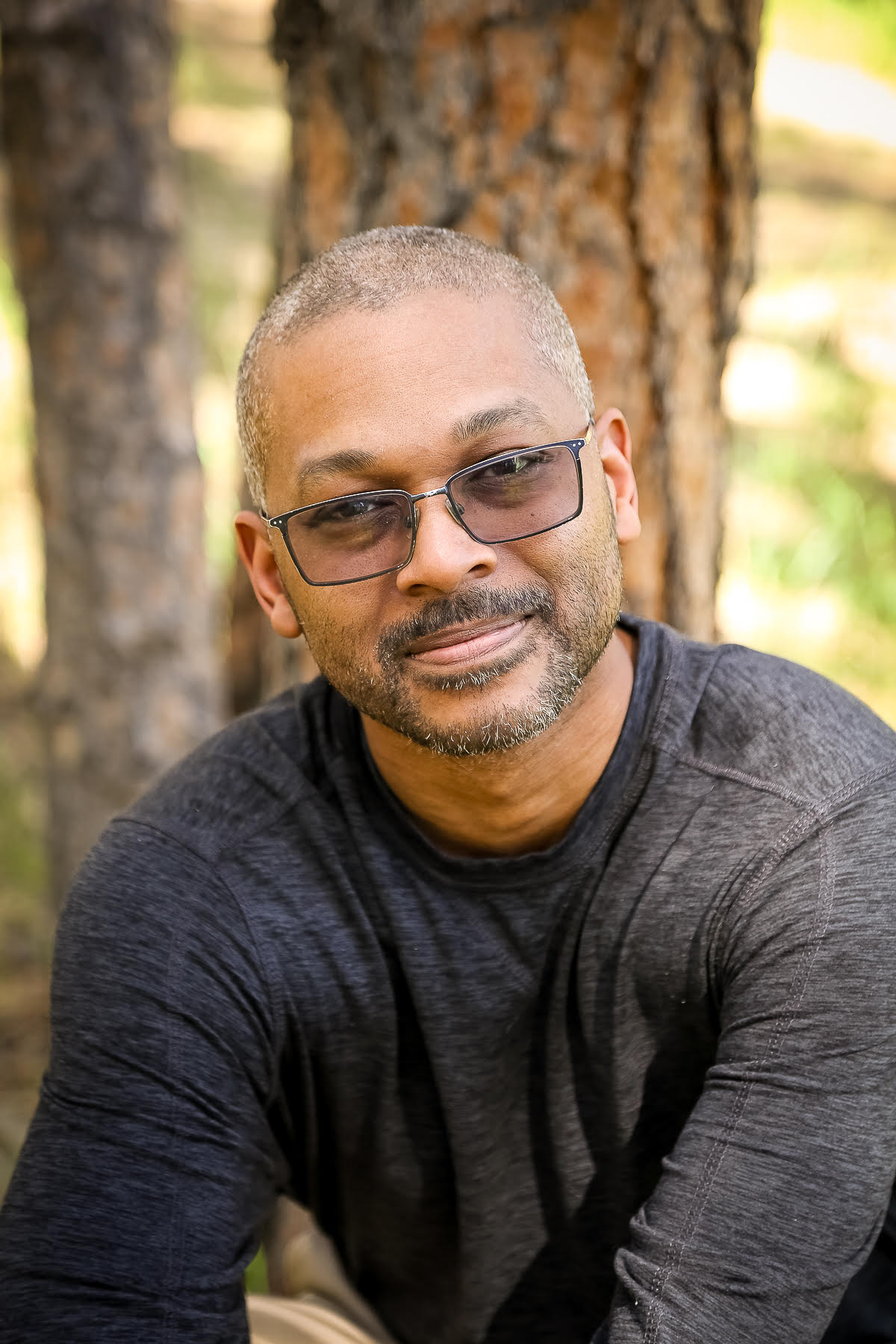 Junius Johnson
Junius JohnsonSponsored by

 February 20, 2025
February 20, 2025Have we forgotten Jerusalem, even as we remember Athens and Rome? Classical education has rightly focused on the Greco-Roman tradition and its medieval branches, and has also inspired students with an understanding of how Christianity built the West. We often fail, however, to recognize that the West was born through the transfiguration of Greco-Roman culture through a Jewish lens. The Greeks saw man as capable of searching for himself, but it was the Jews who insisted that God Himself is in search of man, giving us an imperative to join the search. This covenantal understanding allowed for a fundamentally new view of man and provided humanity with a new sort of wonder: the realization that, while but dust and ashes, man fills the role of a partner in divine creation. What could be more wonderous than the implication that man stands at the center of creation - indeed, that every man can say, as the ancient Jewish sages put it, that the world was created for me? It was this poetic intuition that formed the background for the development of Christianity. Nevertheless, classical schools usually fail to impart to our students even a basic knowledge of Judaism, let alone a sense of the divergent worldviews held by Jews and pagans. This talk will offer an explanation of how our civilization depends upon developments that originate in Judaism, before discussing opportunities to round out classical education with a more thorough treatment of Judaism and the Jewish people in the ancient Near Eastern, Hellenistic, and Roman worlds.
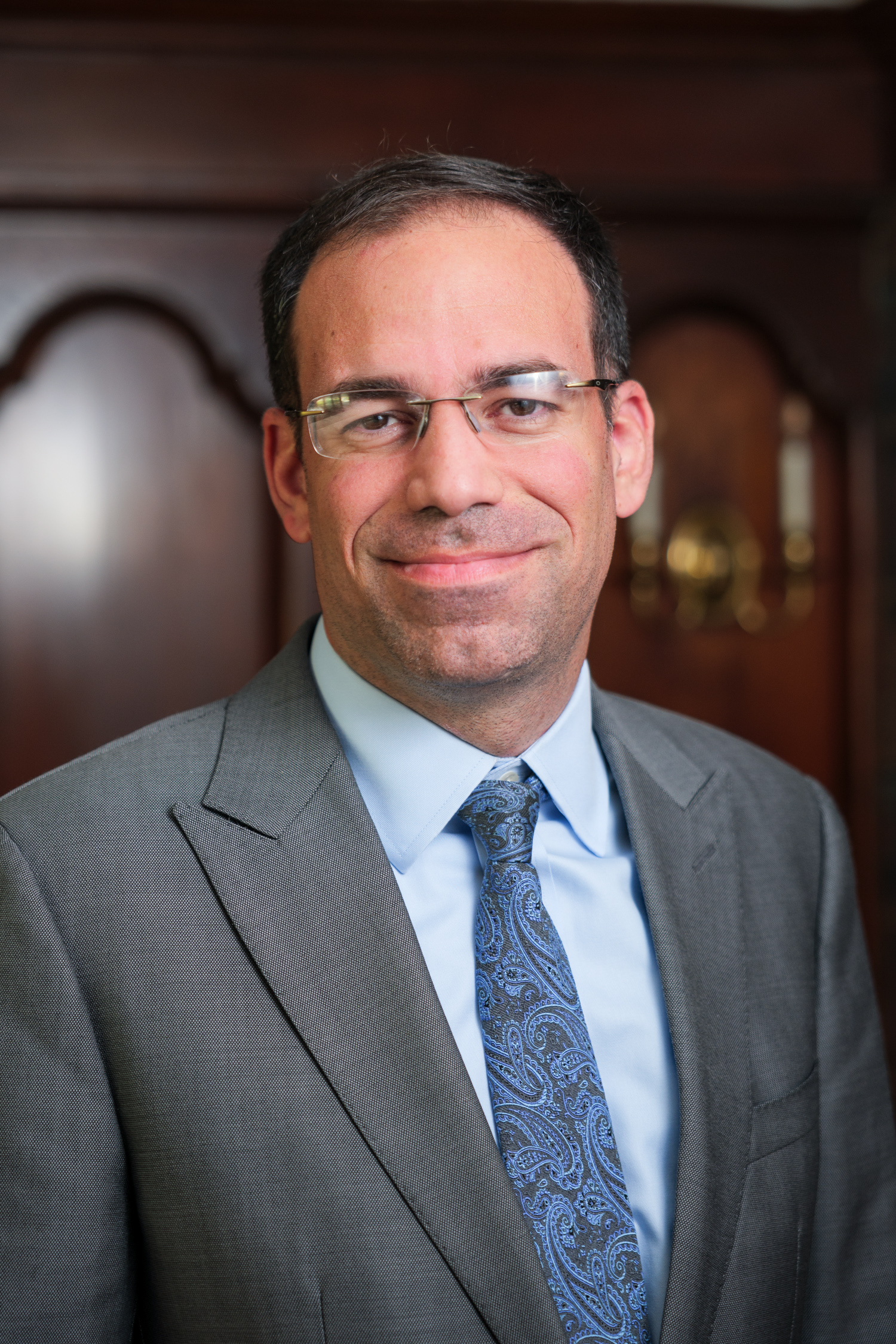 Mitchell Rocklin
Mitchell RocklinSponsored by

 February 20, 2025
February 20, 2025 February 20, 2025
February 20, 2025Classical education is predicated on the notion of a "canon" of great books, foundational texts, and ideas, but how does the canon evolve? How should Classical schools think about "the tradition" when making curricular decisions about which books to include in the curriculum? Should the canon be closely guarded? Should it be expansive? Join us for a conversation about how we should decide which books are great and should be included in the canon?
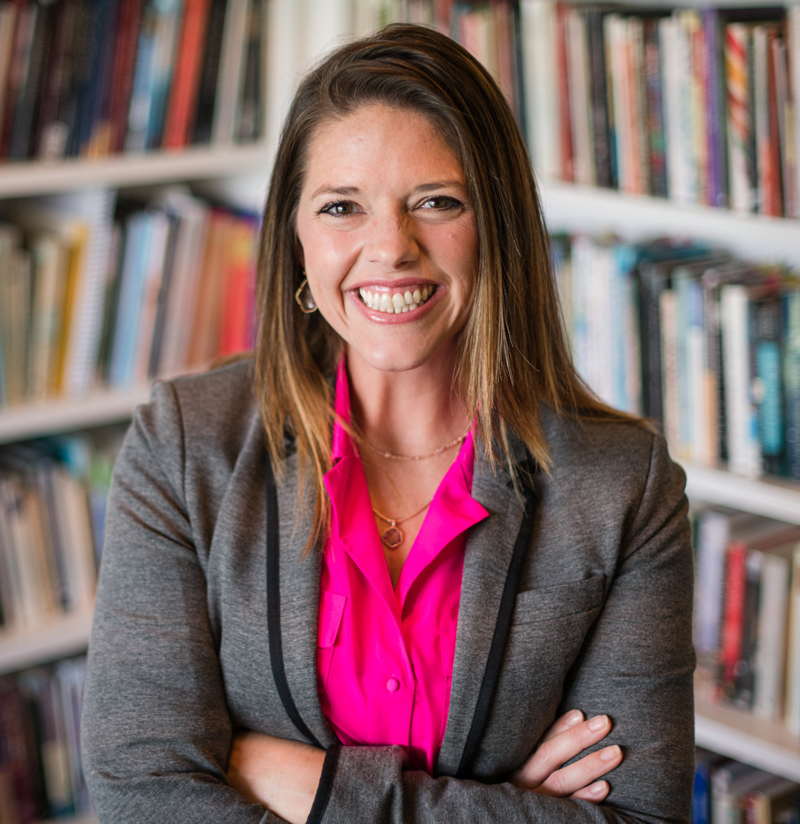 Jessica Hooten Wilson
Jessica Hooten Wilson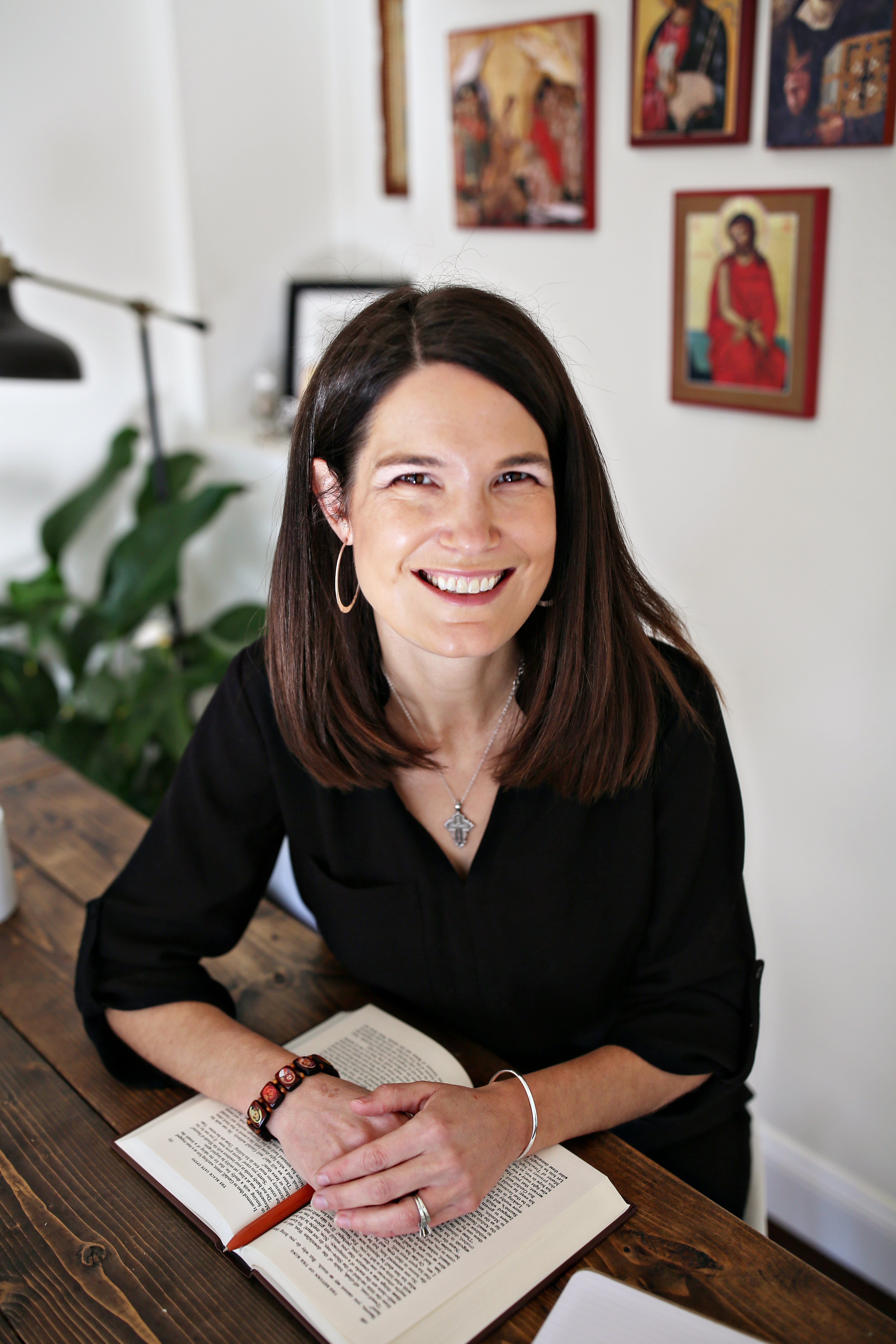 Heidi White
Heidi White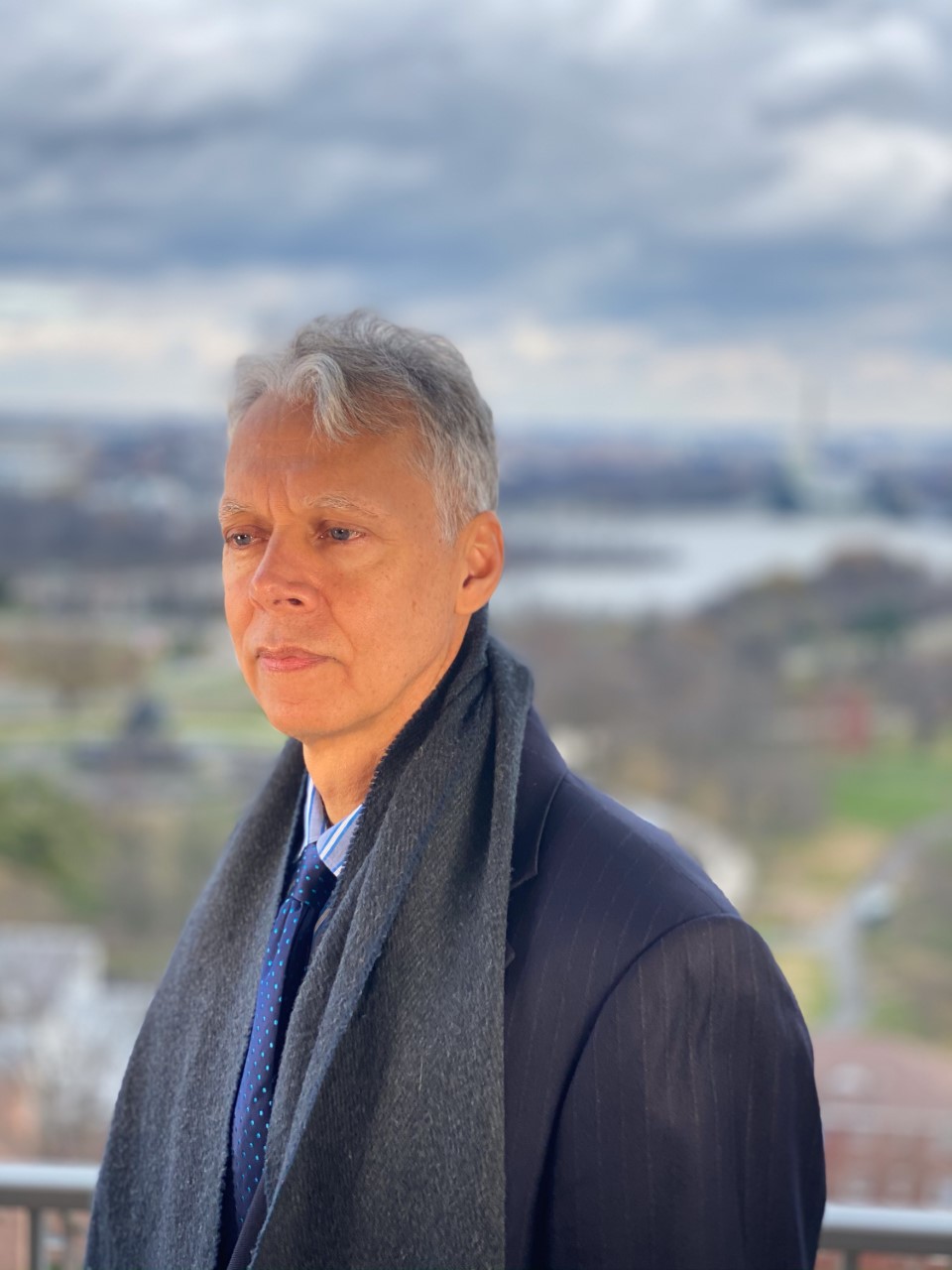 Mark Bauerlein
Mark Bauerlein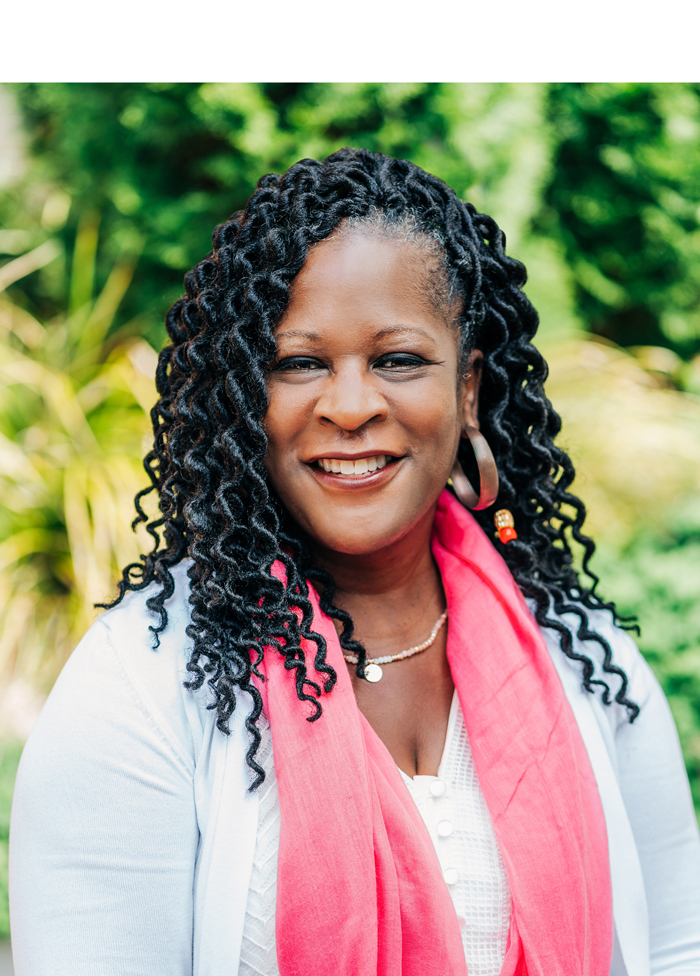 Anika Prather
Anika PratherSponsored by

 February 20, 2025
February 20, 2025You have been tapped to lead a project. You are excited to get meaningful work done, but you don't have formal authority to direct the people or resources. Now what? In this session, we will look at leading with influence when you are assigned the task but not the title. Looking at classical principles of phronesis (practical wisdom) and modern principles of leadership and change management, we will think together about how we can get stuff done while loving people well. Come ready to think about an actual change you want to make in your organization.
 Jerilyn Olson
Jerilyn OlsonSponsored by

 February 20, 2025
February 20, 2025The arts of number make up four-sevenths of the liberal arts. More than that, there is something unique in the human soul that can only be satisfied by wondering about mathematics. Why is it then that a "classical approach" to mathematics seems to be an enigma for many schools? This talk seeks to begin the conversation by outlining a few principles of curriculum and pedagogy for the discipline. With any luck, it will do more than that. It will also bring the audience along a journey through the discipline using the lens of truth, goodness, and beauty, and leave all of them wanting to become teachers of mathematics, thereby also solving the teacher pipeline problem.
 Jake Tawney
Jake TawneySponsored by

 February 20, 2025
February 20, 2025According to Socrates, wonder is the only starting point for the love of wisdom. Thankfully, there are many ways to call forth wonder, one of which is logic, a fact recognized in classical education by the central place given to the study of logic in the curriculum. But logic evokes wonder only if it is taught dialectically through discussion centered on the ancient practice of question and answer. Students who learn logic dialectically become full of wonder because they learn to recognize and work with valid deduction, a fundamental feature of the world inaccessible to our sense perception. It is preeminently in the study of logic, properly taught, that students exercise their rational capacity for wonder and begin to take their first steps into the life of the mind.
This presentation will explain why logic has been and should continue to be a central part of classical education, how it should be taught, and how the study of it can be integrated across a liberal arts curriculum. It will be of interest to teachers at every level and subject (though of primary interest to teachers of logic) as well as educators who are responsible for curriculum design. It will also include practical suggestions of how to teach logic and how all teachers can include dialectical education in their subjects.
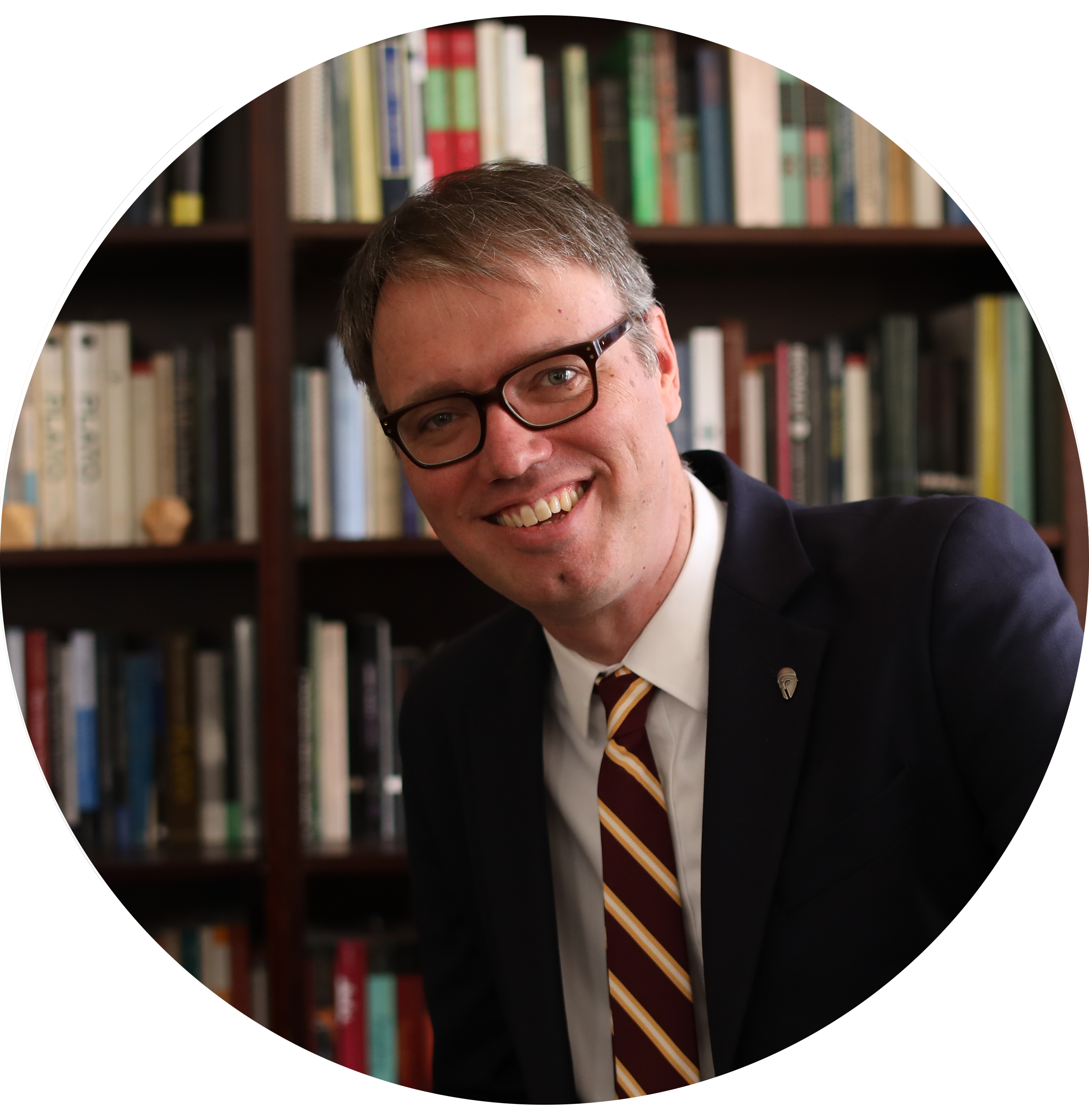 Gary Hartenburg
Gary HartenburgSponsored by

 February 20, 2025
February 20, 2025"Everyone who enters our world of culture seeks for guidance. But the guidance is there in the culture itself. . . [T]he pupil must acquire, as soon as possible, the idea of a classic—a ‘touchstone,’ as Arnold called it—in other words, a work whose significance endures across generations and provides a point of comparison for other and lesser creations."
—Roger Scruton
Humane letters, the heart of our students’ cultural heritage, open up the world for young readers. Classic expository texts bring them face to face to wonder about what is mysterious and difficult to understand. Students are challenged to wonder why it is so hard for the young interlocutors in Plato’s Republic to see whether it is better to live justly or unjustly? What is it in the city in speech that frees them to see what they could not otherwise see? The great imaginative works turn our students’ attention to the many oscillations in the human heart. What motivates Dante early in the Inferno to eagerly ask of the souls their stories? What is it about his accrued experience that prepares him for the lower circles and motivates him to treat the souls he finds there with a firmer line of interrogation? These are the kinds of inquiries that the great texts afford our students.
Seminars are the perfect environment to wrestle with these weighty matters in search of adequate answers, driven by excellent questions. Questions are the foundational method for eliciting wonder. This workshop will introduce participants to the seminar. Then, we will try our hand at two examples of eliciting wonder concerning two different classic works: one expository, one imaginative (TBA). Each participant will receive a complimentary copy of Cana Academy’s guide, A Lively Kind of Learning: Mastering the Seminar Method.
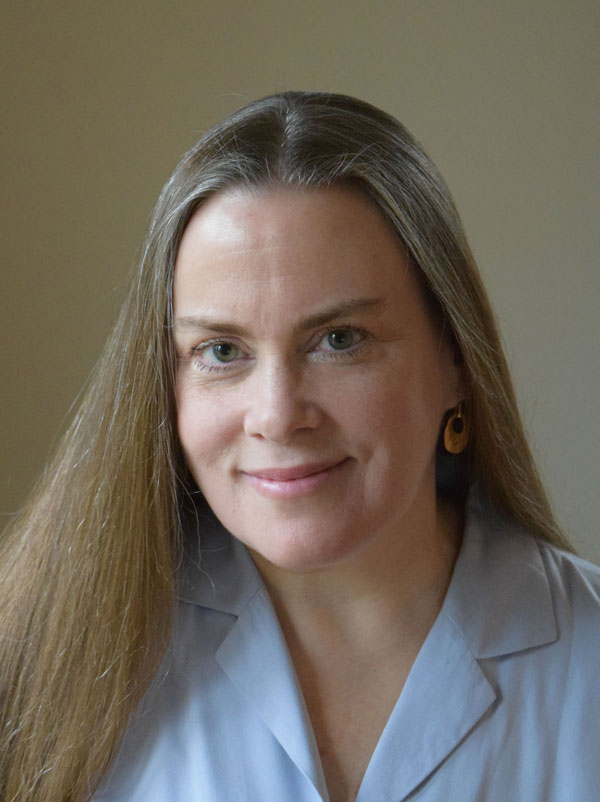 Jeannette DeCelles-Zwerneman
Jeannette DeCelles-ZwernemanSponsored by
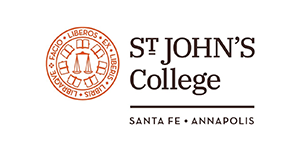
 February 20, 2025
February 20, 2025In this hands-on workshop you will get your hands dirty and draw with charcoal and engage in the wonder of creating.
Brighton Demerest-Smith will be on hand to guide and direct participants toward wonder through learning to see well and translate that sight into a drawing. This workshop is for anyone who wants to draw, regardless of skill or past experience.
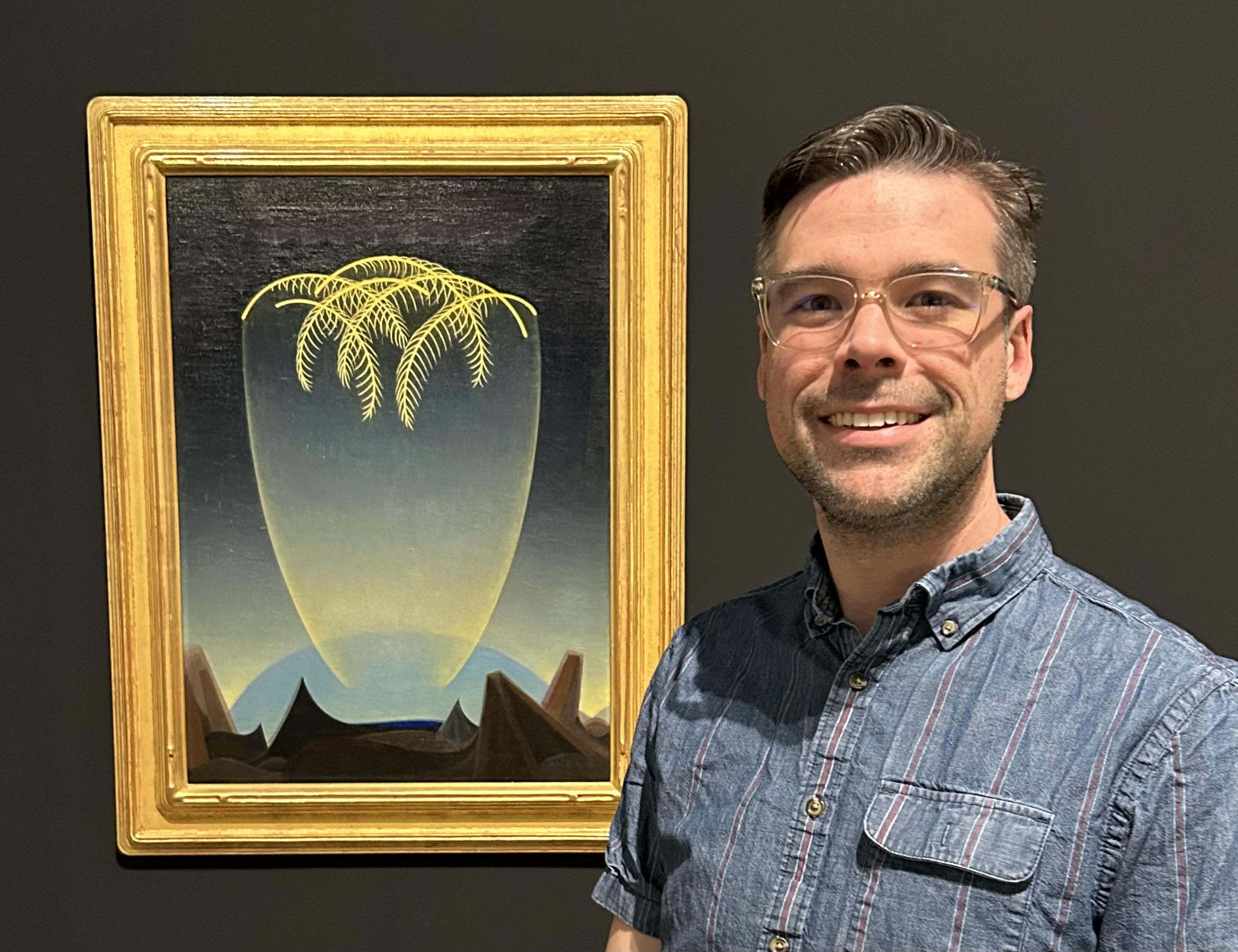 Brighton Demerest-Smith
Brighton Demerest-SmithSponsored by
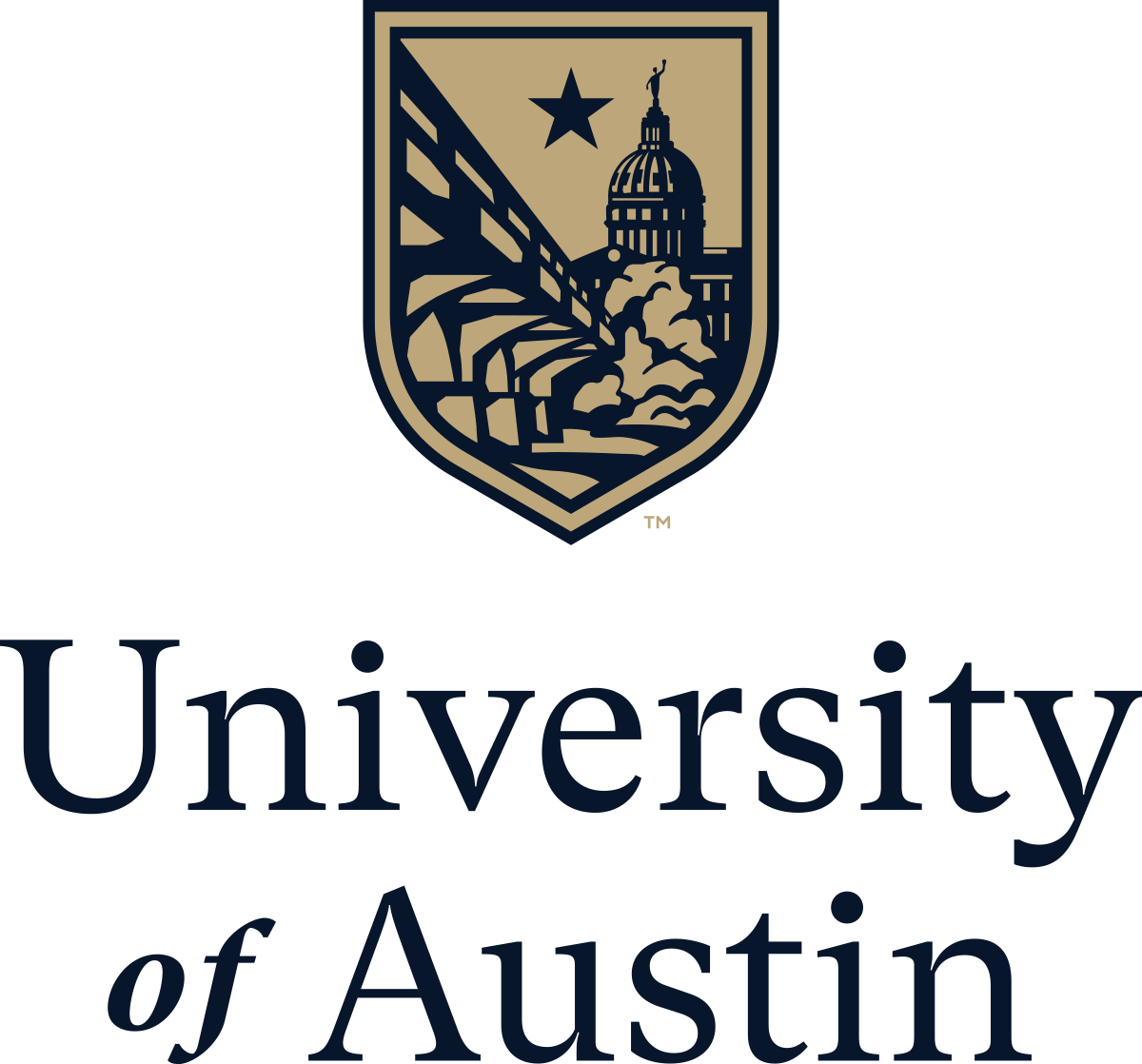
 February 20, 2025
February 20, 2025The question of how Latin should be taught is often fiercely debated on social media. On one side of the debate are those who believe that grammar must first be thoroughly mastered in isolation, and that the goal of learning Latin is to translate classical texts from Latin into English. On the other side are those who draw on principles of Second Language Acquisition, emphasizing that to master a language, students need ample comprehensible and compelling input as well as opportunities for meaningfully interacting in the language. But in many ways, this issue is not debated widely enough in classical education circles. Latin is often simply offered because it’s a "must have" for a classical school, and Latin teachers often teach the way they do only because that’s how they learned it. Questions such as what it means to teach Latin classically, what constitutes appropriate goals for studying Latin, and what the best ways are to achieve those goals are seldom discussed at length.
This panel provides an opportunity for a collegial discussion of this topic. Each panelist will give a 5-minute "credo" on the topic, then briefly respond to each other, and then open the discussion to include participants.
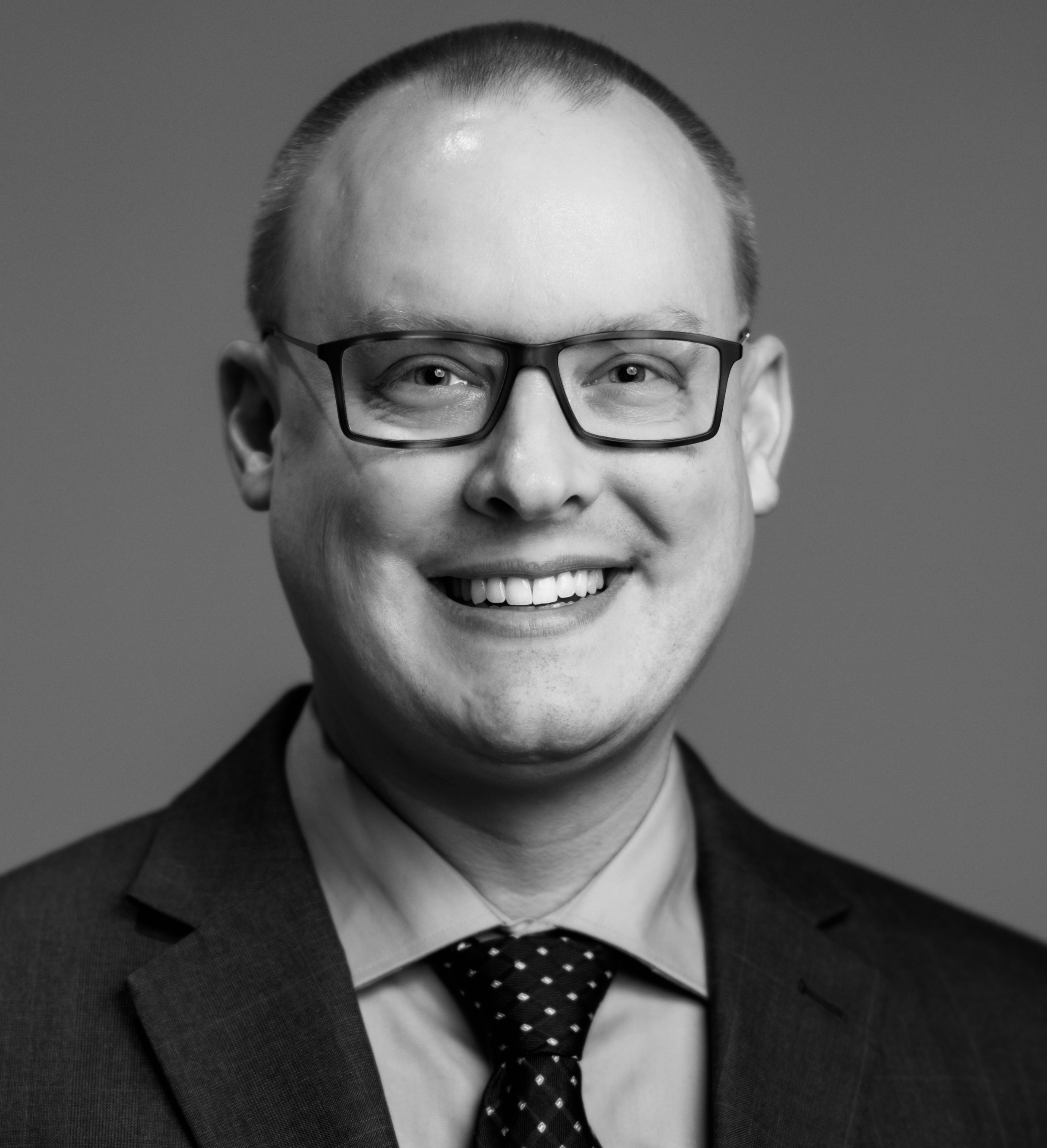 Luke Patient
Luke Patient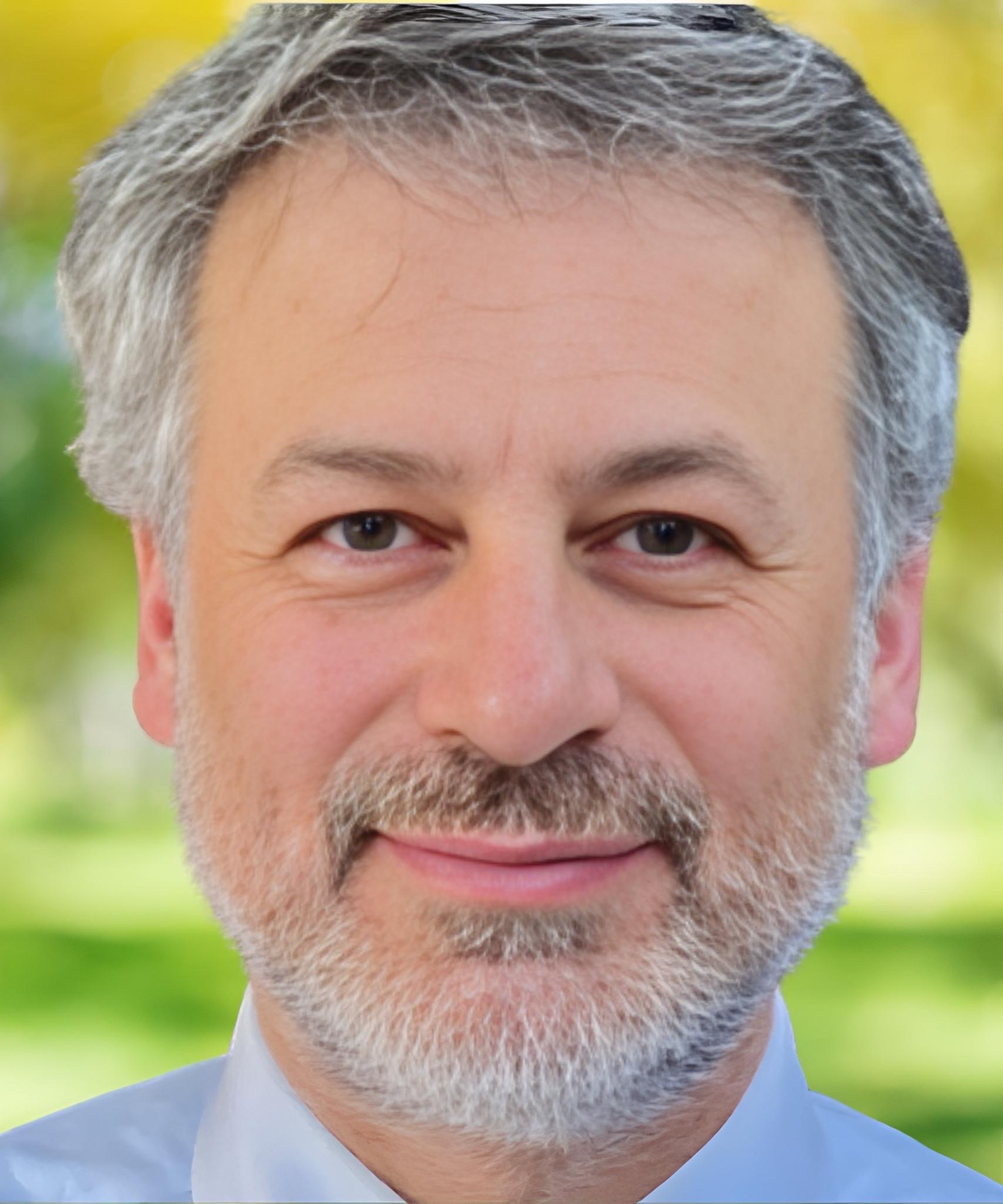 J. Sebastian Pagani
J. Sebastian Pagani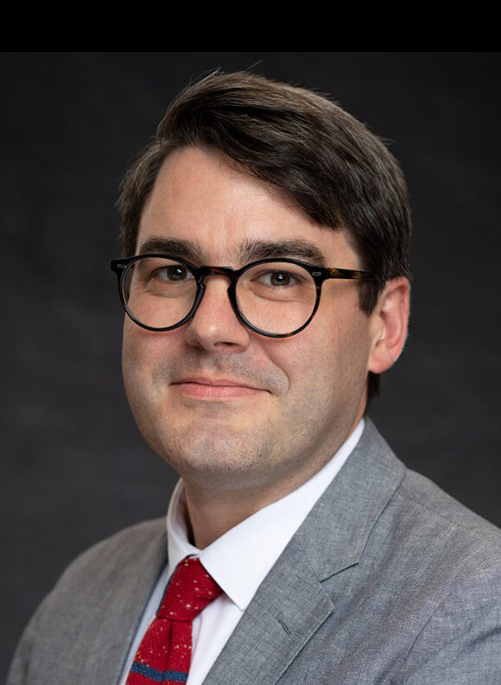 Erik Ellis
Erik Ellis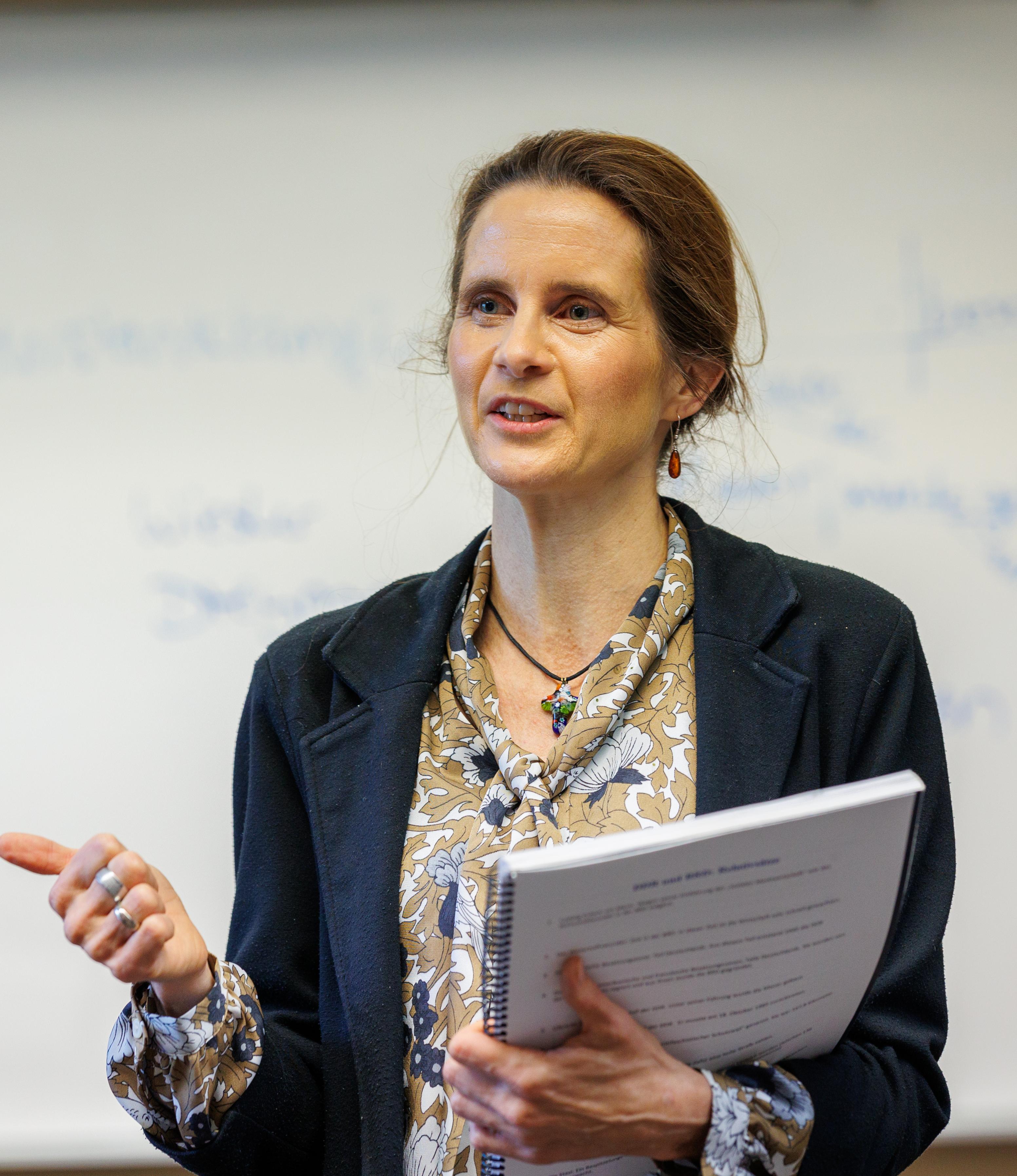 Laura Eidt
Laura EidtSponsored by
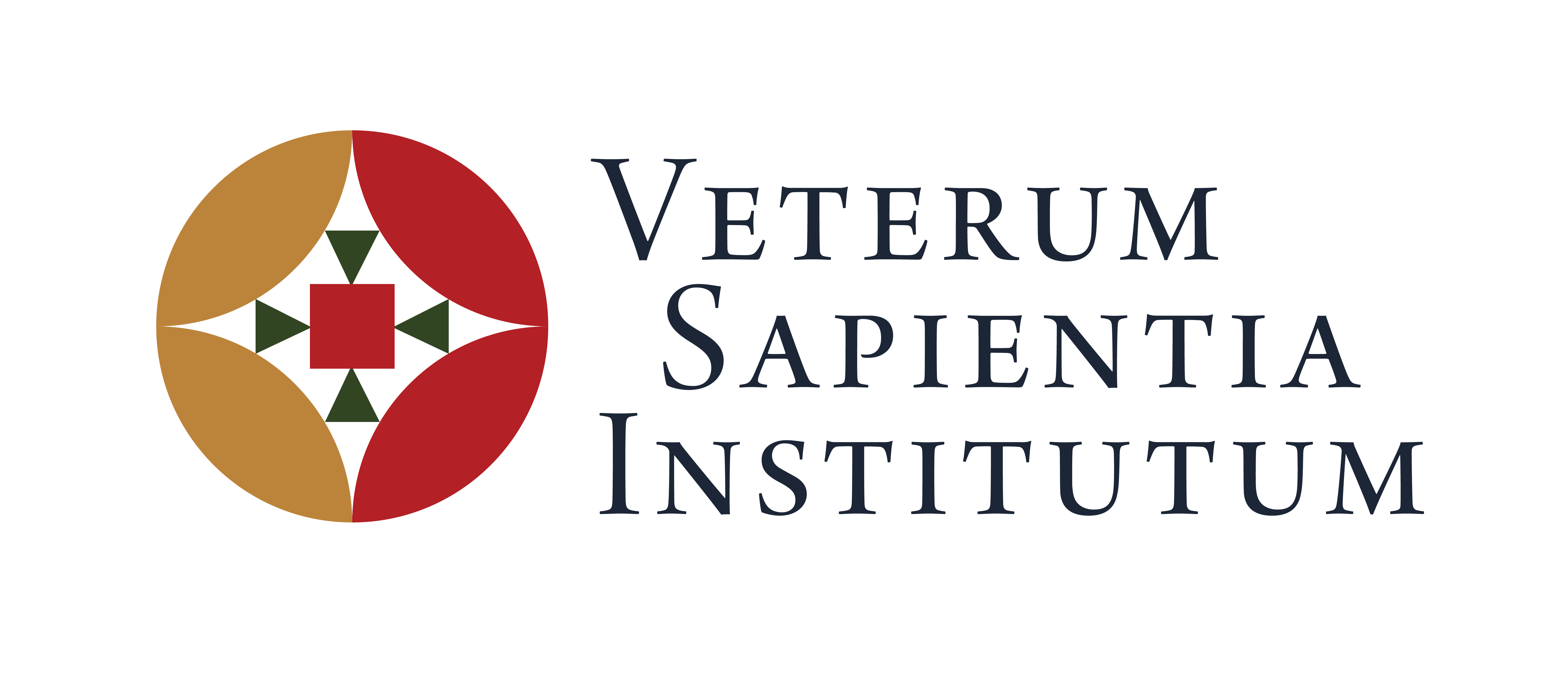
 February 20, 2025
February 20, 2025Effective, comprehensive reading instruction includes both a focus on word recognition and language comprehension. Many literacy programs aligned to the Science of Reading provide robust, systematic phonics instruction, particularly at the early grades. When it comes to reading comprehension, however, it is important for educators to understand it is not a standalone skill that can be directly taught through strategies or drills. It emerges from a reader’s background knowledge, vocabulary, and understanding of the world, which enables them to contextualize information. Thus, a broad and rich curriculum, which builds knowledge across various subjects, is crucial for fostering true comprehension. Without this foundation, teaching comprehension strategies in isolation may yield disappointing results, even with effective word recognition instruction. Shifting reading comprehension instruction from generic reading strategies to content-rich curriculum, in tandem with appropriately-sequenced phonics instruction equips students with the knowledge, vocabulary, and context they need to deeply understand and engage with texts.
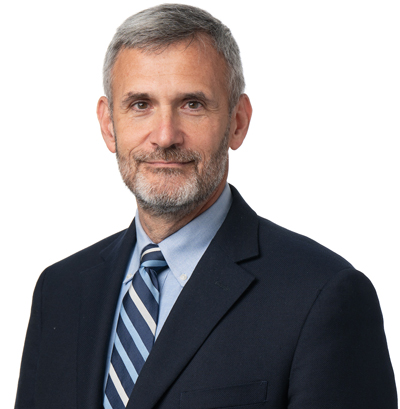 Robert Pondiscio
Robert PondiscioSponsored by

 February 20, 2025
February 20, 2025Education, Plato says, begins with the gymnastic and the musical. Why? Because through the body's unmediated contact with the natural world and through the experience of song and poetry, the student forms deep wondrous experiences that spark and sustain the journey from wonder to wisdom. Increasingly, however, educators and social scientists (like Jonathan Haidt) are noting that modern students, lacking engagement with the natural world and increasingly absorbed on their screens, are lacking the fundamental conditions that education, but especially classical education, presupposes. Educators increasingly need to actively cultivate the conditions necessary for the students to be born in wonder. While Wyoming Catholic College has become increasingly known for its policy that requires its students to fast from their cell phones for the semester, that cell phone fast is only for the sake of allowing students to have an immersive experience in nature, in poetry, and in song. By creating such an environment, educators can provide the necessary conditions that Plato saw as the foundations for transformative education. Giving examples from work with high school and College students, President Washut will describe the benefits to classical education that come from actively cultivating "gymnastic and musical" education, and offer some practical simple steps that the classical education movement can take to recapture a wonder based experiential education for the students entrusted to them.
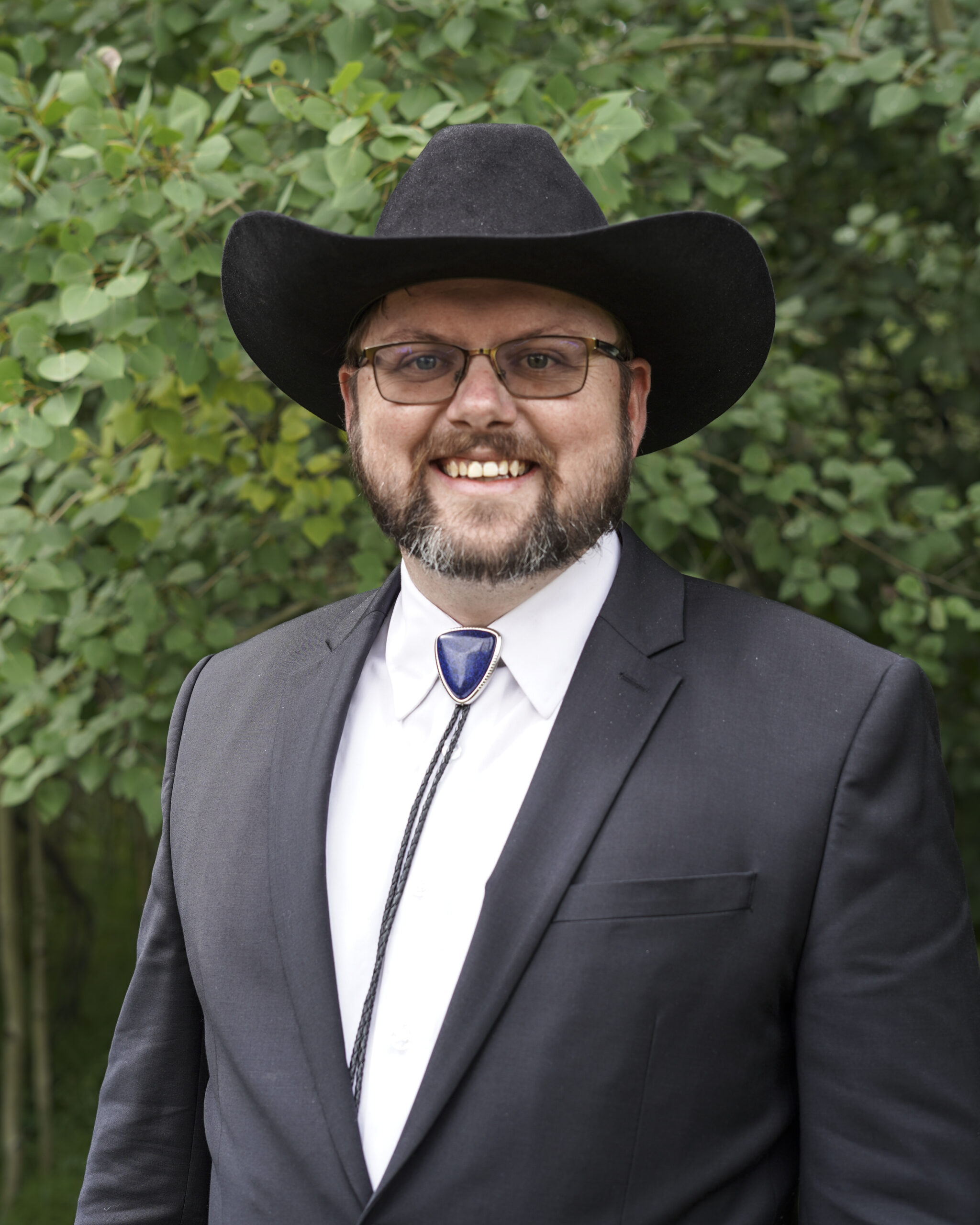 Kyle Washut
Kyle WashutSponsored by

 February 20, 2025
February 20, 2025What is it that allows children to live in the present, and to wonder at the world? To play? To have leisure in engaging in projects, which they enjoy? And what happens to us, to nearly every person, that squeezes and presses it out of us, so that we become utilitarians? How did we get here?
It isn’t as if we’ve never known how to learn with pleasure. Adults sense that we are valuable insofar as we are productive; children, in contrast, live in the present, which is why they are sometimes so difficult for adults to handle. I often hear from my daughter, "Mom you’re not very good at playing!" I wonder whether it is possible for adults to recapture the spirit of play.
In an essay entitled "On Early Reading," the nineteenth-century writer Walter Bagehot commented that "[y]outh has a principle of consolidation; we begin with the whole. Small sciences are the labors of our manhood; but the round universe is the plaything of the boy. His fresh mind shoots out vaguely and crudely into the infinite and eternal."
In this workshop I will talk about children, early reading, leisure and wonder.
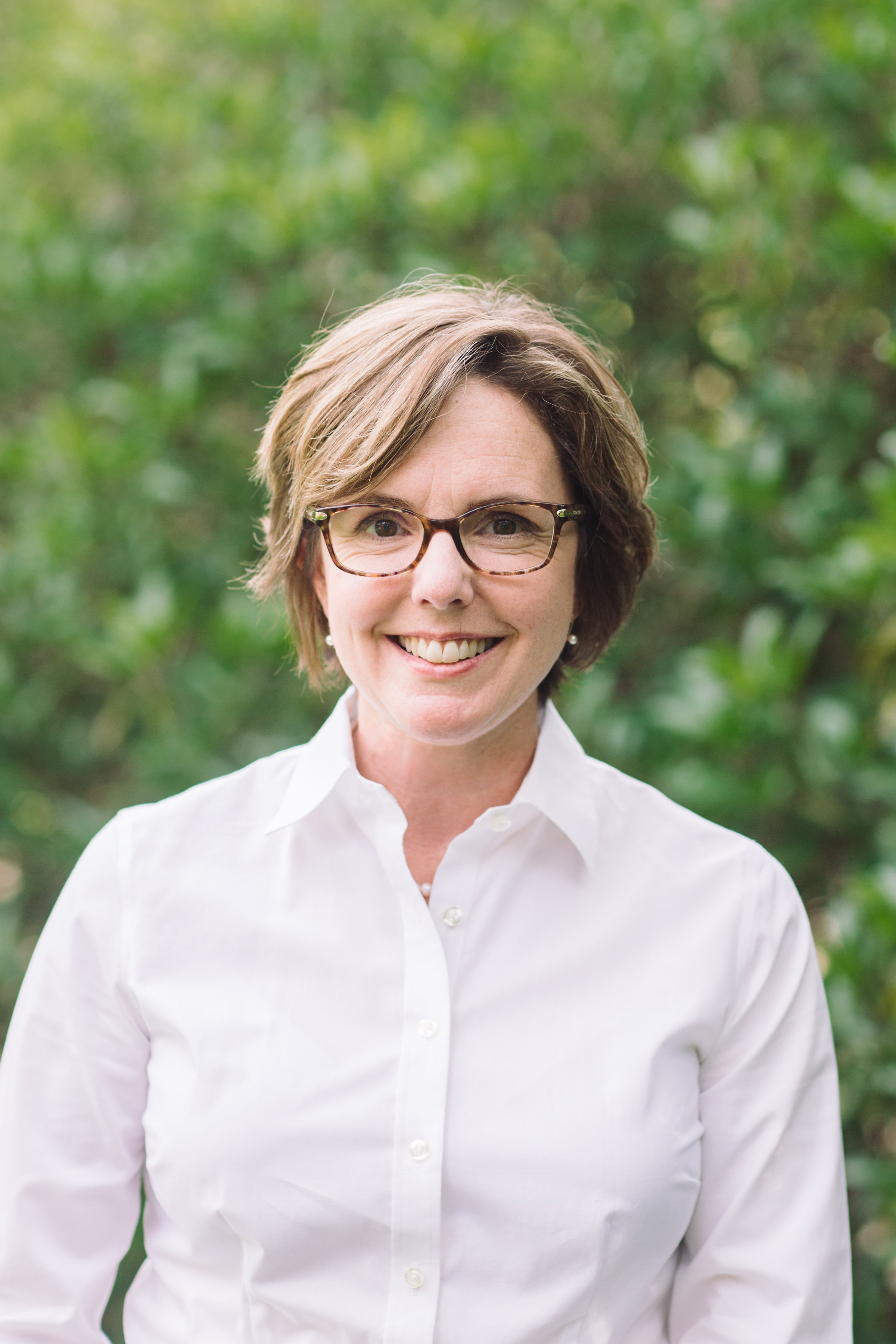 Elizabeth Corey
Elizabeth CoreySponsored by
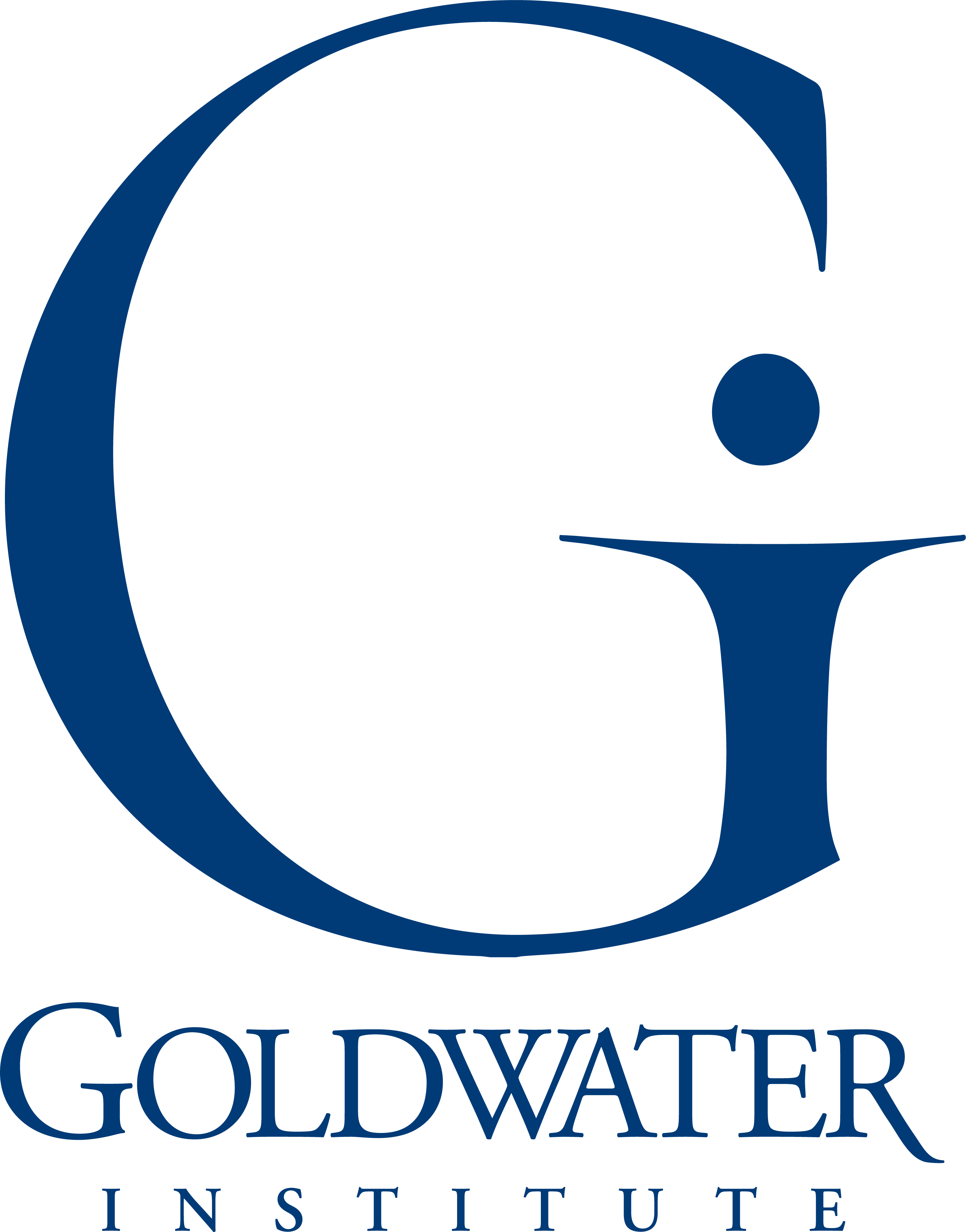
 February 20, 2025
February 20, 2025 February 20, 2025
February 20, 2025Niccolo Machiavelli tells readers of The Prince that great rulers should imitate the examples of other great rulers. Does that apply equally to those who aspire to ruling in a democratic republic? Yes, it certainly does. Teachers can educate their students about certain habits and beliefs that successful democratic leaders exhibit and possess, thereby improving their ability to discern who is best suited to govern and inspiring the most politically ambitious of their charges to emulate those examples. This talk draws mainly from American political history and will explore how Thomas Jefferson, Abraham Lincoln, Franklin Roosevelt, and Ronald Reagan created new political modes and orders through their rhetoric and statecraft. It concludes by offering some concrete rules that all of these great figures implicitly adhered to, showing that there is such a thing as democratic statesmanship.
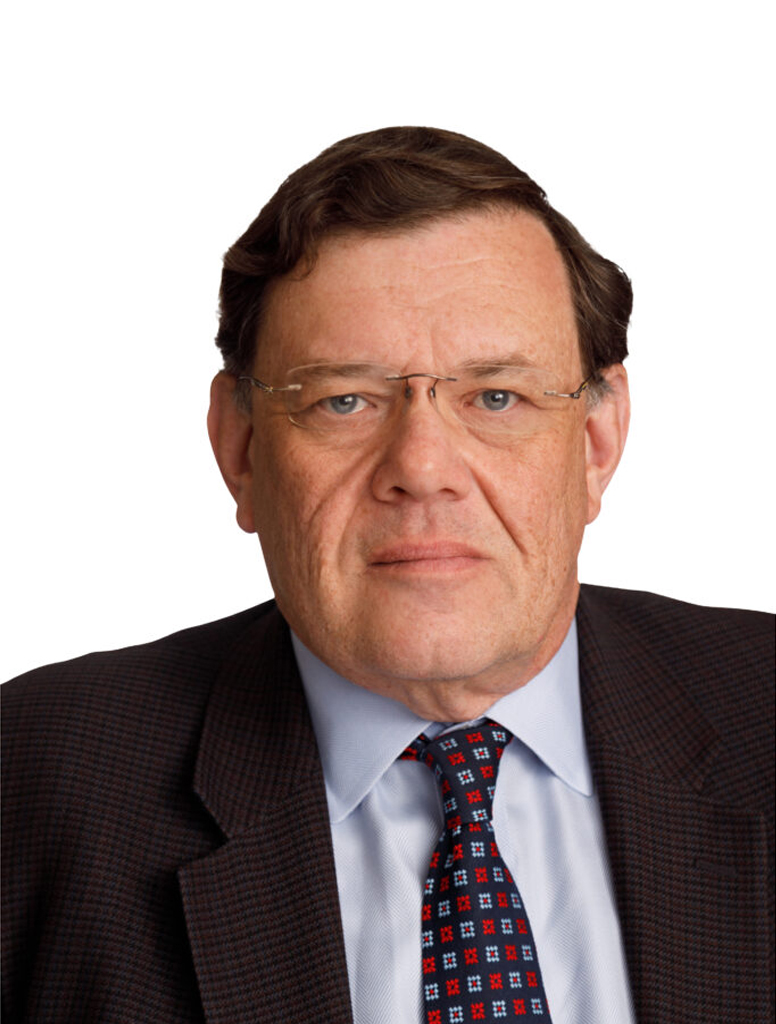 Henry Olsen
Henry OlsenSponsored by

 February 20, 2025
February 20, 2025We cannot cultivate wonder in students if teachers in the classroom are not experiencing wonder on a regular basis. But teaching is hard, mind-bending, soul stretching, tiring work and it can be difficult to cultivate wonder in our own souls while struggling to meet all our professional and personal responsibilities. Come learn some simple consistent actions, gleaned from the wisdom of the past and my own personal experience, that can help you build the momentum you need to cultivate wonder within.
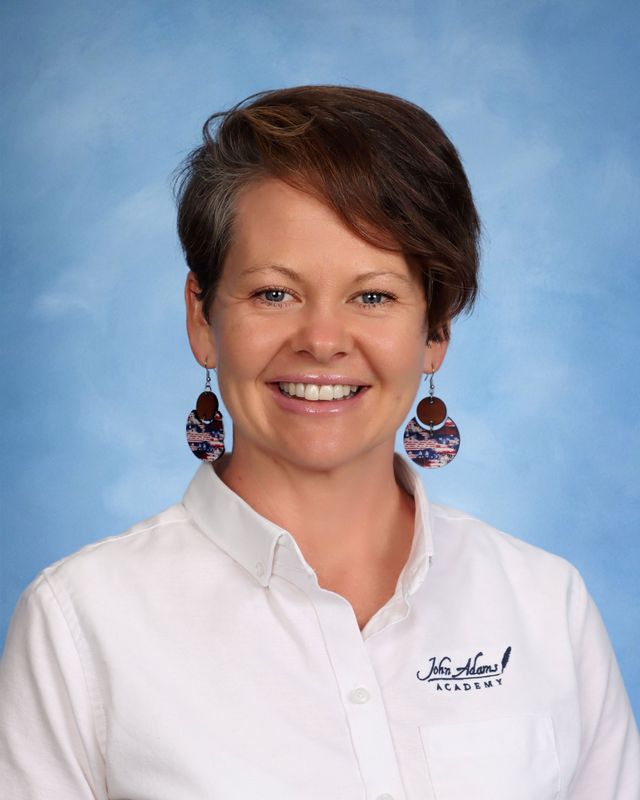 Meghan Muyanja
Meghan MuyanjaSponsored by
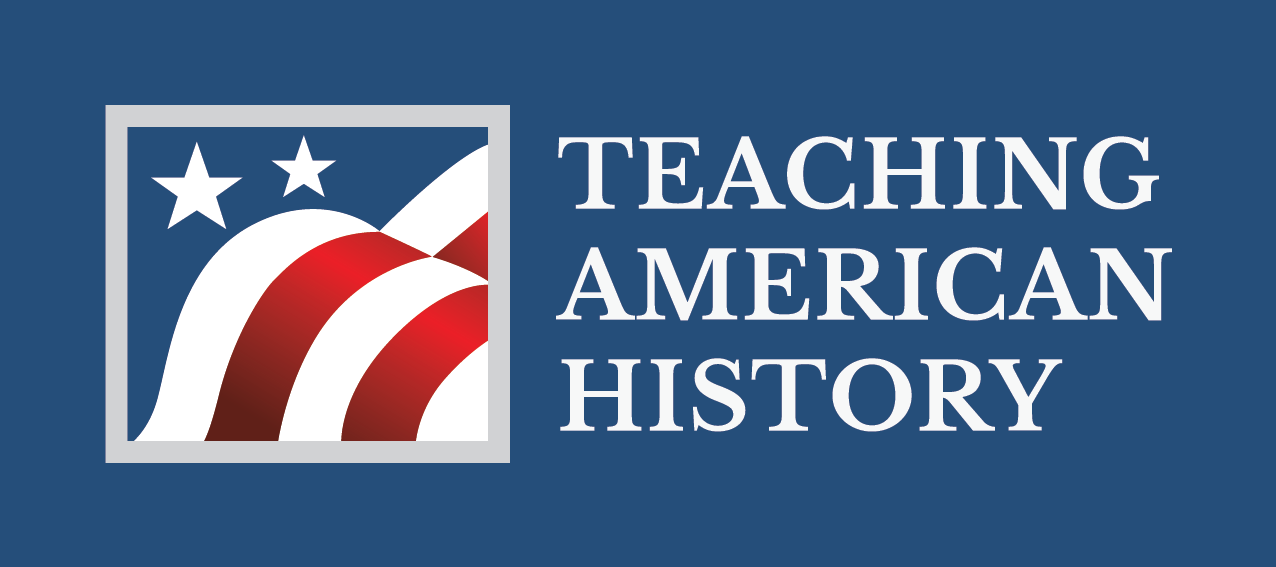
 February 20, 2025
February 20, 2025This panel was inspired by a recent article by Daniel Buck entitled "Is Classical Education Research Based?" For many of us, steeping the next generation in "the best that’s been thought and known," is a self-evident good, in no need of technocratic justification. But as the classical education movement continues to grow, it may be important to convince broader audiences of its strong empirical foundations. This panel will explore the extant evidence for the efficacy and long run impact of classical education (according to more and less conventional metrics) and preview some of the exciting research currently underway.
 Robert Pondiscio
Robert Pondiscio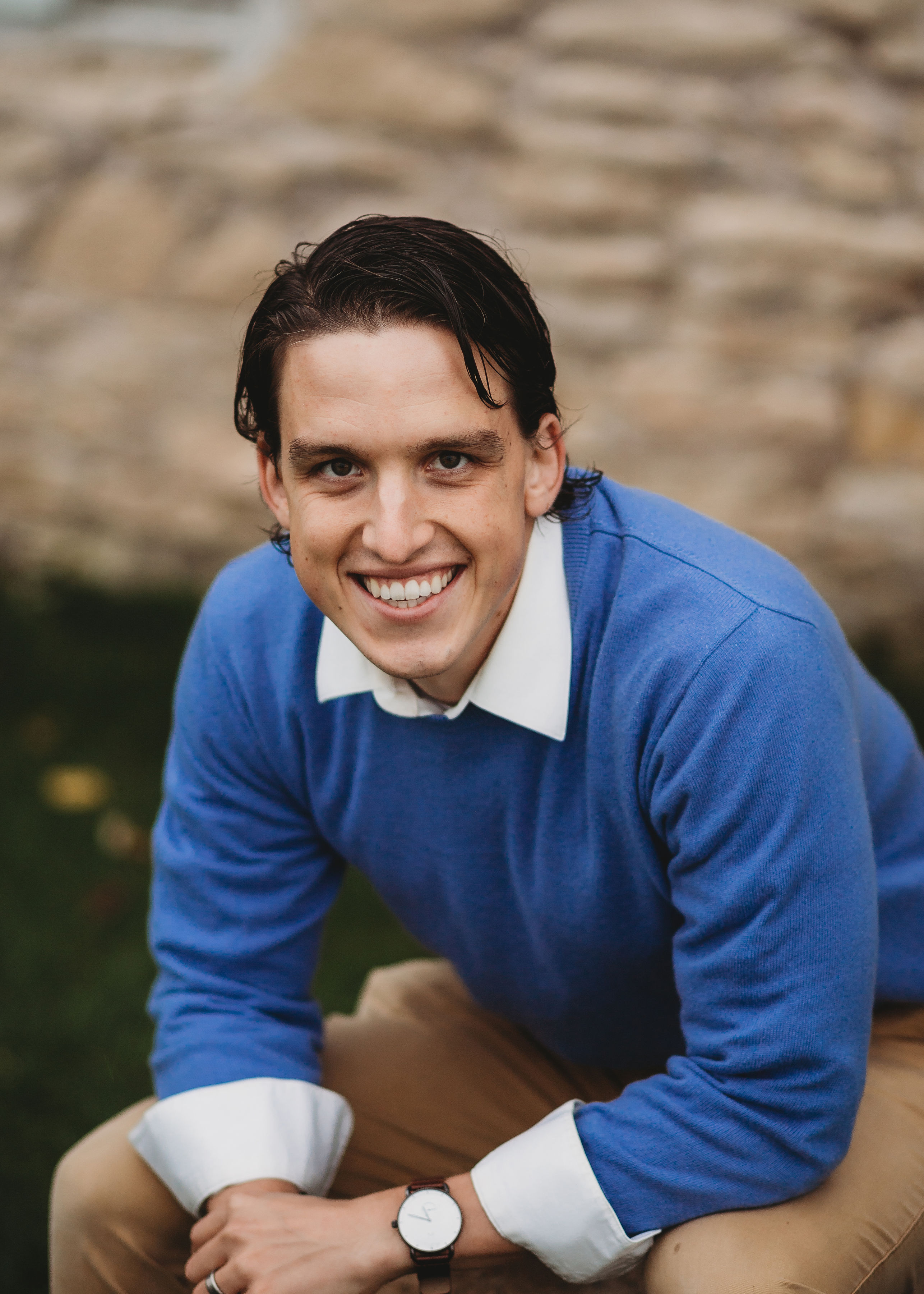 Daniel Buck
Daniel Buck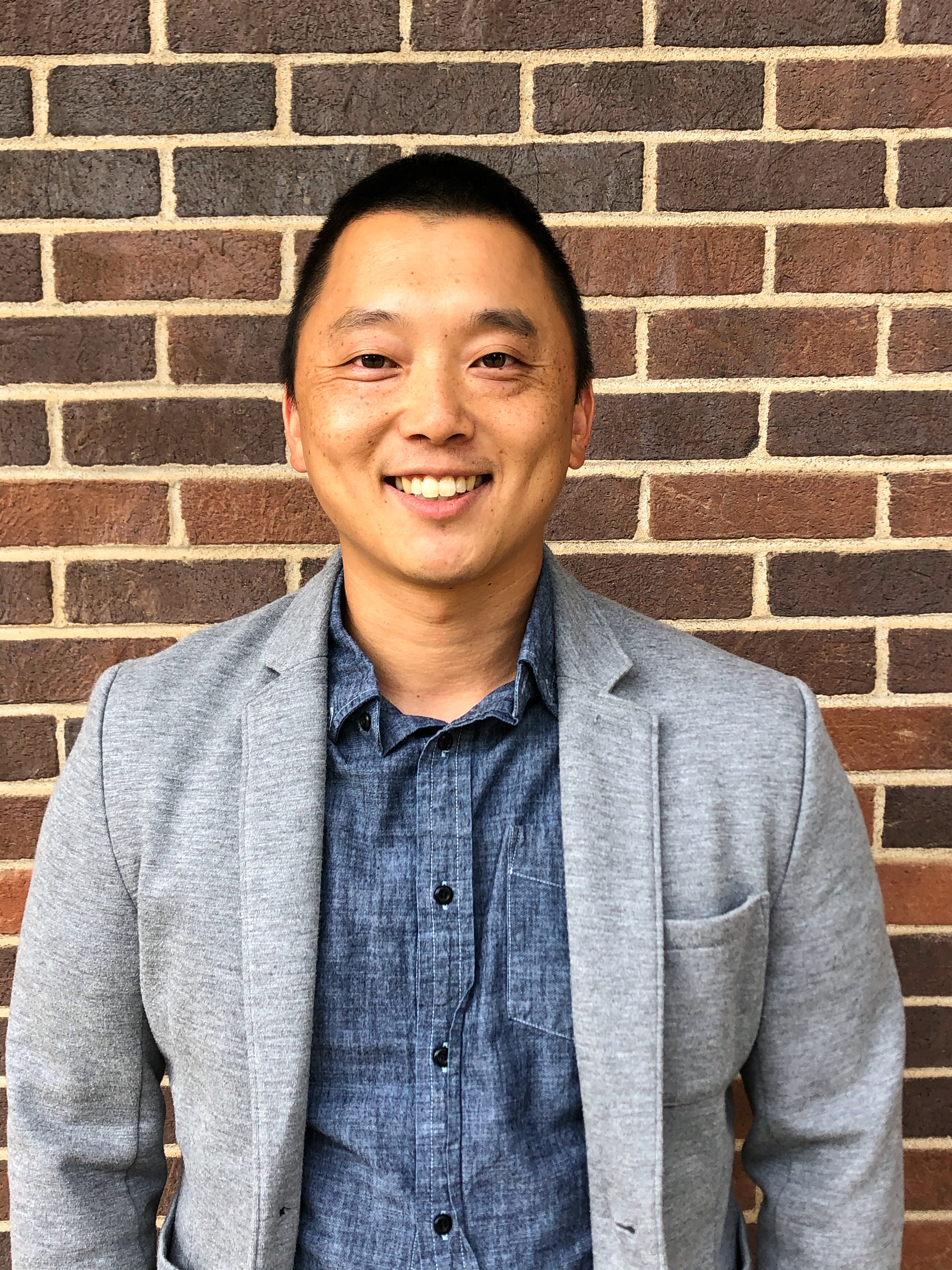 Albert Cheng
Albert ChengSponsored by

 February 20, 2025
February 20, 2025This session will be collaborative and focused on the tools and techniques necessary to advance your organization to the next level. What does it truly take to be an influential fundraiser, and how can organizations look at philanthropy from a new lens? Let's explore the latest tools and strategies to advance your school or organization to the next level of philanthropic success.
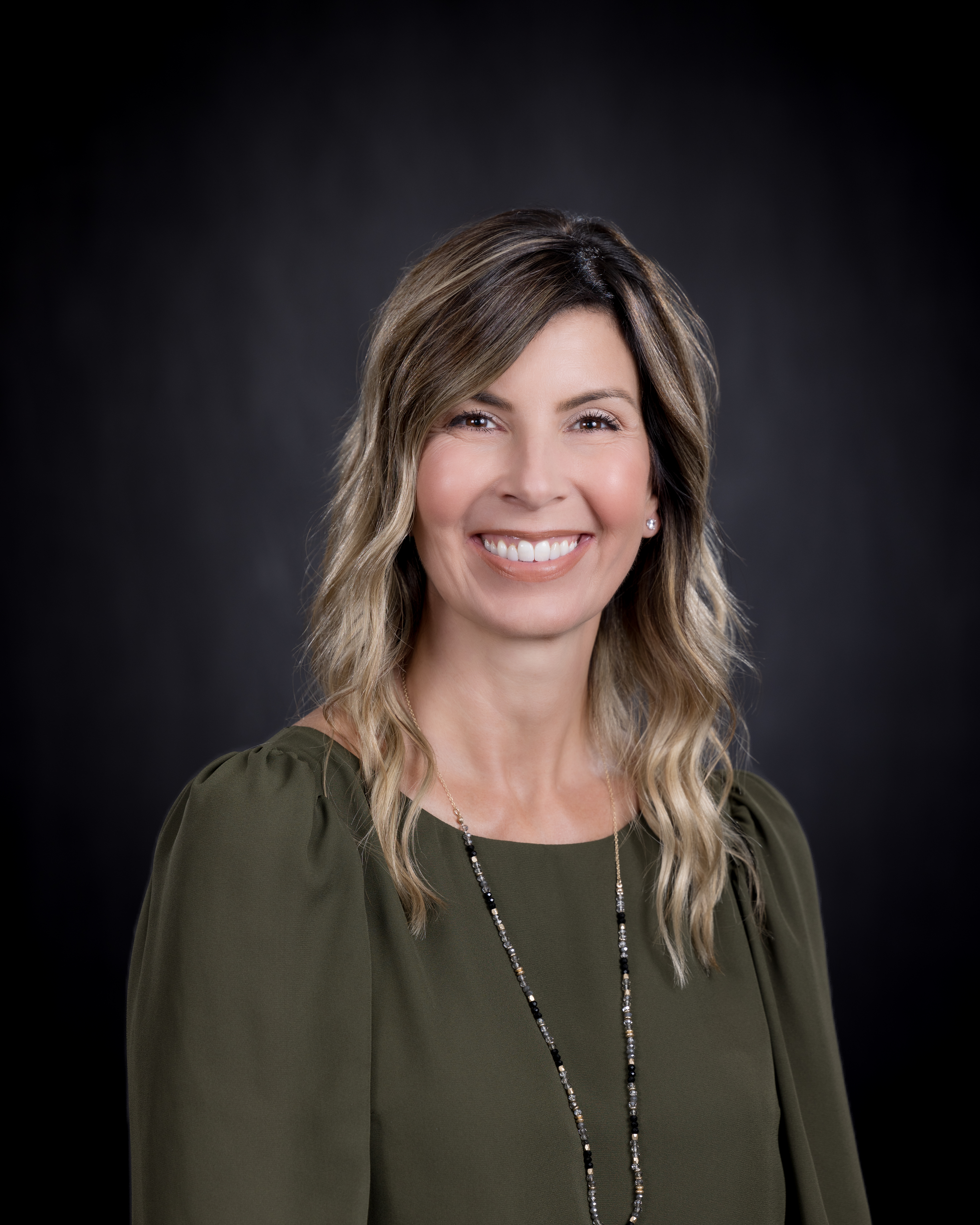 Genevieve A. Peterson, CFRE
Genevieve A. Peterson, CFRESponsored by
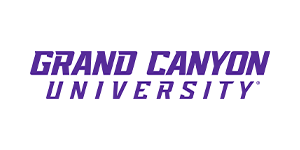
 February 20, 2025
February 20, 2025Over the past century, mathematics has become increasingly valued in our technologically driven world. Unfortunately, this has come at a great cost, where we prioritize digital over analog, and measurability over complexity, impacting all aspects of our lives. We offer a possible way forward to redeem our STEM obsessed world.
 Satyan Devadoss
Satyan Devadoss February 20, 2025
February 20, 2025What is the role of wonder in lessons? While philosophy may begin in wonder, why should lessons do so? This session focuses on the importance of awakening wonder at the beginning of lessons usually through a sensory-based experience. Building upon that, we then sustain the wonder as we lead students to know and remember, think more deeply, and then communicate eloquently and persuasively.
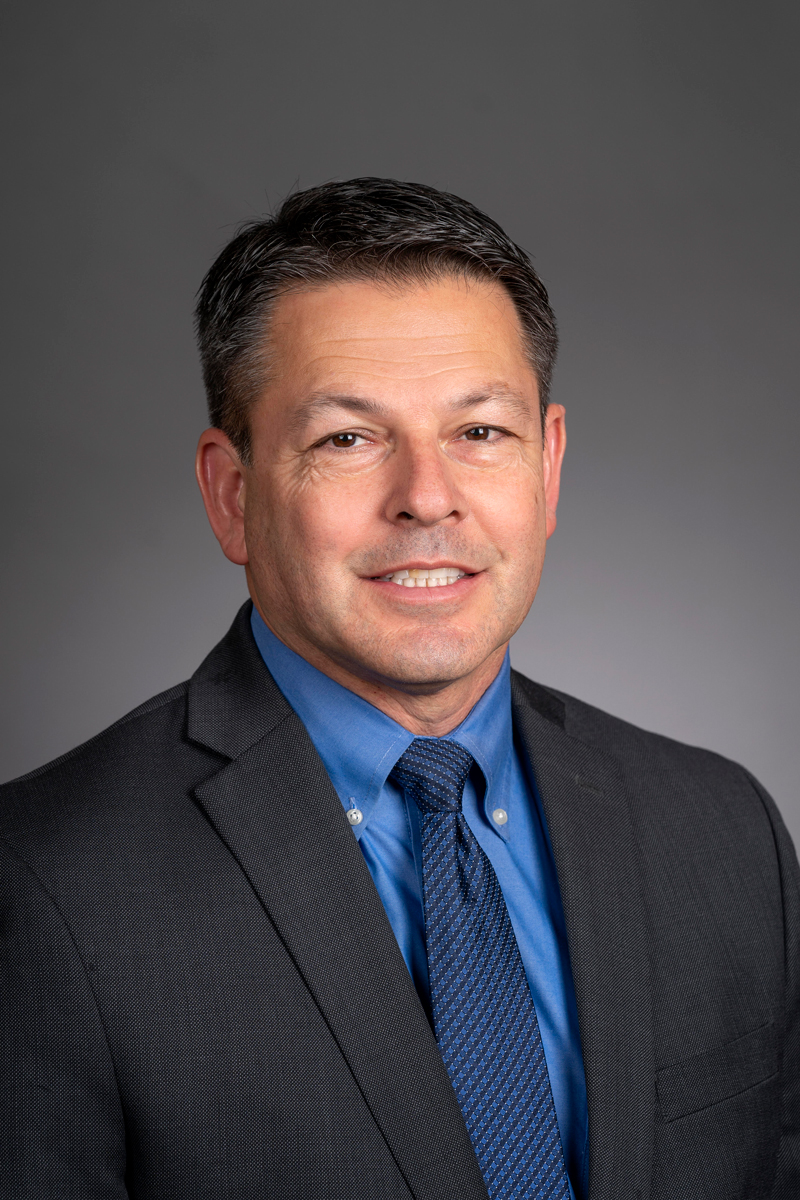 William Perales
William Perales February 20, 2025
February 20, 2025According to Robert Frost’s "The Figure a Poem Makes," a poem offers "a momentary stay against confusion," not because it tells us what to think but paradoxically because it does not. Poetry offers students multiple ways to wonder— but is poetry a small part of our classrooms, or is it a part of our daily instruction? This session gives educators practical ways to employ poetry more often to inspire wonder in scholars. We will use Frost’s ideas in "Education by Poetry" as a jumping-off point to explore how poetry allows students to explore and comprehend the magical nature of metaphor, helps to give them an appreciation of music, beauty, and ambiguity, and provides a vehicle for discussions of morality, community, and other important themes. We will look at how a poem can provide valuable lessons in close reading and how a poem can take us from delight to wisdom through wonder, questioning, and Socratic discussion. Resources will be available for all subjects, including science, art, languages, history, and math. We will delight in the idea that the process of reading poetry with wonder can be a powerful classroom tool and can help our scholars foster what Keats described as "Negative Capability, that is, when a man is capable of being in uncertainties, mysteries, doubts, without any irritable reaching after fact and reason".
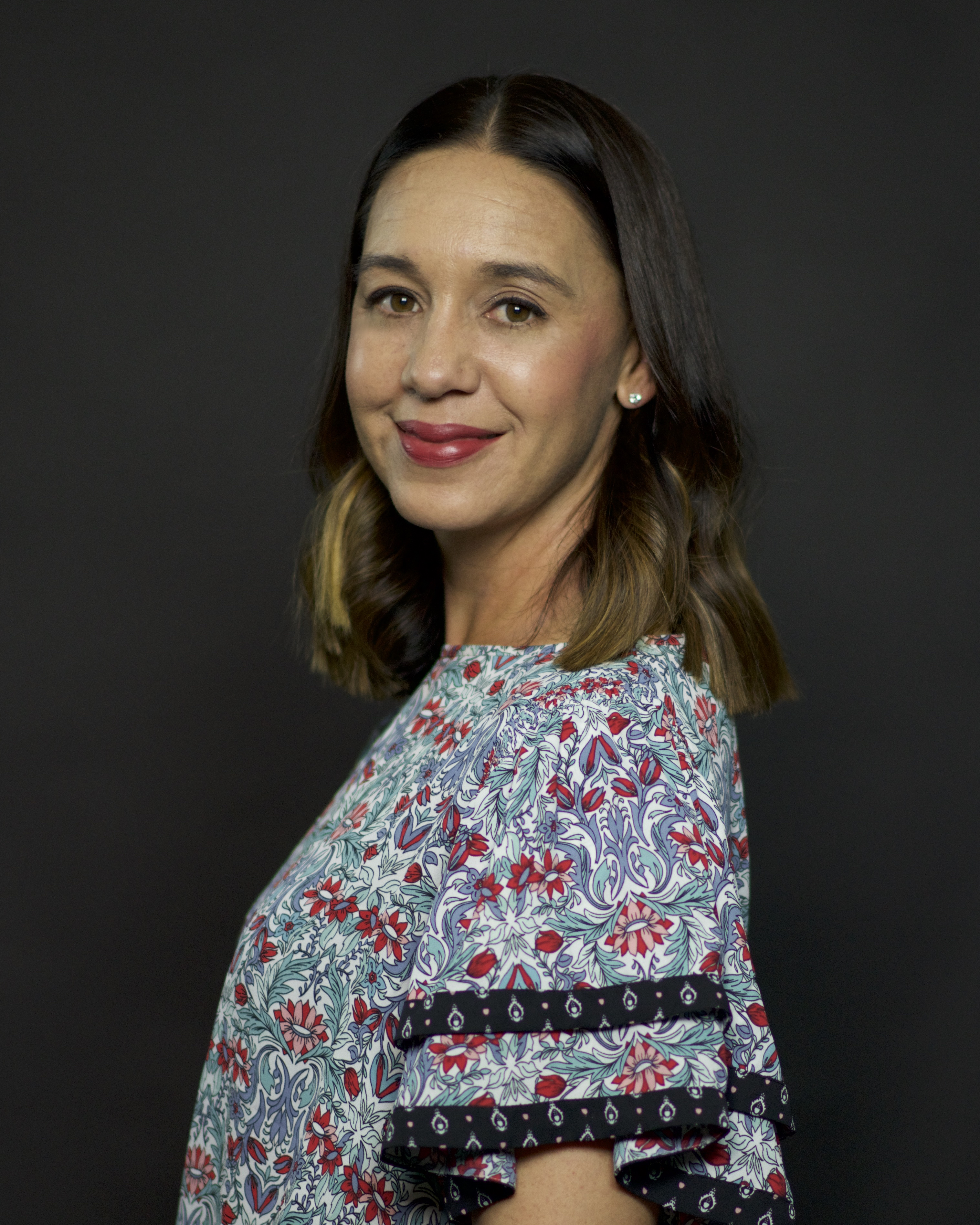 Alexandra Umlas
Alexandra UmlasSponsored by

 February 20, 2025
February 20, 2025The way to ruin science education is to act like we actually know what we are talking about. In fact, the mystery in nature far outdistances what we think we have figured out! When we anchor instruction in the places where mystery is found—the wonderful—we create an exciting environment that motivates learning and makes learning a joy. Observation has always been one of the major tools of scientists. Observation is also a place where teachers can tap into the wonders of the natural world. In this talk, we explore how observation can go beyond the mundane and tap into the wonderful.
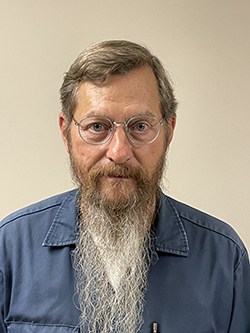 John Mays
John MaysSponsored by
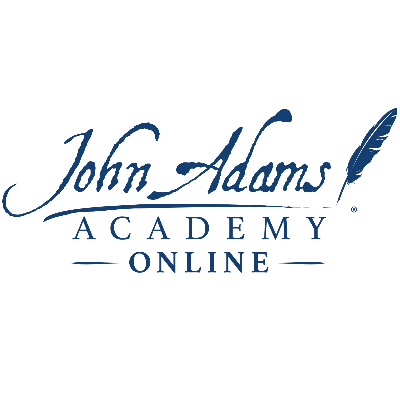
 February 20, 2025
February 20, 2025The transcendental properties of being (true, good, and beautiful) are frequent topics of conversation in classical circles: they are properties that attach to every being by virtue of having being. Likewise, we are accustomed to approach classical education with a couple of transcendental properties: it is education in the virtues, and so concerned about the Good; it is mimetic, and therefore concerned with questions of correspondence (True). And…what comes next? I would argue that it aims at harmony in the soul, which is its connection to the Beautiful. In this session, I propose to take the notion of harmony seriously and argue that music is able to do the work of promoting that harmony by a kind of sympathetic action; not just or even primarily in the music classroom, but in every subject. Part demonstration and part lecture, we will explore how, with no more musical qualifications than a patient and attentive ear, it is possible to use music to bring cohesion and compellingness to any humanities classroom.
 Junius Johnson
Junius JohnsonSponsored by
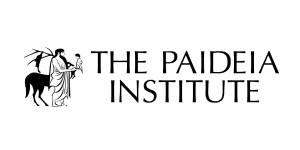
 February 20, 2025
February 20, 2025Teachers, especially classical teachers, assess students daily. In Great Hearts Academies, we continuously gather information from our students through attendance, quizzes, class discussions, recitations of poetry, and participating in seminar. We use the qualitative and quantitative information to evaluate the performance and dispositions of our scholars. Instinctually, we know that each dot on a graph represents a human being with complex motivations and influences, but we also know we can easily become lost in the numbers and lose sight of our mission. How we collect, analyze, and present information impacts our scholars, and the life of our academies. In this panel discussion, we will explore the variety and purposes of data collected in our schools, from enrollment to standardized assessments, to seminars on great works, and the full fruition in the lives of our scholars. We will share stories and discuss important questions regarding data: its limits, purposes, and proper use.
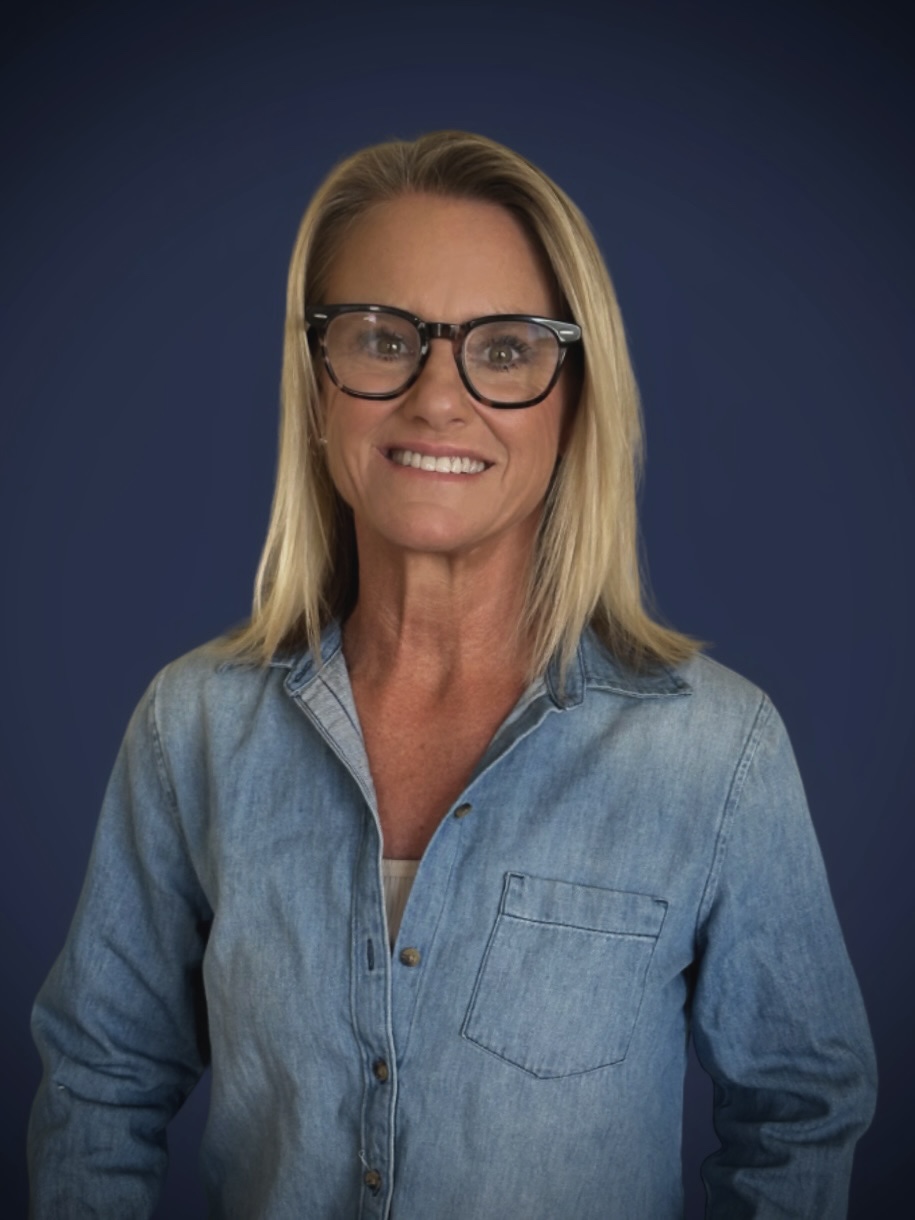 Bo Faser
Bo Faser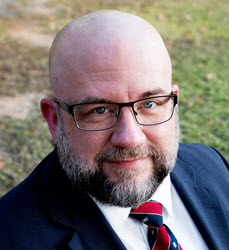 Michael Linville
Michael LinvilleSponsored by
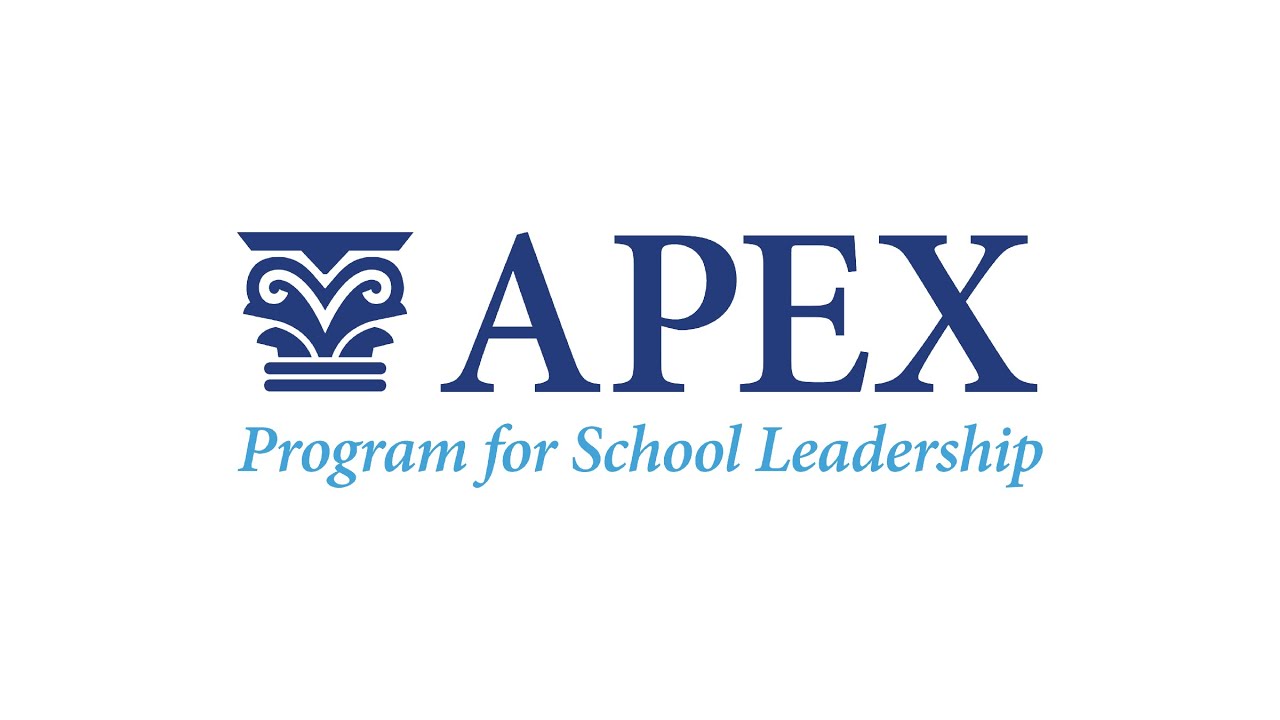
 February 21, 2025
February 21, 2025Location: Lobby
 February 21, 2025
February 21, 2025In Socrates’s pursuit of justice, he wonders over how to educate the next generation to be those who love what is beautiful. As educators we must witness to something higher than ourselves. We must become like the survivors at the conclusion of Ray Bradbury's Fahrenheit 451 who embody the witness of the great tradition. "Witness begets witness," writes Carolyn Forche. If we want our students to become those whose lives testify to something beyond their own pleasures; if we hope they are going to become the people who, in the words of Montaigne, know how to die well; we must know how to witness to them what is worth loving that they may become witnesses of the same.
 Jessica Hooten Wilson
Jessica Hooten WilsonSponsored by

 February 21, 2025
February 21, 2025 February 21, 2025
February 21, 2025Why are we so in love with Jane Austen? Why have her novels stood the test of time and why are they are beloved around the world? What about the current generation, so edgy and jaded: they cannot possibly look to Austen for entertainment, let alone guidance or wisdom, can they? And yet, they sure do. There is a whole industry of Austenalia on Tik Tok, actually.
This year as we mark Austen’s 250th birthday, we celebrate the brilliance and timelessness of Jane Austen’s work. The words on her pages are strung together like a ribbon of pearls: elegant, rich, beautifully and expertly woven. Her art is as insightful and charming as the century it was written for. It is no exaggeration to say that Jane Austen is situated at or very near the absolute apex of literary genius. She occupies a place in one of those inner circles of Heaven, where only the most extraordinary and special of Godesses reside.
This panel discussion will explore what accounts for the evergreen fascination with the novels of Jane Austen, her insight into human virtue and vice, her narrative genius, and the enduring wisdom of her expansive capacity for social observation.
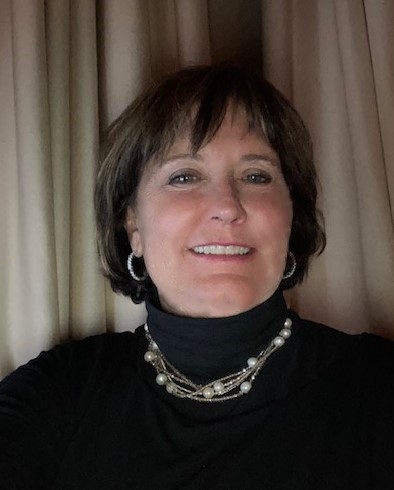 Colleen Sheehan
Colleen Sheehan Sir Jonathan Bate
Sir Jonathan Bate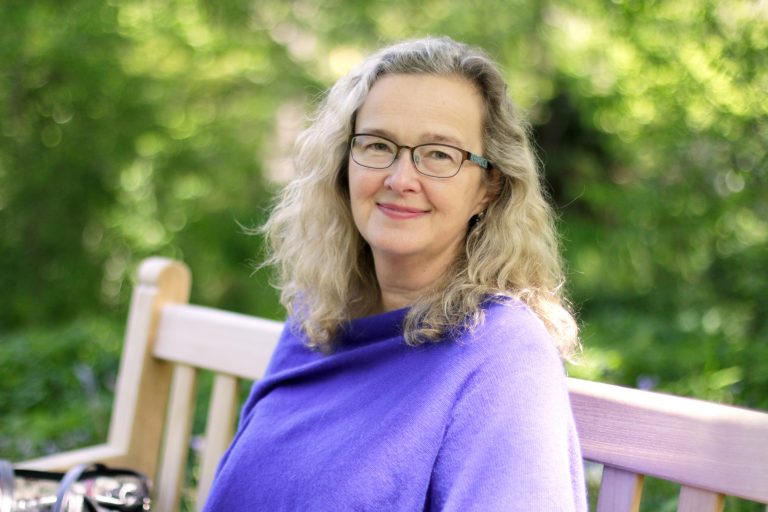 Inger S.B. Brodey
Inger S.B. BrodeySponsored by

 February 21, 2025
February 21, 2025In education, implementing and working through transitions and change has become a common occurrence for every school leader. Whether it is changes in staff, curriculum, students, policies, facilities, community, or so many more, these have become a standard part of the leader’s work and what the leadership team has to help others navigate through. However, most leaders and their teams have not had training or a framework to use as they navigate transitions to help them be successful. It’s important to understand how adults work through change and reflect on how these changes might affect them personally. Much of our work with leaders and teams focuses on developing effective leadership teams and working through transitions and change. Join us as we share about Leading Through Change and leave prepared to navigate transitions and change more confidently.
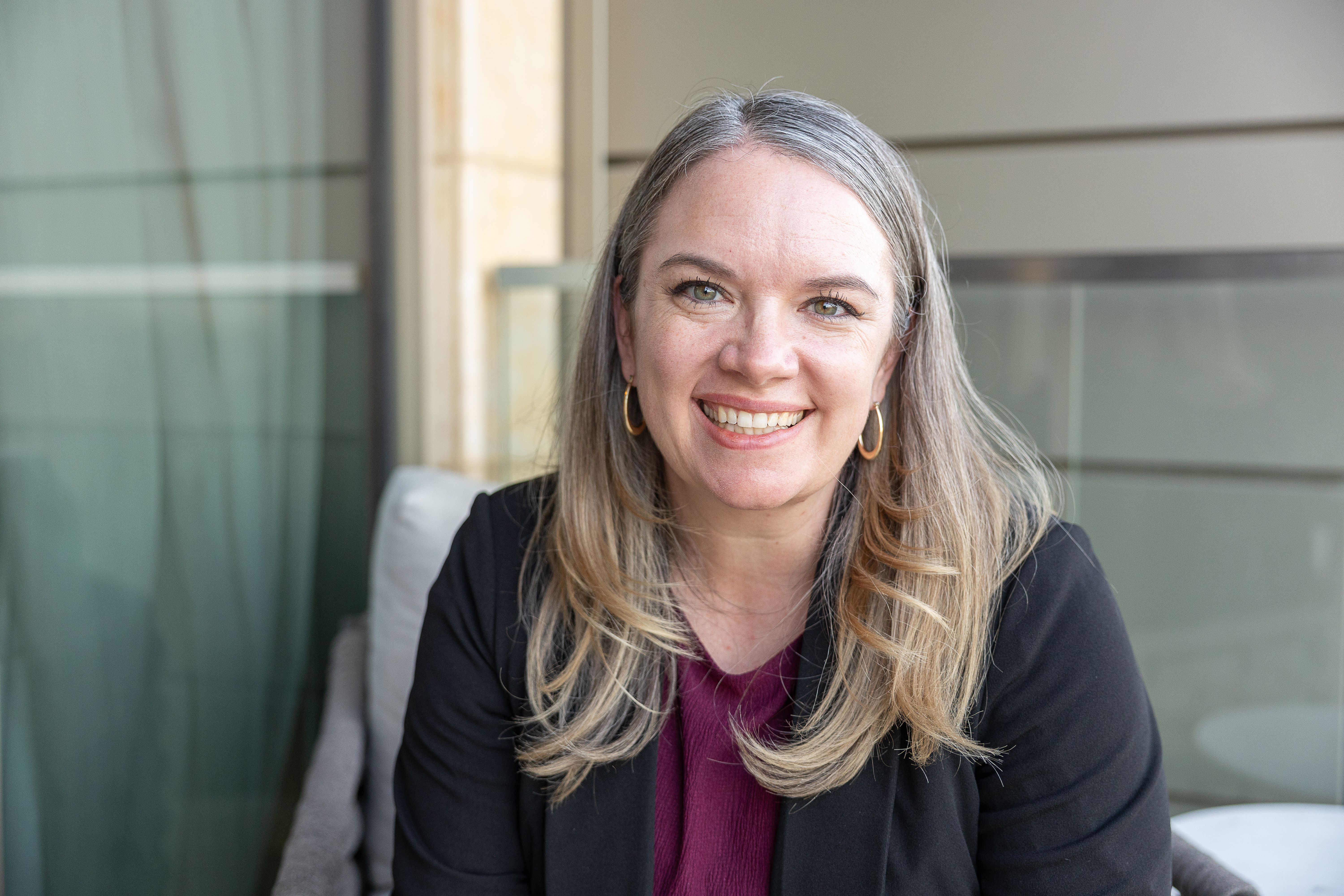 Alison Westerlind
Alison Westerlind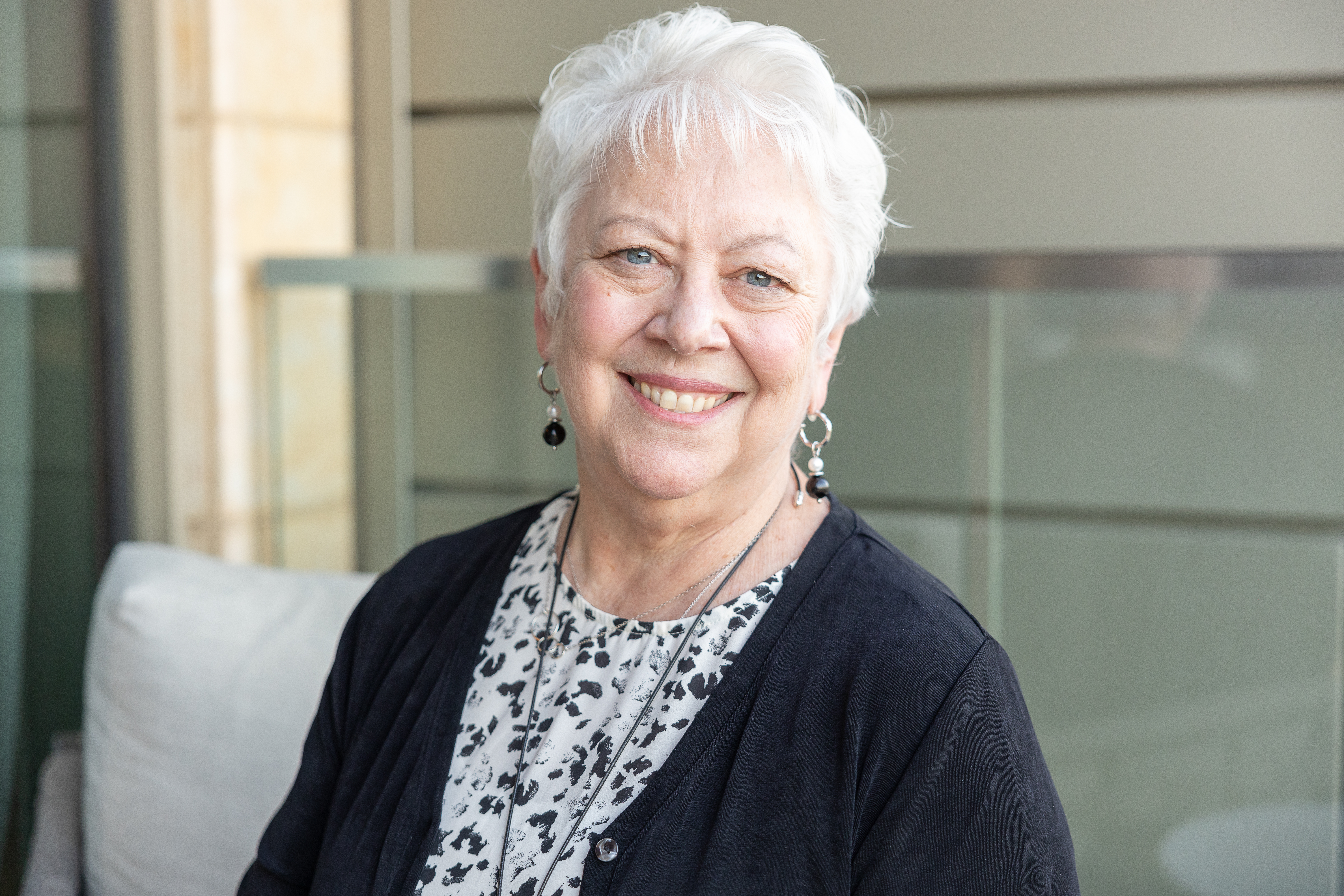 Debbie Rickey
Debbie RickeySponsored by

 February 21, 2025
February 21, 2025In this workshop, you’ll learn how to leverage a powerful social media ecosystem that starts with power content designed to capture attention, build trust, and create an "invisible list" of warm, engaged prospects who are highly likely to convert into enrolled students. These pieces of content work behind the scenes, nurturing relationships with families before they even consider your school, making your outreach far more effective when the time comes for them to take the next step.
During the session, we will break down this social media ecosystem step-by-step. You’ll discover how to craft this content strategically to tell your school’s story, highlight your unique strengths, and connect emotionally with parents. We’ll explore how it generates awareness to a ready-to-enroll audience who already feels connected to your mission.
You’ll walk away with a complete framework, from ideation to execution, for building content that is proven to boost enrollment. The goal is simple: fill those empty seats with students who are excited to be part of your school community. If you’re ready to stop worrying about enrollment numbers and start seeing real results, this workshop is for you. You’ll leave equipped with actionable strategies to implement immediately, giving your school the competitive edge it needs to thrive. And oh yeah, this ecosystem runs on minimal dollars!
.jpg) Shannon Richards-Nieves
Shannon Richards-NievesSponsored by
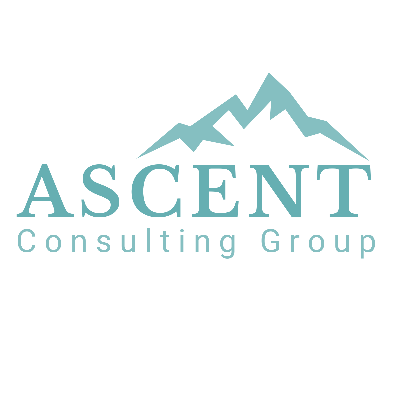
 February 21, 2025
February 21, 2025Taking the time to teach and reinforce beautiful handwriting has decreased in favor of efficiency and technology in the classroom. This workshop seeks to explore the origins, progression, value, the essential physical connection to the brain for learning and transposing content, and the state of handwriting as an art form in the classical classroom.
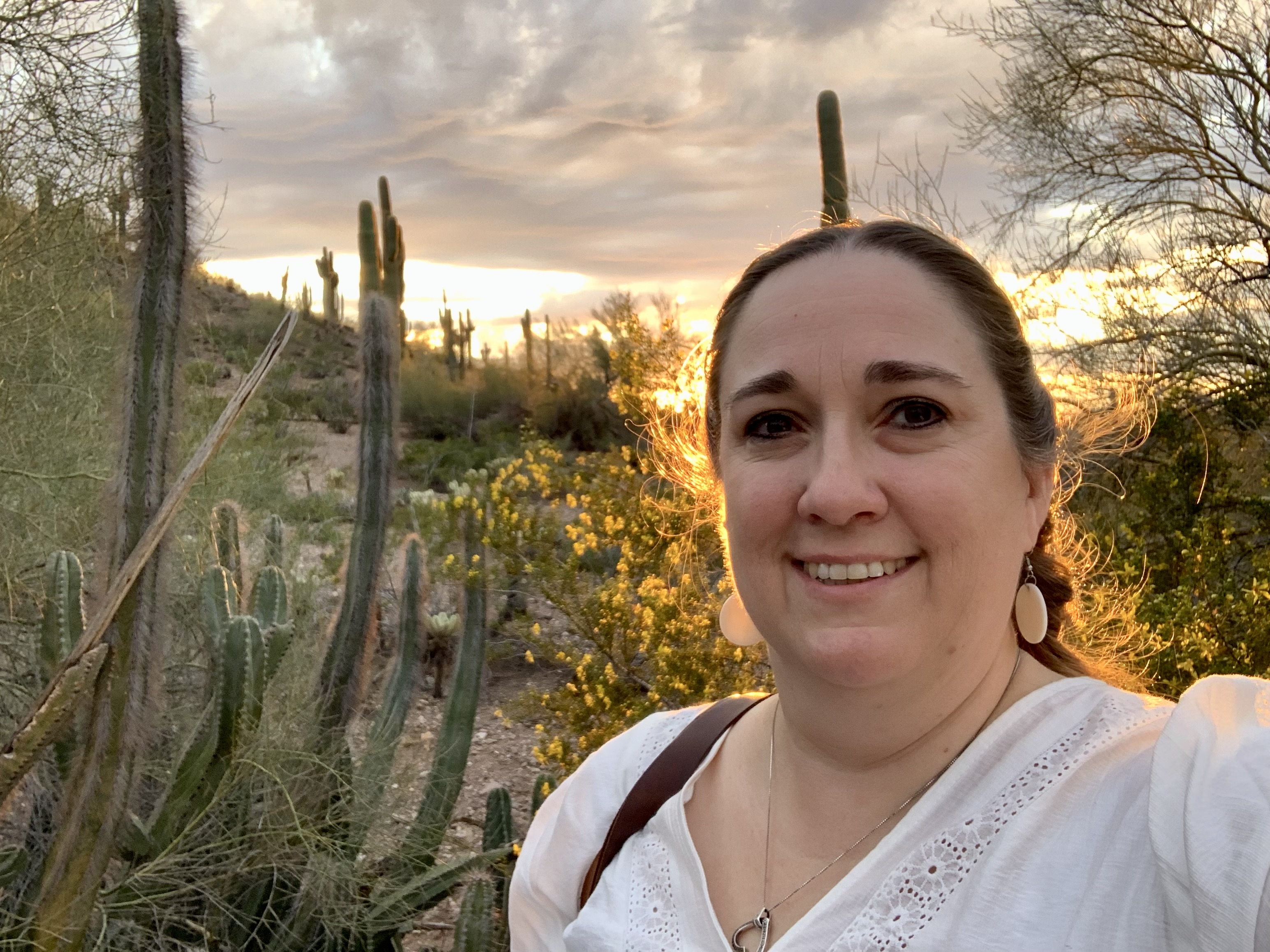 Bridget Doughty
Bridget Doughty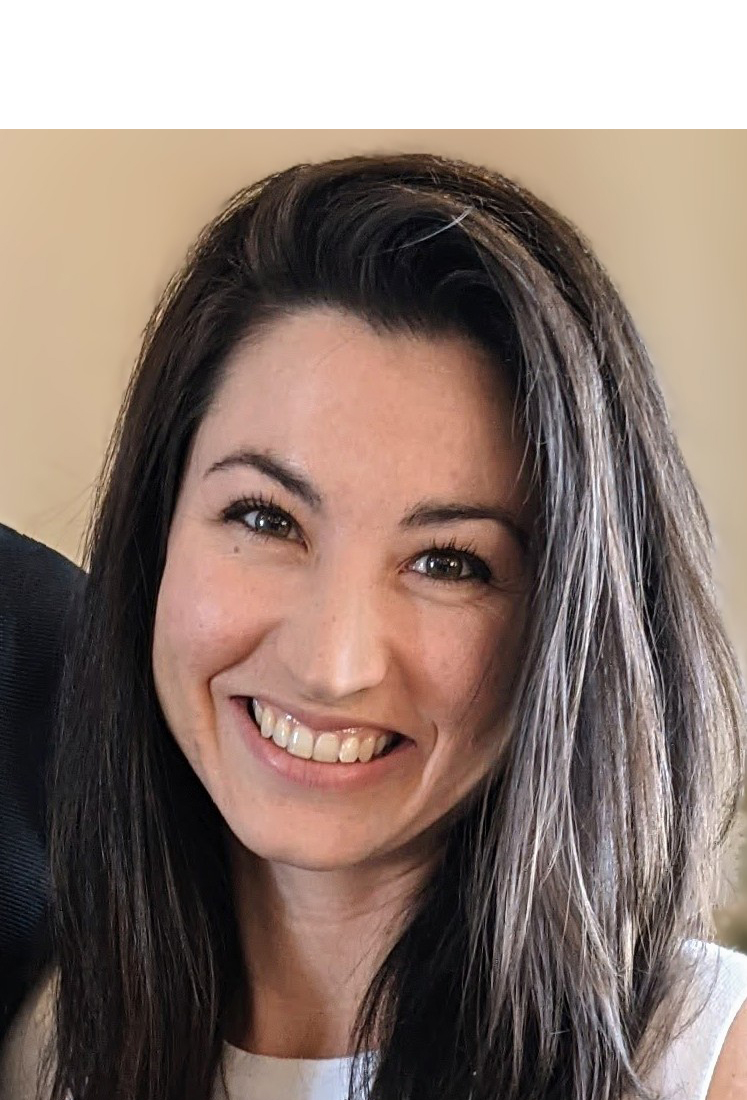 Christen Arbogast
Christen ArbogastSponsored by
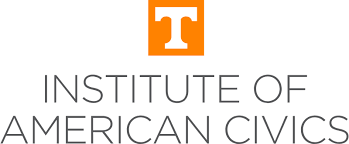
 February 21, 2025
February 21, 2025Often enslaved to emotions and appetites, students and instructors alike are guided by society to embrace these masters as the best guide to happiness or self actualization. C.S. Lewis describes this part of the human experience quite differently: "The head rules the belly through the chest–the seat of... Magnanimity, of emotions organized by trained habit into stable sentiments...it may even be said that it is by this middle element that man is man: for by his intellect he is mere spirit and by his appetite mere animal...Without the aid of trained emotions the intellect is powerless against the animal organism...We make men without chests and expect of them virtue and enterprise." In the midst of this cultural moment, Lewis offers us an idea that might astonish our students, cultivating habits and disciplining our appetites might bring the most joy. A classically-oriented approach to physical education and athletics affirms the idea that the purpose of any curriculum ought to be directing students toward a sturdy foundation for a flourishing life. This flourishing is not the modern conception of following one’s desires as the sole arbiter of what is good and true—rather it ought to be crafting correct desires in the learner. Helping our students to be present in physical reality, train the body, and practice virtue through sport are an antidote to a new sort of Gnosticism and enslavement to the "animal appetites."
 Christopher Reynolds
Christopher Reynolds February 21, 2025
February 21, 2025Transform your teaching of Shakespeare and your students’ investment in him! In this lively, interactive workshop acclaimed British director and educator Nick Hutchison (Shakespeare’s Globe, LAMDA, RADA) strips away 400 years of dusty scholarship to reveal why Shakespeare wrote the way he did and how that speaks to us in the 21st century. Examining (and demonstrating) the playing conditions of the 16/17th centuries he shows how the actors of the time worked in an completely (and excitingly) different way to modern theatre, and how we can glean the clues for performance in the text of the plays. Prepare to see Shakespeare in a totally different and more accessible light, bringing the excitement of the staged performance back to your classroom, and making the texts of centuries ago live again.
 Nick Hutchison
Nick HutchisonSponsored by

 February 21, 2025
February 21, 2025In this workshop, participants will learn about several Teach Like a Champion (TLAC) techniques that help build ratio through questioning, writing, and discussion. We will explore how incorporating the techniques will not only shift the load of learning to the students but will also contribute to cultivation of wonder across the content areas. Attendees are encouraged to bring an upcoming lesson plan (either in paper or downloaded digitally) to share/discuss during the small group time, leaving with annotations on possible ideas on how to incorporate the learning from the session.
Sponsored by

 February 21, 2025
February 21, 2025At the end of 2022, the advent of ChatGPT caused many teachers to second-guess the authenticity of a student’s creative artifact. How can teachers wisely teach and assess in the Age of AI and encourage their students to faithfully wrestle and wonder well with skills and ideas? While ChatGPT and other AI platforms provide humans with time-saving tools, they should not preemptively satiate wonder, substitute skill development, or subdue the struggle of creative process. This session will investigate teaching and evaluation practices in the upper school classroom which direct students to love the virtues of learning.
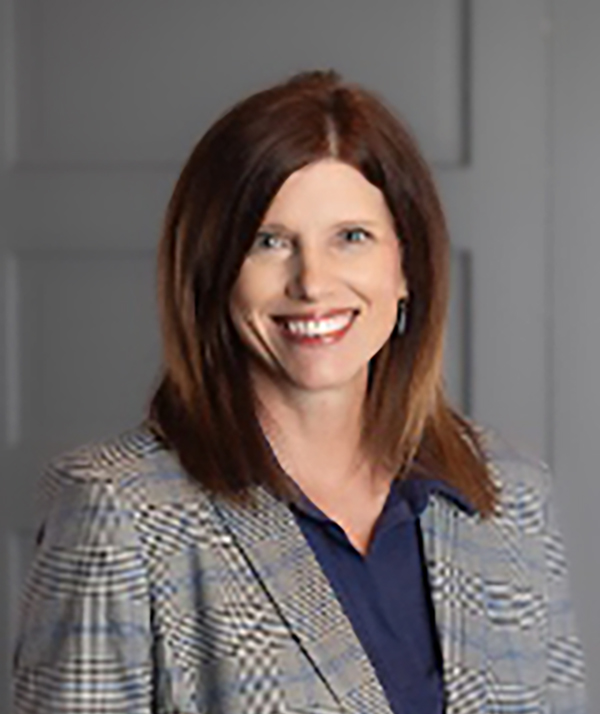 Carrie Eben
Carrie EbenSponsored by

 February 21, 2025
February 21, 2025This dynamic session will introduce the key principles of Trust Based Relational Intervention (TBRI), and equip educators with an understanding of the impact of trauma on a child’s brain, body and behaviors. Rooted in neuroscience, this session offers a lens through which to view the behavior of students as well as tools to disarm fear, facilitate healing, and optimize learning in students with a history of abuse, neglect, and/or trauma. Participants will gain insight into the value of seeing and meeting the need behind behaviors, and how a small shift in perspective and approach can improve academic, social, and behavioral outcomes for all students.
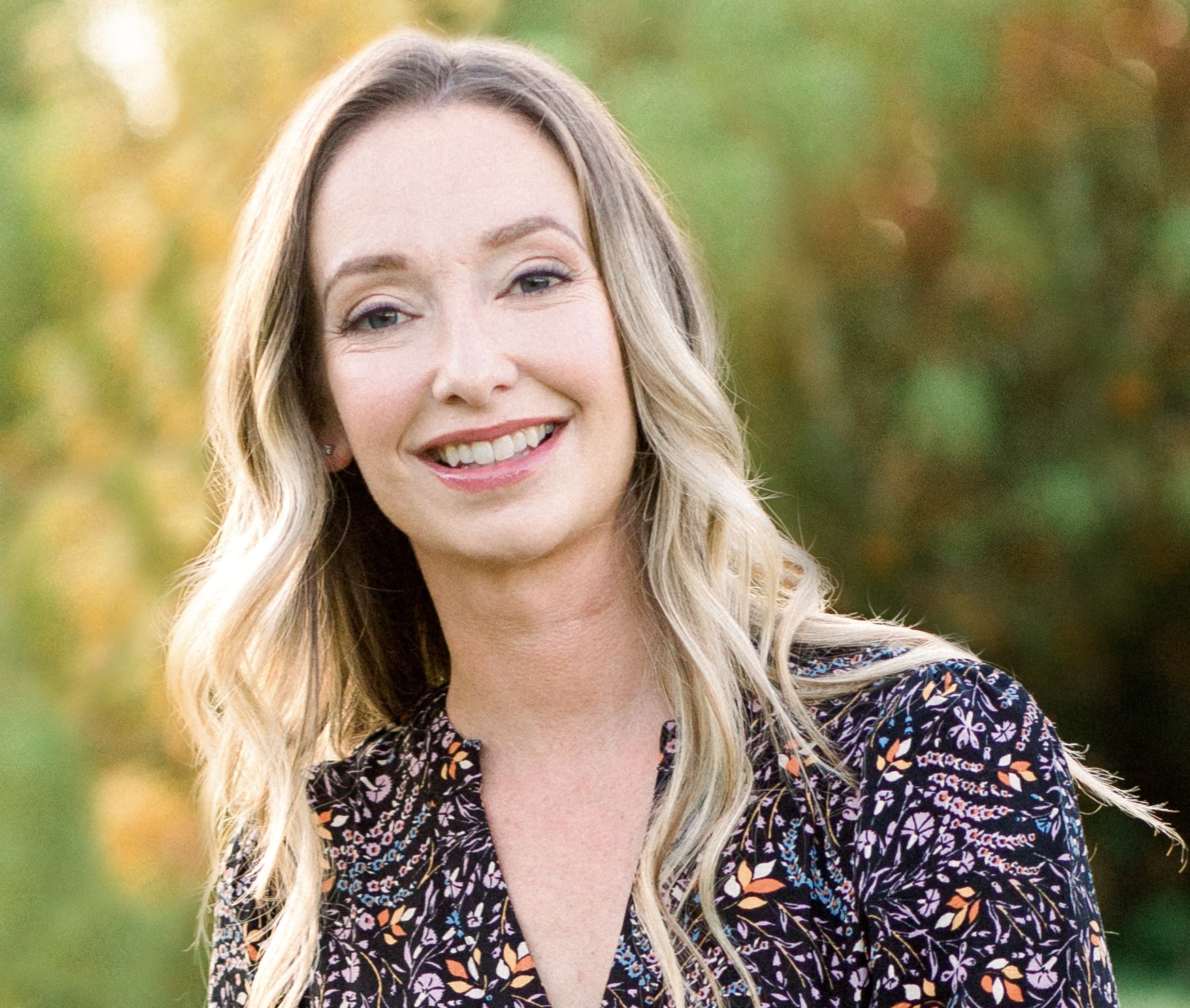 Melissa Davis
Melissa Davis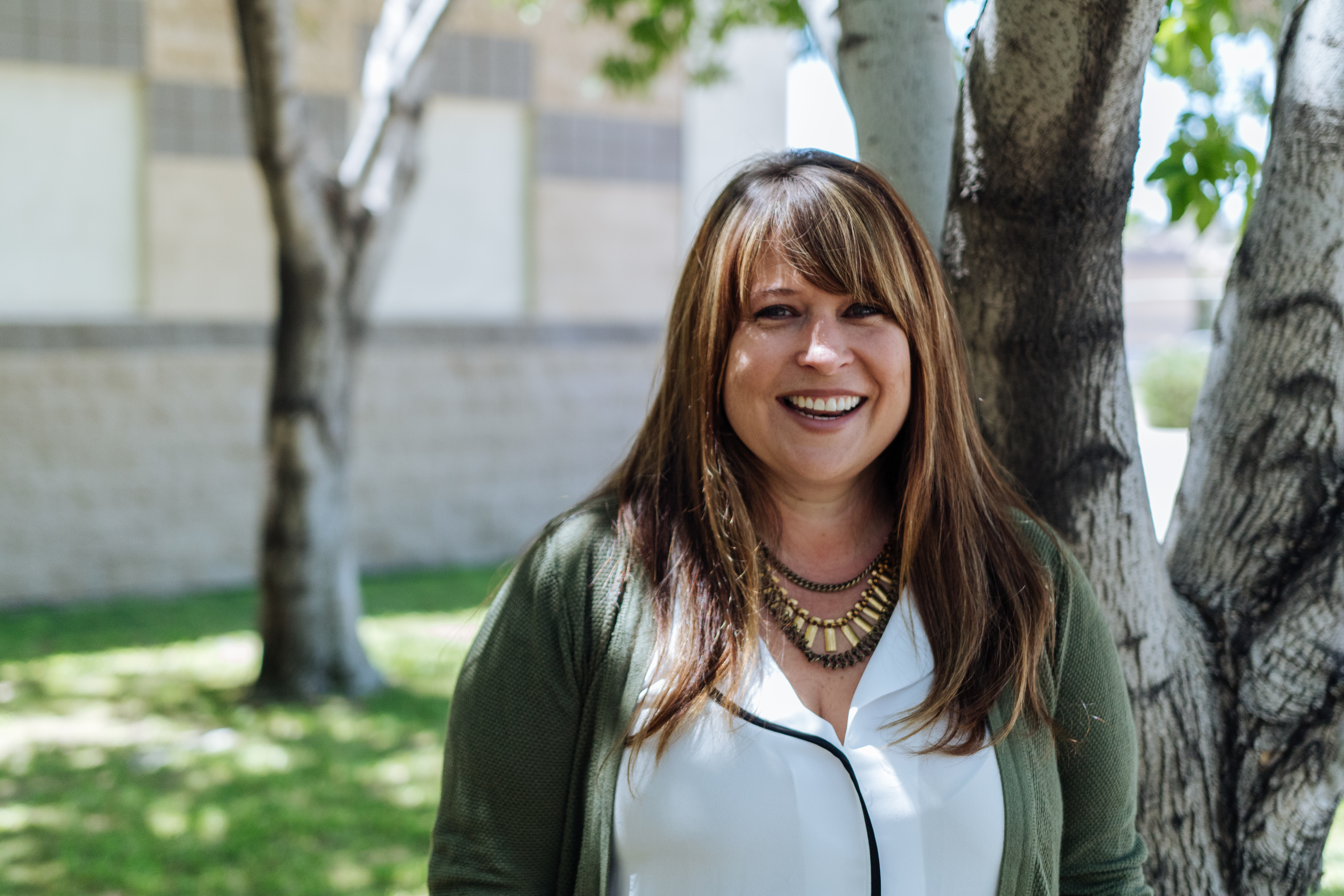 Katie O'Dell
Katie O'DellSponsored by

 February 21, 2025
February 21, 2025In this talk, I explore the ways in which travel--and travel stories--can help to cultivate a sense of wonder. Going back to the ancient Greek idea of theoria--an official practice of travel that is also the basis for the contemporary English word theory--I discuss the ways in which thinking like a traveler can help us to see differently in ways that make us wonder anew. I focus on the writings and experience of James Baldwin, whose deep connections between wandering and wondering can inform our own thinking today.
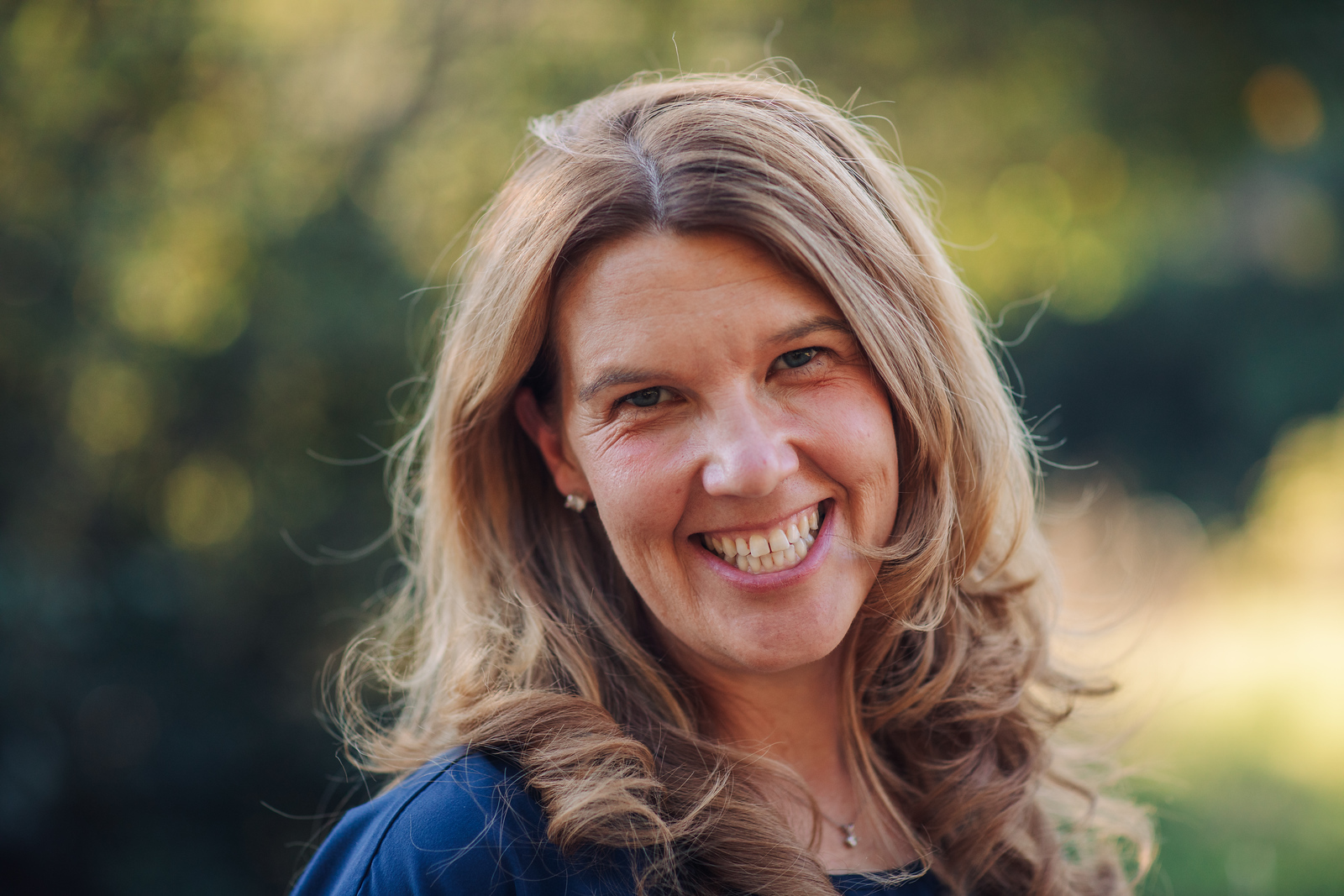 Susan McWilliams Barndt
Susan McWilliams BarndtSponsored by

 February 21, 2025
February 21, 2025Session Description: If gentle parenting is effective in eliciting right behaviours from children, why not endorse it? We may not want to because gentle parenting flattens the human experience into a series of choice options, none of which reflect any natural goodness or badness in the child, but which instead represent optimal or less optimal outcomes. This is crude behaviorist psychology, treating the human as a kind of input-output machine. Under this model, gentle parenting ignores the depth and complexity of a child’s soul – including the baseness therein – and, because it ignores it, the technique also fails to nurture the depth of a child’s soul, resulting in, unsurprisingly, children who have shallow souls. A child is denied her full humanity as a moral agent: everything she does is varying degrees of frustrated or rewarded will, but never is the nature of a child’s will regarded as anything other than good. This is to treat a child not as an equal, but precisely as somehow less than fully, richly, terribly human.
My own kids, teenage girls, laughed when I told them I was giving a parenting talk. "You?!" they said. They laughed because they assumed that a parenting talk would necessarily be about eliciting compliance, obedience, and right behavior, and they both know they fail at this. Right behavior is a good thing, and there is no question I'd like to see it exhibited in my daughters. But more than obedient children I would like to see deep children, individuals who understand the awful nature of their souls, their capacity for good and for evil, and the joy of grace.
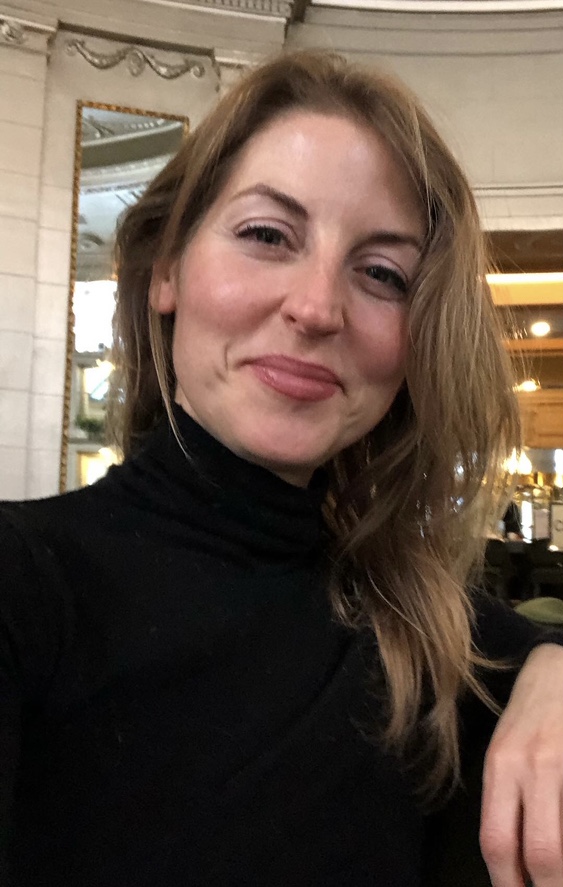 Marilyn Simon-Crawford
Marilyn Simon-Crawford February 21, 2025
February 21, 2025 February 21, 2025
February 21, 2025This panel will explore the policy settings and state actions conducive to growing a thriving classical school ecosystem. We will discuss school choice mechanisms (charter policies, vouchers, and ESAs), state curriculum standards, teacher certification policies, facilities funding, and more.
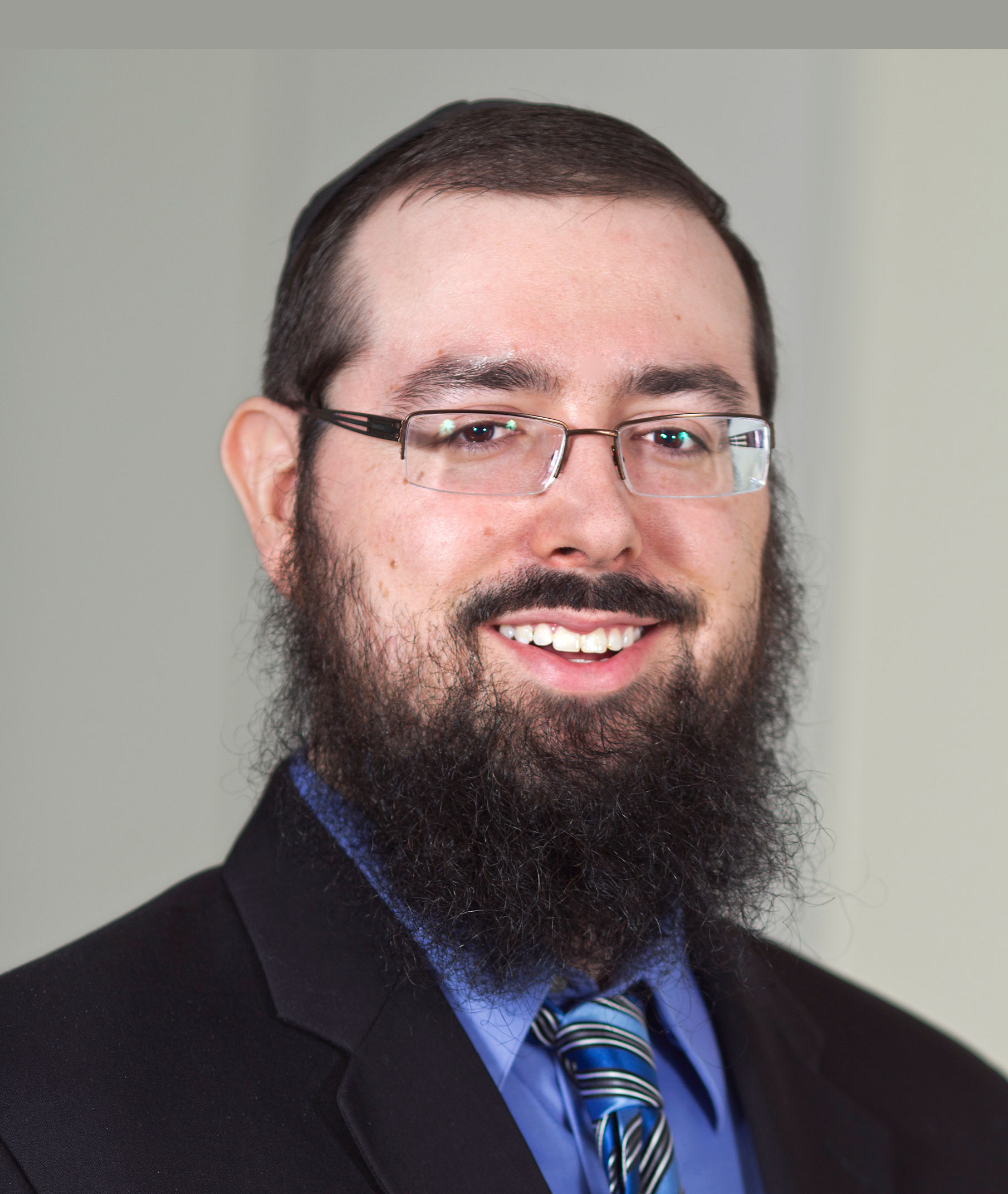 Jason Bedrick
Jason Bedrick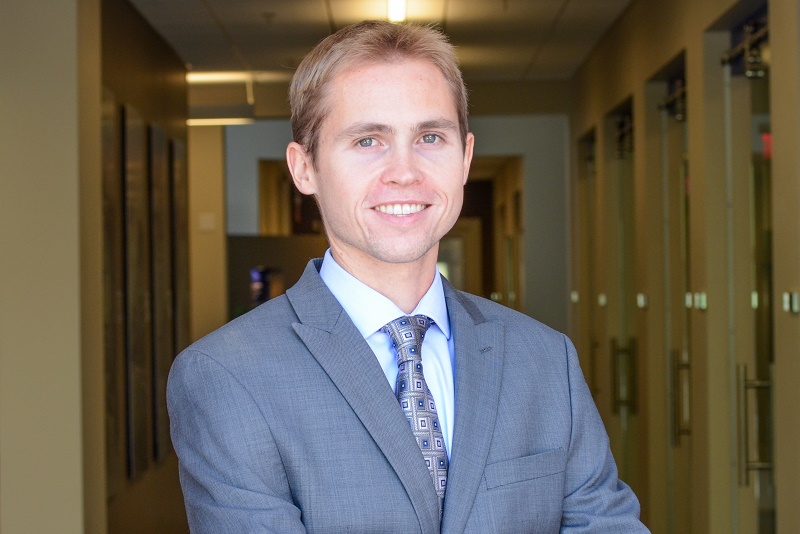 Matt Beienberg
Matt Beienberg Erin Valdez
Erin Valdez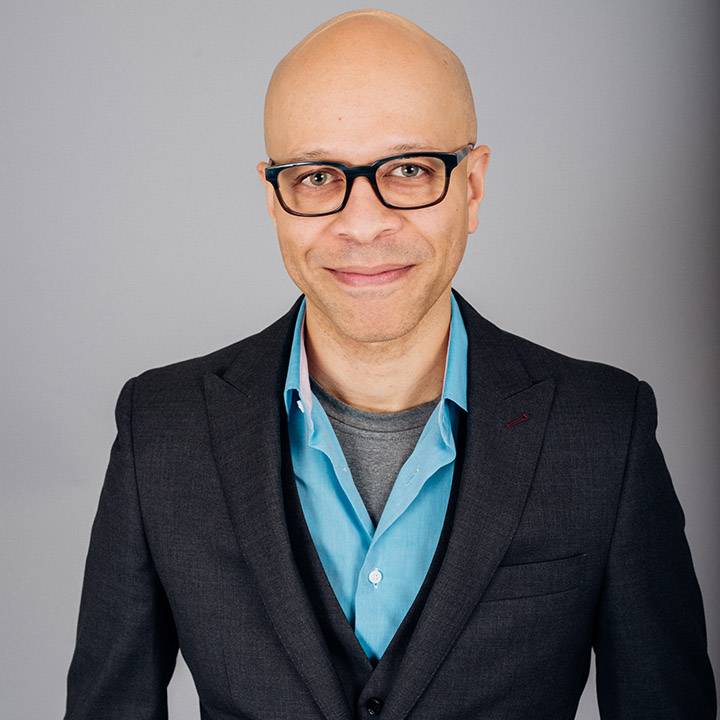 Derrell Bradford
Derrell BradfordSponsored by

 February 21, 2025
February 21, 2025How well do you know your mission and vision? Can you explain it succinctly and compellingly in any setting? Jason Doughty, Interim Executive Director of Great Hearts Texas, will share hard-earned lessons from over a decade of experience growing schools across multiple regions. This engaging workshop dives into the critical importance of deeply understanding your mission and vision—not just as a guiding force for your organization but as a tool to inspire and engage various audiences, from prospective parents and community partners to potential hires and leadership candidates.
Throughout the session, Jason will explore how your understanding of mission and vision influence key moments: school tours, casual networking events, coffee with an HM, parent teacher conferences, professional development sessions, and more. You’ll learn why mission and vision should be central to every hiring decision and how neglecting this alignment can lead to challenges down the road. Participants will leave with actionable strategies for weaving mission and vision into every interaction.
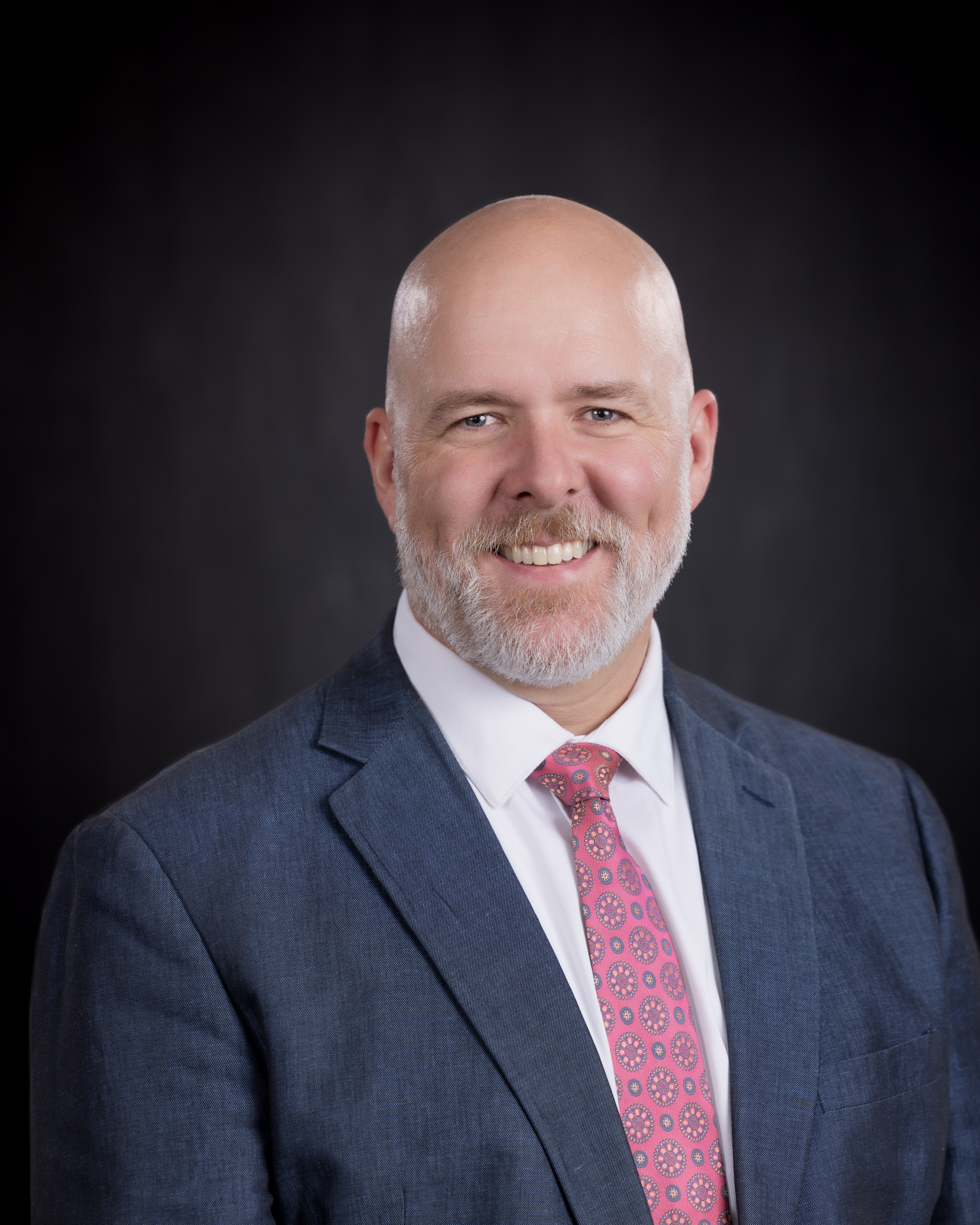 Jason Doughty
Jason DoughtySponsored by

 February 21, 2025
February 21, 2025This workshop equips leaders in classical education with the tools to design professional development that cultivates vibrant, intellectually rich classrooms. Through structured planning and practical techniques, attendees will craft PD sessions that inspire educators to deepen their practice, engage students with wonder, and reinforce the enduring values of a classical education. Ideal for school leaders, instructional coaches, and administrators committed to excellence in teaching and learning.
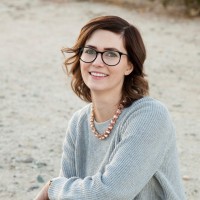 Corinne Jacobson
Corinne Jacobson Mary Chin
Mary ChinSponsored by

 February 21, 2025
February 21, 2025In this session, participants will investigate strategies to help students actively engage with word problems by connecting to the natural curiosity of children using the context of the problem. Teachers will learn how to guide students to ask their own questions, visualize the scenario, and become invested in the learning process through reading for information. By incorporating visual bar models to solve the problem, students will break down complex problems even further, making them easier to solve. Using these strategies, students will actually want to solve word problems and even write their own.
 Jessica Kaminski
Jessica Kaminski February 21, 2025
February 21, 2025In this workshop, Dr. Eric Daniels will discuss the value of teacher writing in developing crucial traits of successful schools and intellectual cultures. Using the Lyceum Scholars program as a model, he will discuss how community discussion of the Great Books, the great ideas, and how we teach those books and ideas has helped lead a culture of engagement and intellectual growth. The session will focus especially on how the public-facing writing of Lyceum professors has helped develop their engagement with texts and created a platform for deeper engagement of the students that they teach. Daniels will bring some sample materials from the Lyceum program's public writing for participants to discuss.
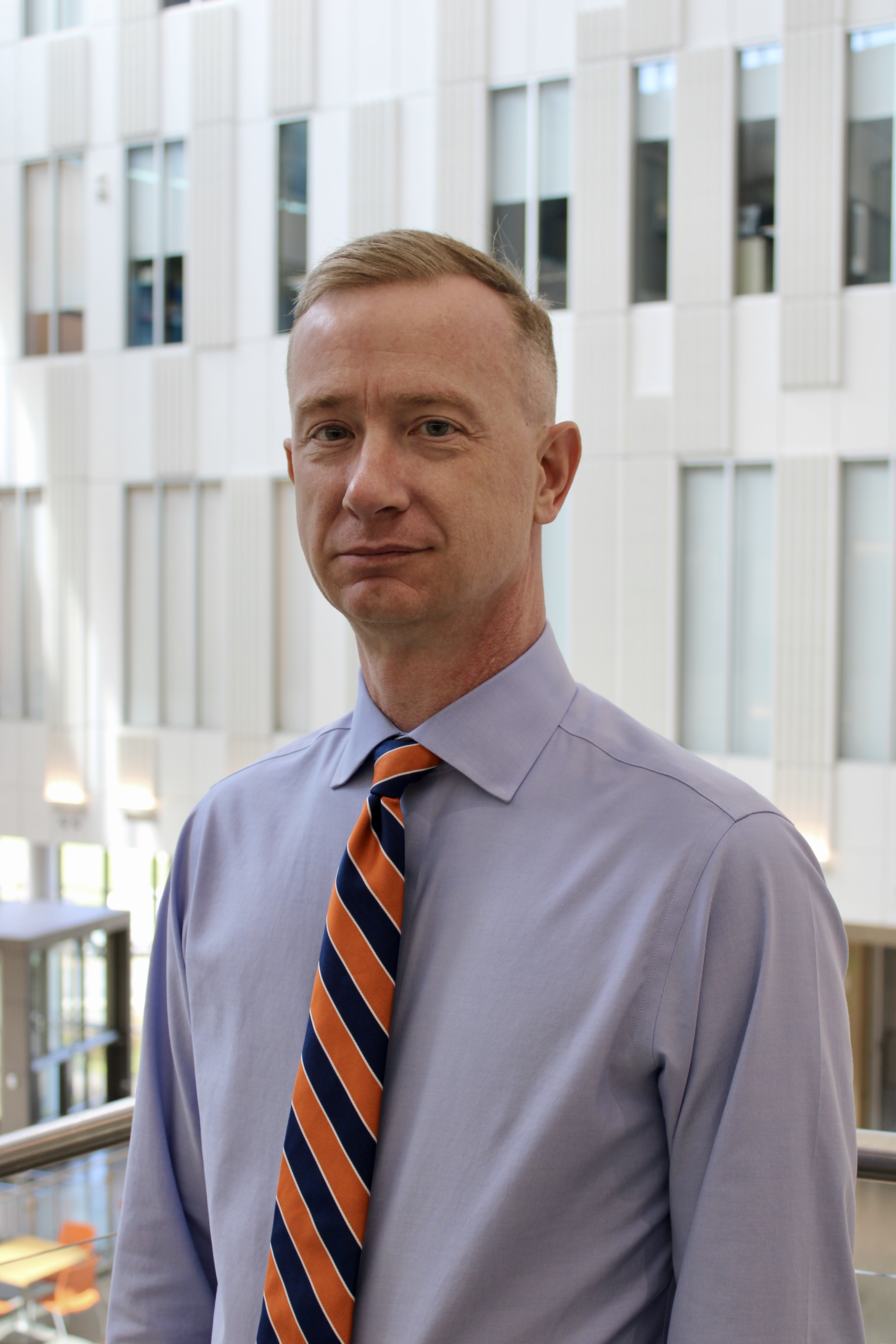 Eric Daniels
Eric DanielsSponsored by

 February 21, 2025
February 21, 2025The topic for this year’s Great Hearts Symposium is Wonder, and the cultivation thereof. Need it be said that wonder is the essence of the fairy tale? No dictionary definition of wonder can capture the experience of "fairie." "Fairie" is wonder. "Once Upon a Time" is an invitation to wonder, to enter through that wicket gate which opens onto mystery and enchantment. But genuine wonder is not mere titillation; it is not an end in itself. The wonder of the great fairy tales lights a way to truths about our humanity that only telling a story can do. The Grimms' Hansel and Gretel is one of the great fairy tales. We will discuss, not just the story’s pedigree or literary antecedents—an obsession of contemporary literary criticism--but also, and most important, its meaning, that is, what the story reveals to us about ourselves, our place in the world, and even our destiny. In Hansel and Gretel, we have a story that is profoundly wise about childhood and learning right from wrong. Perhaps even more significant, the Grimms’ story carries deep religious, and particularly Christian, meaning, having to do with forging the journey to salvation. While I might be the leader in this discussion, what we learn about the story and the truths within it must be a group endeavor.
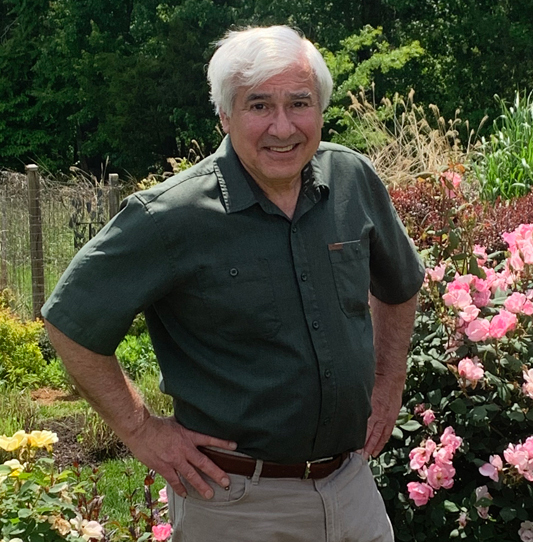 Vigen Guroian
Vigen GuroianSponsored by

 February 21, 2025
February 21, 2025At Brilla Schools, we believe that families are a child’s first and most important educators. We also believe that families and teachers are key partners in a child’s educational journey. This workshop focuses on creating engaging events and experiences that invite families and communities to participate in the classical education journey actively, emphasizing inclusivity, accessibility, and cultural responsiveness. Drawing on Brilla’s successful model of combining classical education with strong community engagement, participants will explore practical strategies for planning events that welcome diverse families and staff into the intellectual and cultural world of classical education. The workshop will emphasize the critical role of families and staff as partners in education, with actionable ideas for fostering relationships that empower parents and caregivers as active participants in their children’s academic and moral development.
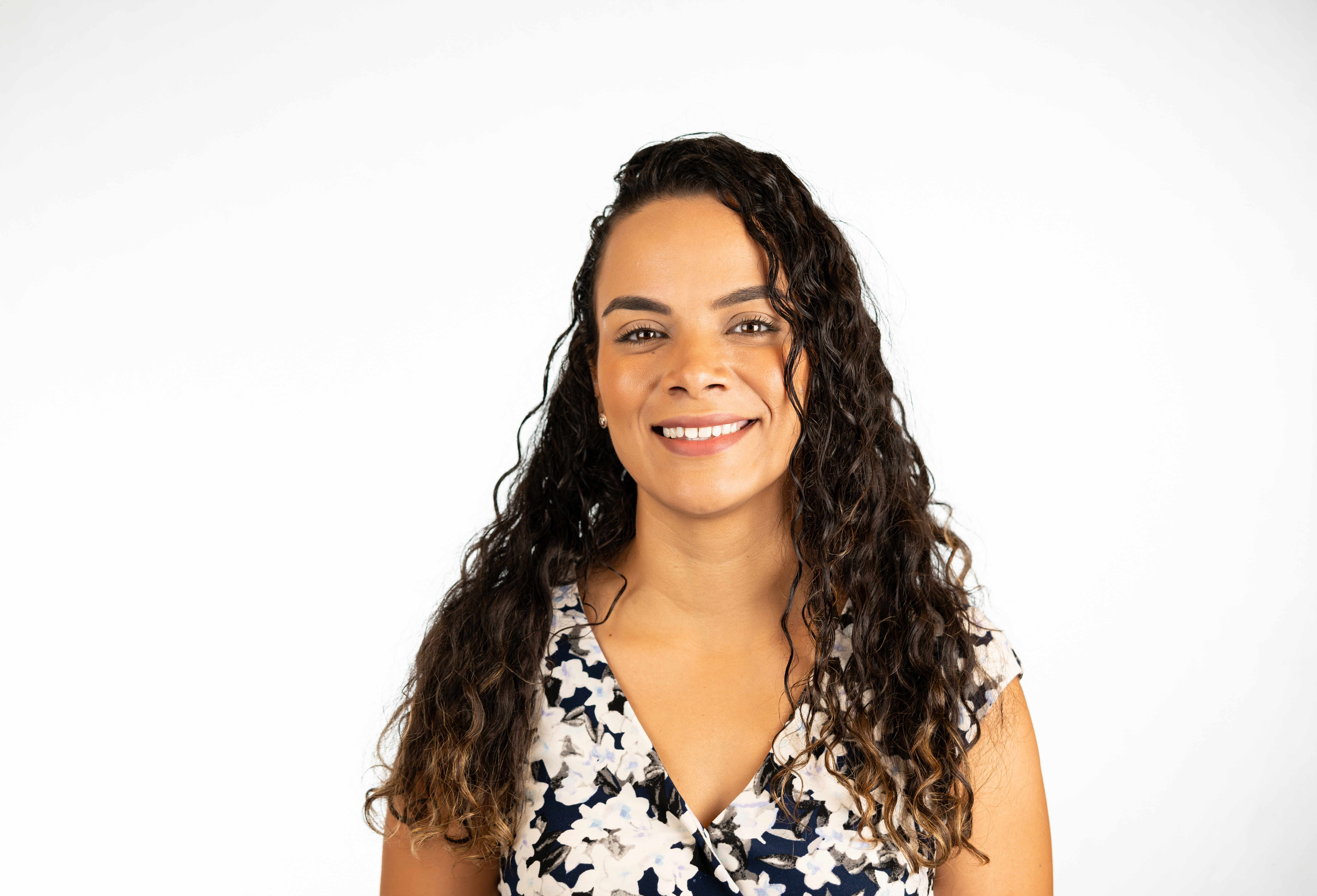 Zoranlly Burgos
Zoranlly BurgosSponsored by

 February 21, 2025
February 21, 2025Modern science and classical education have been at war since the beginning of modern thought, and that war eventually led to the educational (and social and political and cultural) triumph of science over the humanities. The classical liberal arts revival has achieved much in the last several decades, yet without either eliminating or successfully integrating the STEM subjects, especially on the upper school level. In the spirit of contributing to a much larger discussion, I will draw from my decades of experience in the fully-integrated, original source curriculum of Thomas Aquinas College, and in the classical liberal arts revival to detail some of the many difficulties facing complete integration and make some preliminary suggestions for bringing it about.
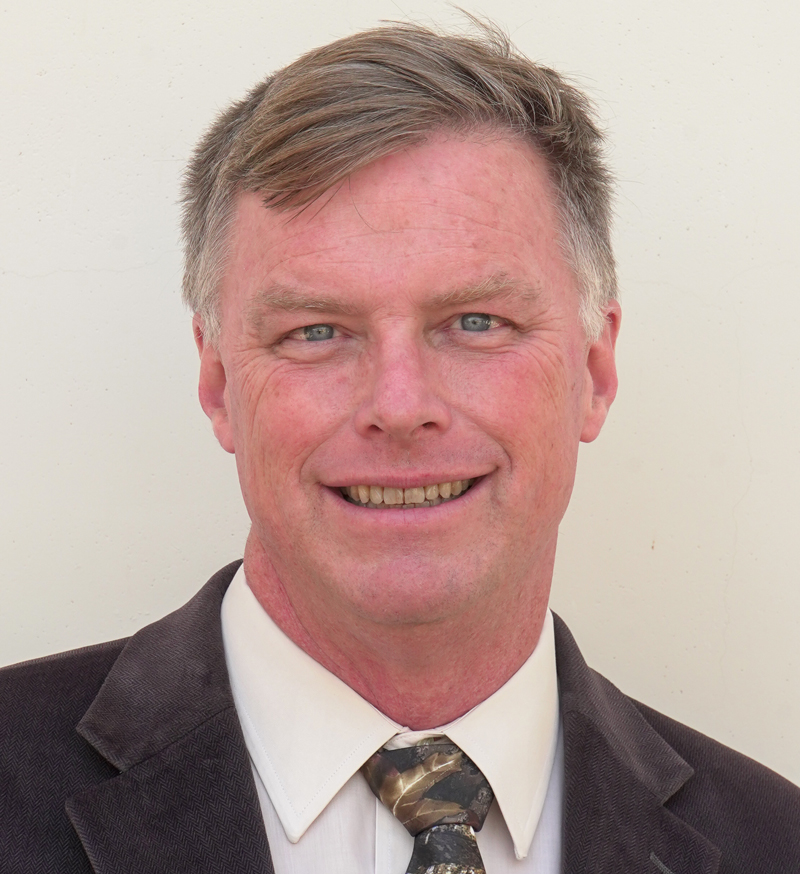 Andrew Seeley
Andrew SeeleySponsored by
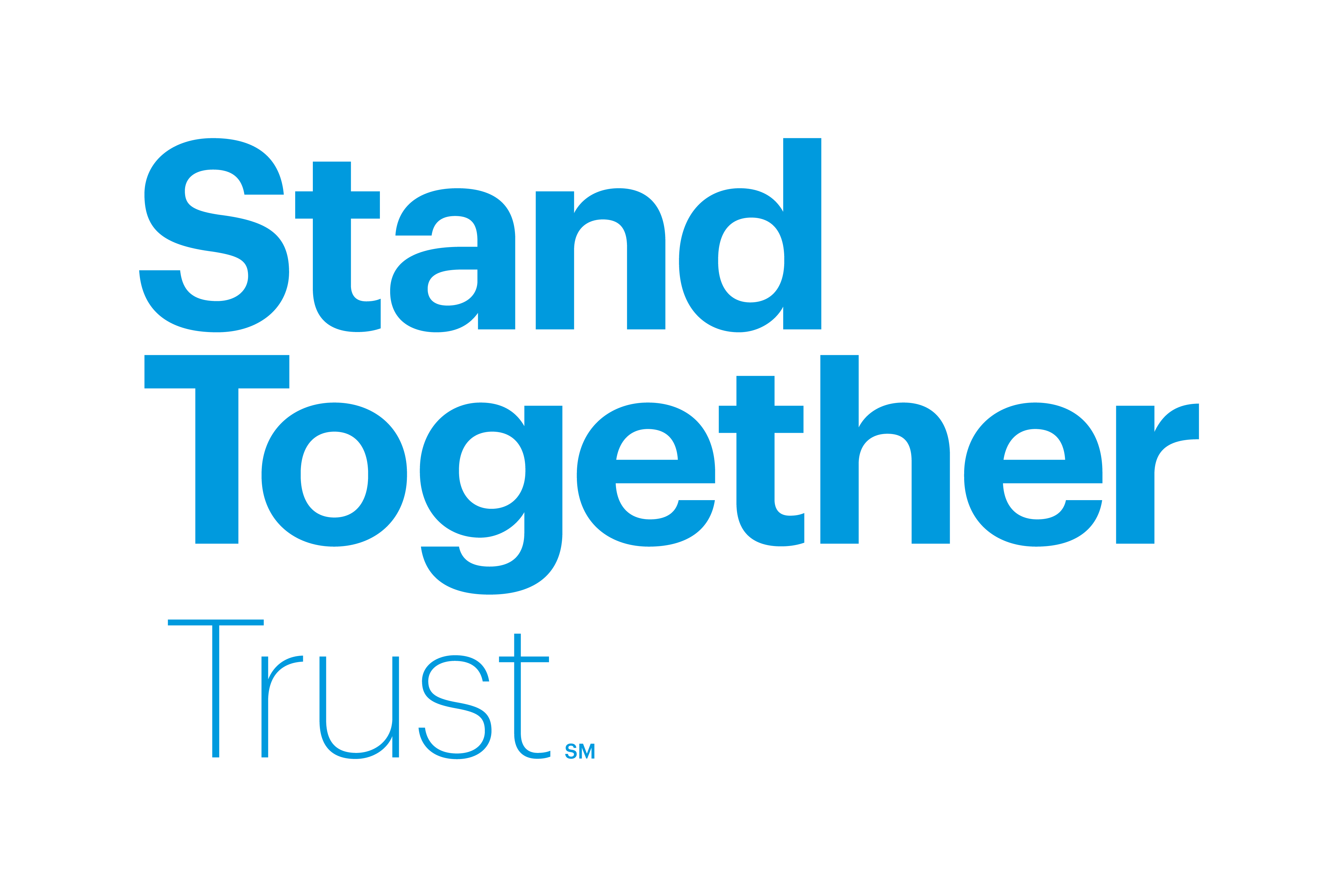
 February 21, 2025
February 21, 2025Based on DuBois' essay on Galileo, this talk is about how Classical Education gives EVERY child the freedom to WONDER and like Galileo the freedom to wonder can inspire every student, no matter their backgrounds to make amazing discoveries.
 Anika Prather
Anika PratherSponsored by

 February 21, 2025
February 21, 2025Many of us use some kind of art (music, illustrations, poetry) as part of our pedagogical toolbelt. I suspect teachers often think of these techniques simply as mnemonic devices: tricks to make knowledge stickier through association with some other domain in the brain (melody, image, rhyme). While this may be true as far as it goes, the role of aesthetics in knowledge retention and student engagement appears to go much deeper than mere memory hacks. This talk will present logic- and research-based arguments for two propositions: (1) students are more engaged and retain more when they are emotionally engaged, and (2) the more beautiful the form of the teaching, the more evocative of students' emotions the subject becomes. Whereas a song can help a student remember facts, a beautiful song invests that knowledge with emotional content, allowing us not simply to hack the memory but to habituate the affections. Through the talk and through examination of teaching materials of varying aesthetic standards, attendees will receive theoretical and practical guidance and encouragement toward raising the aesthetic bar in their own teaching. The session will conclude with a short time to brainstorm and share ideas.
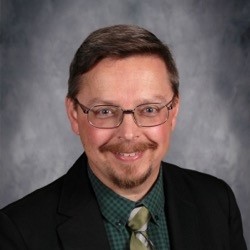 Kerry Lee
Kerry LeeSponsored by

 February 19, 2025
February 19, 2025Locaton: Lobby
 February 19, 2025
February 19, 2025With more and more classical schools coming into existence, there is an increased need to answer the basic question: What is classical education? Although there are notable differences from one implementation to another, there are also key core characteristics. Join Jake Tawney, Chief Academic Officer for Great Hearts Academies, on a tour through the seven liberal arts, the foundation of classical education, and the basic principle guiding the content and pedagogy of each discipline.
 Jake Tawney
Jake TawneySponsored by

 February 19, 2025
February 19, 2025How can classical classrooms effectively welcome students with disabilities and learning differences? Discussions of this question often focus—understandably! —on practical, logistical strategies for implementing services and support for these children. But strategic planning and technique do not reach the heart of the question because they do not address the deep tensions between the classical understanding of what it means to be human and the models of disability prevalent in our culture. Without careful consideration of this tension, we risk undermining our ability to offer a genuine welcome. In a special session prior to the regular Symposium program, Dr. Amy Richards and Tom Doebler will offer a lens through which to wrestle with these ideas, and a forum for dialogue with and between practitioners. Designed for whole school teams to participate in, the goal of this session is to uncover the questions at the core of our objections, concerns, and even fears about teaching the students who, at times, challenge our vision for classical education the most.
 Tom Doebler
Tom Doebler Amy Richards
Amy RichardsSponsored by

 February 19, 2025
February 19, 2025After the success of this workshop at the 2024 Symposium, eminent Shakespearean editor, and ASU Regents Professor Sir Jonathan Bate, and LAMDA Course Leader and renowned theatre Director Nick Hutchison present a further dynamic, interactive workshop on editorial choices across the centuries since the First Folio of 1623, how those choices have illuminated or dimmed our understanding of the plays, and how those choices play out on a stage. Revisiting some of this year’s texts, and approaching a variety of new ones, this is a Shakespearean masterclass for returning symposiasts and freshmen alike.
 Sir Jonathan Bate
Sir Jonathan Bate Nick Hutchison
Nick HutchisonSponsored by

 February 19, 2025
February 19, 2025 February 19, 2025
February 19, 2025K-5 teachers often wonder how the Socratic Method applies in a K-5 classroom – are kindergartners really supposed to seminar on Aristotle? In this workshop, we will discuss lesson planning with inquiry in mind, unit introductions that inspire wonder, and the "sweet-spot" questions that follow. For Great Hearts Staff: Please note that this is the same workshop offered at Great Hearts New Faculty Orientation.
 Jerilyn Olson
Jerilyn OlsonSponsored by

 February 19, 2025
February 19, 2025Mike Austin (upper schools) and Cammie Passey (lower schools), National Directors of Curriculum for Great Hearts Academies, will host a seminar on "As Kingfishers Catch Fire" by Gerard Manley Hopkins. Come kick off your Great Hearts Classical Education Symposium experience by engaging in enriching conversation centered on this beautiful text. You can find a version of the piece here: https://www.poetryfoundation.org/poems/44389/as-kingfishers-catch-fire. Physical copies will be provided at the seminar for attendees.
 Michael Austin
Michael Austin Cammie Passey
Cammie PasseySponsored by

 February 19, 2025
February 19, 2025 February 19, 2025
February 19, 2025The technological attitude is one that seeks to subject everything to rational control. This makes it difficult to experience gratitude, which is a posture toward the world in which one receives what is given, rather than trying to remake the world according to the will. Such reception is often accompanied by wonder, the theme of our conference. I will parse this tension between gratitude and technology as it manifests in various areas of culture, and consider its significance for the challenge of living fully.
 Matthew B. Crawford
Matthew B. CrawfordSponsored by

 February 19, 2025
February 19, 2025 February 20, 2025
February 20, 2025Location: Lobby
 February 20, 2025
February 20, 2025Shakespeare is at the centre of the classical tradition. So what made him a classic? This lecture will argue that the answer is to be found in his own classical education. His grammar school education in the Latin language, in rhetoric and the reading of the great texts of classical antiquity shaped his imagination and enabled him to become a great writer and dramatist himself. No fewer than thirteen of his forty works are set in the world of classical antiquity - and all his works rely on techniques he first learned in the grammar school that gave him a classical education. His friend and rival Ben Jonson was quite wrong to say that Shakespeare had "small Latin" - without Latin, there would have been no Shakespeare, and without Shakespeare we would not have a thriving classical education revival today.
 Sir Jonathan Bate
Sir Jonathan BateSponsored by

 February 20, 2025
February 20, 2025 February 20, 2025
February 20, 2025This session will offer attendees a look into the APEX course on Instructional Coaching that will run next July 2025. We will share some resources and strategies to utilize during the coaching process that are explored during the course. The second half of the workshop will explore ways to reach teachers with various drivers so all faculty feel supported in their growth.
 Mary Chin
Mary ChinSponsored by

 February 20, 2025
February 20, 2025Mathematicians have done a good job of showcasing the usefulness of mathematics. Ironically, this very feature of math is its greatest weakness, for touting the usefulness of math destroys its innate wonder. Happily, we can unlock mathematical pleasures by seeking out the unexplored, the unknown, the undiscovered.
 Satyan Devadoss
Satyan DevadossSponsored by

 February 20, 2025
February 20, 2025Throughout the liberal arts tradition, two definitional characteristics attributed to philosophy are that it begins with wonder and has wisdom as its goal. When philosophy is understood in the expansive way that it has been treated throughout the tradition, this journey from wonder to wisdom becomes a frame for understanding the enterprise of learning writ large. In this seminar we will examine what it means to have a sense of wonder and how we can cultivate such wonder in our students. We also will consider what it means to aim all learning toward the development of wisdom and how we can foster a love of wisdom in our students. Understanding the enterprise of learning as wonder toward wisdom provides helpful insights for classical educators as we work to holistically cultivate our students such that they flourish as human beings and live wise and virtuous lives.
 David Diener
David DienerSponsored by

 February 20, 2025
February 20, 2025As the name implies, the end of a liberal arts education is freedom. One who is liberally educated is freed from prejudice and a servile dependence upon a teacher. Such an education trains its students to become better citizens and better neighbors. For the American, training in the liberal arts necessarily engages the student in the Great Conversation of the West. This conversation by its nature is liberating to all who hear it. When Aristotle tells us that the pursuit of virtue and contemplation frees the soul for a truly human life, we do not question the freedom such a life affords. However, other voices in the Great Conversation seem vicious rather than virtuous, for they seem to reinforce the very prejudice from which a liberal education intends to free us. Yet I would argue that these apparently discordant voices are as essential to the liberating work of this education as any other.
In this workshop, we will explore why we should teach imaginative fiction like Mark Twain’s Adventures of Huckleberry Finn, which is notorious for its offensive racial slurs and for its portrayal of dehumanizing language and behavior. How can such literature free our students, especially our African American students? As we consider race and our American story, we will explore the principles that govern the stories we should read in our literature courses and the stories we should tell in our history courses. We will take time to listen to the Talented Tenth and others who have joined the Great Conversation to teach us why reading these painful and violent stories in our nation’s history can help us all become more virtuous citizens and more loving neighbors.
 Tammy Morrow
Tammy MorrowSponsored by

 February 20, 2025
February 20, 2025This workshop explores the relationship between the moral formation of students and their experience of wonder. How can we teachers and school leaders cultivate a culture at our schools that allows students to have profound and ineffable encounters with the nature of reality, truth, and beauty? And, in turn, how does this culture of wonder serve as the seedbed of forming virtue in young hearts and minds? What is the relationship between wonder and prudence, the first of the cardinal virtues, and how are the moral virtues habituated by frequent and meaningful encounters with the best that has been thought, said, and created in the Western Tradition? This workshop will provide practical strategies and tips for teachers and school leaders who seek to increase the wonder index of their classrooms and campuses to the end of graduating students with strong moral character.
 Daniel Scoggin
Daniel ScogginSponsored by

 February 20, 2025
February 20, 2025One central and problematic expression of the tension between the classical understanding of what it means to be human and the contemporary models of disability are the legal and compliance requirements of Special Education. Federal and state laws and statute rooted in these contemporary models dictate specifics regarding the development, form, and language of student IEPs (Individualized Education Programs), and these requirements distract (at best) or replace (at worst) the purpose of education in the classical sense. As a follow-up to the Wednesday afternoon workshop, Tom will lead another workshop focused more on the details of IEP development in classical schools, and the ins and outs of working with teachers and families on that plan.
 Tom Doebler
Tom Doebler February 20, 2025
February 20, 2025The central myth of the Republic, the Allegory of the Cave, is unlike any other myth within the dialogue or, one might argue, anywhere in the Platonic corpus. It resembles and illuminates other key images of the soul in the Republic, but unlike those other images, its elements are put into motion. It resembles in important ways the other two prominent myths of the Republic, The Ring of Gyges and the Myth of Er, but it is much more closely tied thematically to the other images of the soul Socrates employs throughout the dialogue. And it is an image of what Plato’s Socrates does with his interlocutors when he engages with them in dialectic. The Allegory of the Cave combines all of Socrates’s main philosophical and rhetorical modes. It also provides a map to the structure of the whole of the dialogue.
When Socrates introduces the Allegory of the Cave at the start of Book VII of the Republic, he tells us that it is an image of education (εἶπον, ἀπείκασον τοιούτῳ πάθει τὴν ἡμετέραν φύσιν παιδείας τε πέρι καὶ ἀπαιδευσίας.). He also presents it as an elaboration on the image of the divided line that immediately precedes it in the conclusion of Book VI. The Allegory begins with the description of a cave and prisoners who are chained at the bottom of it so that they can’t get up, and they can only look and listen toward the back wall of the cave where shadows are projected from artifacts (θαῦματα) paraded in front of a fire. We are told that we all begin at the bottom of the cave. This means that within the logic of the allegory, every one of us begins our education with access only to these images in an image within an image that Plato has carefully nested for us and challenged us to unpack.
 Charlotte Thomas
Charlotte ThomasSponsored by

 February 20, 2025
February 20, 2025The English poet` Matthew Arnold said a good education should steep its students in "the best that has been thought and said." But what is the ultimate end of such an education? And what should it include? Must classical education be Christian? Religious? What is the role of secular charter schools in the classical tradition? This panel will explore the multiplicity of arguments for and models of classical education.
 Abraham Unger
Abraham Unger
 Joshua Dunn
Joshua Dunn
 Elisabeth Sullivan
Elisabeth Sullivan
 John Peterson
John Peterson
Sponsored by

 February 20, 2025
February 20, 2025With childlike wonder, we will open the doors of discovery in the world of C.S. Lewis' Narnia. We will unlock and explore the adventures of the unknown in learning. We will gain insights into how to spark curiosity in students, use imagination in the classroom, and live daily life in wonder as educators through engaging with Lewis' literature and in the world beyond the wardrobe.
 Meredith Frey
Meredith FreySponsored by

 February 20, 2025
February 20, 2025How can we inspire young learners to see the world with curiosity and awe? In this breakout session, we will explore strategies to cultivate wonder in the K-5 science classroom by embracing the natural inquisitiveness of children. Participants will discover practical ways to design lessons that encourage observation, inquiry, and discovery while aligning with the classical education model.
Through hands-on activities, discussion, and examples, this workshop will demonstrate how to transform everyday science topics into moments of wonder that spark a lifelong love of learning. Whether you’re a seasoned teacher or new to the classroom, you’ll leave with fresh ideas and resources to create a classroom environment where students see science as a thrilling adventure. Together, we’ll celebrate the joy of learning science through the eyes of a child.
 Karly Barksdale
Karly Barksdale February 20, 2025
February 20, 2025Mission Grille & Courtyard
 February 20, 2025
February 20, 2025Join Matthew B. Crawford for a moderated discussion with Brandon Crowe, Great Hearts Arizona Superintendent of Education, to consider what role the practical arts might play in education -- not only for their practical application, but also as an avenue of intellectual and moral formation.
 Matthew B. Crawford
Matthew B. CrawfordSponsored by

 February 20, 2025
February 20, 2025The capacity of the body to teach the soul is not something we consider often in our society, but we can feel differently instantly by smiling, or by standing up straight. In fact, part of ballet's origin was the intent to create physical nobility, and in the 15th century, when it was being developed, the body was considered a reflection of the soul.
Dance itself is an essential part of human experience, providing more than just physical fitness or catharsis, although it is rated as one of the most effective mood elevators. Dance provides the individual in society the rare opportunity to engage in genuine, spontaneous, and unedited response to something they enjoy (music), and to do so publicly while connecting with others. It is an activity that both exercises and reinforces the best in humanity, and builds openness and trust.
Ballet, a kind of science of dance, prepares the body to be an instrument of the soul, and helps teach the soul nobility through physical practice. For the young, it also teaches positive, confident relationships and sophisticated interaction with the opposite sex in a structured environment. It is the most sophisticated physical education available.
Our society suffers from a lack of structured, refined social dancing, both for what it can provide in enjoyment, and for social and communal relations. By making it a standard part of education, we will be improving both the individual lives of our children, and our society.
This talk will be accompanied by demonstration by a dancer of the American Contemporary Ballet.
 Lincoln Jones
Lincoln Jones Hannah Barr
Hannah Barr February 20, 2025
February 20, 2025A recent Atlantic Magazine article sounded the alarm that the full-length novel is disappearing from American high school curricula, with the result that students are arriving on campuses incapable of reading a novel from cover to cover. On the most mundane level, the ability to read a complete novel in a sustained and thoughtful manner is the first principle of every good and complete education. This panel will address the importance of the novel to the study and understanding of the human condition and the cultivation of wonder through stories. How do novels develop the rational capacity to understand human nature? In what ways do novel length stories inspire wonder and nourish the creative spirit and imagination to pursue knowledge and appreciation for the beauty of the written word? How does exposure to the thoughts and actions of literary characters invite us into the lives of other human beings in light of whom we can assess our own intellectual and moral capacities?
 Christopher Scalia
Christopher Scalia Debra Romanick Baldwin
Debra Romanick Baldwin Jacob Howland
Jacob HowlandSponsored by

 February 20, 2025
February 20, 2025Ian V. Rowe, Senior Fellow at the American Enterprise Institute and Founder & CEO of Vertex Partnership Academies, a virtues-based, International Baccalaureate public charter high school in the Bronx, will lead an interactive workshop on how to incorporate the four cardinal virtues into a school’s curriculum and rituals, to boost academic achievement and facilitate the moral formation of students.
The session will cover how the four cardinal virtues of Courage, Justice, Temperance and Wisdom ⸺ the root virtues upon which all other standards of moral excellence depend ⸺ are integrated into the daily experience of students: from oral recitation of poetry like Invictus; to a discipline system that rewards (and penalizes) behaviors synonymous with (or divergent from) the virtues; to selection of classical texts that best exemplify the virtues; to how we expect students to memorize "I Statements" as part of the process to internalize their sense of personal agency.
Ultimately, the workshop is intended to show how these processes are geared to empower students to overcome the victimhood narrative and aid in their goal to lead self-determined lives with meaning and purpose.
 Ian Rowe
Ian RoweSponsored by

 February 20, 2025
February 20, 2025"Historians look for differences in the past and for how those differences changed and evolved to create the world we know, which contains, however deeply buried, the residues of those past worlds."
—Bernard Bailyn
‘History, it seems to me, is the most useful key we have to open the mysteries of the human predicament."
—Donald Kagan
Aristotle says that all knowledge begins in wonder. What is it about the past that makes us wonder? How does wondering about the past lead to knowledge and understanding? The past is different from the present. Historians observe past events carefully until what is different, eruptive, and enduring emerges. Like the future, the past does not exist; yet, it has a great hold on our memories and shapes our sympathies. How do teachers of history lead students to wonder about the past? We will explore three facets of history as an occasion to wonder: how historical narratives work on us; what we learn of ourselves by observing our forebears; and how human memory collects the most important features of our life together—what we know and what we love. For each of the three facets, workshop participants will examine historical artifacts—the very kinds of materials that historians work up: imagery (maps and photography), data (GDPs and emigration demographics), individual and group narratives (eye witness accounts), and social structures (laws, military strategies, and public programs). Through it all, we will discuss ways for our students to see what the past frees them to see: that we live under history; that we are bound to the dead, the living, and the yet to be born; and that remembering the past is key to knowing who we are and how we ought to live together in society. Every participant in the workshop will receive a complimentary copy of HISTORY FORGOTTEN AND REMEMBERED.
 Andrew Zwerneman
Andrew ZwernemanSponsored by

 February 20, 2025
February 20, 2025Undergraduate education today has a direct influence on the who, how, and what in K-12 classrooms tomorrow. Many schools actively recruit teachers from institutions with reputations for producing graduates of high character and intellect, but it can seem like there are always more open teaching positions than qualified applicants. What can higher education institutions do to encourage and equip their graduates better for opportunities in the classroom? What can they learn from apprenticeship models? How can robust partnerships between K-12 institutions and higher education serve the classical education renewal? This panel will explore a variety of approaches to these questions and provide practical guidance for building fruitful partnerships.
 Erin Valdez
Erin Valdez Andrew Porwancher
Andrew Porwancher Daniel Coupland
Daniel Coupland David Carl
David CarlSponsored by

 February 20, 2025
February 20, 2025Leadership is not for the faint of heart! It requires courage and prudence beyond one’s self; yet with over 50,000 books on leadership listed on Amazon and dozens of new leadership theories advanced over the past 100 years, where does one start?
As classical school leaders, we begin always with first principles—with the wisdom of the ages that has stood the test of time. This workshop will provide highlights from Great Hearts’ Apex Personal Leadership I course, which builds upon the wisdom of the three Delphic maxims inscribed in the Temple of Apollo: "know thyself," " nothing in excess," and "certainty brings ruin." Participants will consider classical lessons on personal leadership applied to modern leadership challenges in K-12 classical schools.
Dr. Dyer will share how the wisdom of Sophocles’s Oedipus the King, Homer’s Odyssey, Aeschylus’s Eumenides, and Drs. Donald and Louise Cowan’s Classic Texts and the Nature of Authority offer insights that can change one’s trajectory as a leader . . . and why a Fortune 100 company reached out to her when modern leadership theories fell short.
 Amber Dyer
Amber DyerSponsored by

 February 20, 2025
February 20, 2025Explore how anchor tasks ignite curiosity and cultivate wonder in the math classroom using Singapore’s approach to mathematics. By connecting students' prior knowledge to new conceptual learning, these opening tasks serve as powerful tools for deeper understanding. Participants will analyze student work and discover how to refine their own teaching craft, customizing lessons that showcase and elevate student thinking. Participants will learn to implement anchor tasks that inspire engagement through various research-based methods and drive conceptual growth for a variety of learners.
 Jessica Kaminski
Jessica Kaminski February 20, 2025
February 20, 2025When I studied physics in school, the theories and equations I was taught were always sure and confirmed. We were not invited to wonder. But right at the heart of those theories, there are deep questions that are never asked. Raising these questions engages the imagination and brings life to physics. It allows students to consider physics as a field which is open and interesting, not fixed and final.
 Chris Swanson
Chris SwansonSponsored by

 February 20, 2025
February 20, 2025Teachers are crucial arbiters of wonder and tone in their classrooms. In this session, participants will consider the balance of cognitive load amongst teacher and students, and how and when should we reduce cognitive load. By utilizing strategies like generation, retrieval, and elaboration, we not only ensure that students are encoding learning to long-term memory, but also make space for further wondering.
 Mary Chin
Mary ChinSponsored by

 February 20, 2025
February 20, 2025Humans are dreamers by nature, and, alone among all of nature’s creatures, we are driven to try to realize what we dream. But where do dreams come from, and how do we keep the pathways to and from that place well-trodden, that we may be a people of dreams? They come from the heart, and they are especially prodigious in young hearts whose shores are regularly washed in the surf of wonder. The task of being human thus includes cultivating and guarding hearts full of wonder, which is a fountain of youth for the heart. And so the task of educating must be above all concerned with wonder: displaying it, responding to it, admiring it, protecting it. Together we will explore the dynamics of wonder and imagination both in the development of culture and in the formation of the soul.
 Junius Johnson
Junius JohnsonSponsored by

 February 20, 2025
February 20, 2025Have we forgotten Jerusalem, even as we remember Athens and Rome? Classical education has rightly focused on the Greco-Roman tradition and its medieval branches, and has also inspired students with an understanding of how Christianity built the West. We often fail, however, to recognize that the West was born through the transfiguration of Greco-Roman culture through a Jewish lens. The Greeks saw man as capable of searching for himself, but it was the Jews who insisted that God Himself is in search of man, giving us an imperative to join the search. This covenantal understanding allowed for a fundamentally new view of man and provided humanity with a new sort of wonder: the realization that, while but dust and ashes, man fills the role of a partner in divine creation. What could be more wonderous than the implication that man stands at the center of creation - indeed, that every man can say, as the ancient Jewish sages put it, that the world was created for me? It was this poetic intuition that formed the background for the development of Christianity. Nevertheless, classical schools usually fail to impart to our students even a basic knowledge of Judaism, let alone a sense of the divergent worldviews held by Jews and pagans. This talk will offer an explanation of how our civilization depends upon developments that originate in Judaism, before discussing opportunities to round out classical education with a more thorough treatment of Judaism and the Jewish people in the ancient Near Eastern, Hellenistic, and Roman worlds.
 Mitchell Rocklin
Mitchell RocklinSponsored by

 February 20, 2025
February 20, 2025 February 20, 2025
February 20, 2025Classical education is predicated on the notion of a "canon" of great books, foundational texts, and ideas, but how does the canon evolve? How should Classical schools think about "the tradition" when making curricular decisions about which books to include in the curriculum? Should the canon be closely guarded? Should it be expansive? Join us for a conversation about how we should decide which books are great and should be included in the canon?
 Jessica Hooten Wilson
Jessica Hooten Wilson Heidi White
Heidi White Mark Bauerlein
Mark Bauerlein Anika Prather
Anika PratherSponsored by

 February 20, 2025
February 20, 2025You have been tapped to lead a project. You are excited to get meaningful work done, but you don't have formal authority to direct the people or resources. Now what? In this session, we will look at leading with influence when you are assigned the task but not the title. Looking at classical principles of phronesis (practical wisdom) and modern principles of leadership and change management, we will think together about how we can get stuff done while loving people well. Come ready to think about an actual change you want to make in your organization.
 Jerilyn Olson
Jerilyn OlsonSponsored by

 February 20, 2025
February 20, 2025The arts of number make up four-sevenths of the liberal arts. More than that, there is something unique in the human soul that can only be satisfied by wondering about mathematics. Why is it then that a "classical approach" to mathematics seems to be an enigma for many schools? This talk seeks to begin the conversation by outlining a few principles of curriculum and pedagogy for the discipline. With any luck, it will do more than that. It will also bring the audience along a journey through the discipline using the lens of truth, goodness, and beauty, and leave all of them wanting to become teachers of mathematics, thereby also solving the teacher pipeline problem.
 Jake Tawney
Jake TawneySponsored by

 February 20, 2025
February 20, 2025According to Socrates, wonder is the only starting point for the love of wisdom. Thankfully, there are many ways to call forth wonder, one of which is logic, a fact recognized in classical education by the central place given to the study of logic in the curriculum. But logic evokes wonder only if it is taught dialectically through discussion centered on the ancient practice of question and answer. Students who learn logic dialectically become full of wonder because they learn to recognize and work with valid deduction, a fundamental feature of the world inaccessible to our sense perception. It is preeminently in the study of logic, properly taught, that students exercise their rational capacity for wonder and begin to take their first steps into the life of the mind.
This presentation will explain why logic has been and should continue to be a central part of classical education, how it should be taught, and how the study of it can be integrated across a liberal arts curriculum. It will be of interest to teachers at every level and subject (though of primary interest to teachers of logic) as well as educators who are responsible for curriculum design. It will also include practical suggestions of how to teach logic and how all teachers can include dialectical education in their subjects.
 Gary Hartenburg
Gary HartenburgSponsored by

 February 20, 2025
February 20, 2025"Everyone who enters our world of culture seeks for guidance. But the guidance is there in the culture itself. . . [T]he pupil must acquire, as soon as possible, the idea of a classic—a ‘touchstone,’ as Arnold called it—in other words, a work whose significance endures across generations and provides a point of comparison for other and lesser creations."
—Roger Scruton
Humane letters, the heart of our students’ cultural heritage, open up the world for young readers. Classic expository texts bring them face to face to wonder about what is mysterious and difficult to understand. Students are challenged to wonder why it is so hard for the young interlocutors in Plato’s Republic to see whether it is better to live justly or unjustly? What is it in the city in speech that frees them to see what they could not otherwise see? The great imaginative works turn our students’ attention to the many oscillations in the human heart. What motivates Dante early in the Inferno to eagerly ask of the souls their stories? What is it about his accrued experience that prepares him for the lower circles and motivates him to treat the souls he finds there with a firmer line of interrogation? These are the kinds of inquiries that the great texts afford our students.
Seminars are the perfect environment to wrestle with these weighty matters in search of adequate answers, driven by excellent questions. Questions are the foundational method for eliciting wonder. This workshop will introduce participants to the seminar. Then, we will try our hand at two examples of eliciting wonder concerning two different classic works: one expository, one imaginative (TBA). Each participant will receive a complimentary copy of Cana Academy’s guide, A Lively Kind of Learning: Mastering the Seminar Method.
 Jeannette DeCelles-Zwerneman
Jeannette DeCelles-ZwernemanSponsored by

 February 20, 2025
February 20, 2025In this hands-on workshop you will get your hands dirty and draw with charcoal and engage in the wonder of creating.
Brighton Demerest-Smith will be on hand to guide and direct participants toward wonder through learning to see well and translate that sight into a drawing. This workshop is for anyone who wants to draw, regardless of skill or past experience.
 Brighton Demerest-Smith
Brighton Demerest-SmithSponsored by

 February 20, 2025
February 20, 2025The question of how Latin should be taught is often fiercely debated on social media. On one side of the debate are those who believe that grammar must first be thoroughly mastered in isolation, and that the goal of learning Latin is to translate classical texts from Latin into English. On the other side are those who draw on principles of Second Language Acquisition, emphasizing that to master a language, students need ample comprehensible and compelling input as well as opportunities for meaningfully interacting in the language. But in many ways, this issue is not debated widely enough in classical education circles. Latin is often simply offered because it’s a "must have" for a classical school, and Latin teachers often teach the way they do only because that’s how they learned it. Questions such as what it means to teach Latin classically, what constitutes appropriate goals for studying Latin, and what the best ways are to achieve those goals are seldom discussed at length.
This panel provides an opportunity for a collegial discussion of this topic. Each panelist will give a 5-minute "credo" on the topic, then briefly respond to each other, and then open the discussion to include participants.
 Luke Patient
Luke Patient J. Sebastian Pagani
J. Sebastian Pagani Erik Ellis
Erik Ellis Laura Eidt
Laura EidtSponsored by

 February 20, 2025
February 20, 2025Effective, comprehensive reading instruction includes both a focus on word recognition and language comprehension. Many literacy programs aligned to the Science of Reading provide robust, systematic phonics instruction, particularly at the early grades. When it comes to reading comprehension, however, it is important for educators to understand it is not a standalone skill that can be directly taught through strategies or drills. It emerges from a reader’s background knowledge, vocabulary, and understanding of the world, which enables them to contextualize information. Thus, a broad and rich curriculum, which builds knowledge across various subjects, is crucial for fostering true comprehension. Without this foundation, teaching comprehension strategies in isolation may yield disappointing results, even with effective word recognition instruction. Shifting reading comprehension instruction from generic reading strategies to content-rich curriculum, in tandem with appropriately-sequenced phonics instruction equips students with the knowledge, vocabulary, and context they need to deeply understand and engage with texts.
 Robert Pondiscio
Robert PondiscioSponsored by

 February 20, 2025
February 20, 2025Education, Plato says, begins with the gymnastic and the musical. Why? Because through the body's unmediated contact with the natural world and through the experience of song and poetry, the student forms deep wondrous experiences that spark and sustain the journey from wonder to wisdom. Increasingly, however, educators and social scientists (like Jonathan Haidt) are noting that modern students, lacking engagement with the natural world and increasingly absorbed on their screens, are lacking the fundamental conditions that education, but especially classical education, presupposes. Educators increasingly need to actively cultivate the conditions necessary for the students to be born in wonder. While Wyoming Catholic College has become increasingly known for its policy that requires its students to fast from their cell phones for the semester, that cell phone fast is only for the sake of allowing students to have an immersive experience in nature, in poetry, and in song. By creating such an environment, educators can provide the necessary conditions that Plato saw as the foundations for transformative education. Giving examples from work with high school and College students, President Washut will describe the benefits to classical education that come from actively cultivating "gymnastic and musical" education, and offer some practical simple steps that the classical education movement can take to recapture a wonder based experiential education for the students entrusted to them.
 Kyle Washut
Kyle WashutSponsored by

 February 20, 2025
February 20, 2025What is it that allows children to live in the present, and to wonder at the world? To play? To have leisure in engaging in projects, which they enjoy? And what happens to us, to nearly every person, that squeezes and presses it out of us, so that we become utilitarians? How did we get here?
It isn’t as if we’ve never known how to learn with pleasure. Adults sense that we are valuable insofar as we are productive; children, in contrast, live in the present, which is why they are sometimes so difficult for adults to handle. I often hear from my daughter, "Mom you’re not very good at playing!" I wonder whether it is possible for adults to recapture the spirit of play.
In an essay entitled "On Early Reading," the nineteenth-century writer Walter Bagehot commented that "[y]outh has a principle of consolidation; we begin with the whole. Small sciences are the labors of our manhood; but the round universe is the plaything of the boy. His fresh mind shoots out vaguely and crudely into the infinite and eternal."
In this workshop I will talk about children, early reading, leisure and wonder.
 Elizabeth Corey
Elizabeth CoreySponsored by

 February 20, 2025
February 20, 2025 February 20, 2025
February 20, 2025Niccolo Machiavelli tells readers of The Prince that great rulers should imitate the examples of other great rulers. Does that apply equally to those who aspire to ruling in a democratic republic? Yes, it certainly does. Teachers can educate their students about certain habits and beliefs that successful democratic leaders exhibit and possess, thereby improving their ability to discern who is best suited to govern and inspiring the most politically ambitious of their charges to emulate those examples. This talk draws mainly from American political history and will explore how Thomas Jefferson, Abraham Lincoln, Franklin Roosevelt, and Ronald Reagan created new political modes and orders through their rhetoric and statecraft. It concludes by offering some concrete rules that all of these great figures implicitly adhered to, showing that there is such a thing as democratic statesmanship.
 Henry Olsen
Henry OlsenSponsored by

 February 20, 2025
February 20, 2025We cannot cultivate wonder in students if teachers in the classroom are not experiencing wonder on a regular basis. But teaching is hard, mind-bending, soul stretching, tiring work and it can be difficult to cultivate wonder in our own souls while struggling to meet all our professional and personal responsibilities. Come learn some simple consistent actions, gleaned from the wisdom of the past and my own personal experience, that can help you build the momentum you need to cultivate wonder within.
 Meghan Muyanja
Meghan MuyanjaSponsored by

 February 20, 2025
February 20, 2025This panel was inspired by a recent article by Daniel Buck entitled "Is Classical Education Research Based?" For many of us, steeping the next generation in "the best that’s been thought and known," is a self-evident good, in no need of technocratic justification. But as the classical education movement continues to grow, it may be important to convince broader audiences of its strong empirical foundations. This panel will explore the extant evidence for the efficacy and long run impact of classical education (according to more and less conventional metrics) and preview some of the exciting research currently underway.
 Robert Pondiscio
Robert Pondiscio Daniel Buck
Daniel Buck Albert Cheng
Albert ChengSponsored by

 February 20, 2025
February 20, 2025This session will be collaborative and focused on the tools and techniques necessary to advance your organization to the next level. What does it truly take to be an influential fundraiser, and how can organizations look at philanthropy from a new lens? Let's explore the latest tools and strategies to advance your school or organization to the next level of philanthropic success.
 Genevieve A. Peterson, CFRE
Genevieve A. Peterson, CFRESponsored by

 February 20, 2025
February 20, 2025Over the past century, mathematics has become increasingly valued in our technologically driven world. Unfortunately, this has come at a great cost, where we prioritize digital over analog, and measurability over complexity, impacting all aspects of our lives. We offer a possible way forward to redeem our STEM obsessed world.
 Satyan Devadoss
Satyan Devadoss February 20, 2025
February 20, 2025What is the role of wonder in lessons? While philosophy may begin in wonder, why should lessons do so? This session focuses on the importance of awakening wonder at the beginning of lessons usually through a sensory-based experience. Building upon that, we then sustain the wonder as we lead students to know and remember, think more deeply, and then communicate eloquently and persuasively.
 William Perales
William Perales February 20, 2025
February 20, 2025According to Robert Frost’s "The Figure a Poem Makes," a poem offers "a momentary stay against confusion," not because it tells us what to think but paradoxically because it does not. Poetry offers students multiple ways to wonder— but is poetry a small part of our classrooms, or is it a part of our daily instruction? This session gives educators practical ways to employ poetry more often to inspire wonder in scholars. We will use Frost’s ideas in "Education by Poetry" as a jumping-off point to explore how poetry allows students to explore and comprehend the magical nature of metaphor, helps to give them an appreciation of music, beauty, and ambiguity, and provides a vehicle for discussions of morality, community, and other important themes. We will look at how a poem can provide valuable lessons in close reading and how a poem can take us from delight to wisdom through wonder, questioning, and Socratic discussion. Resources will be available for all subjects, including science, art, languages, history, and math. We will delight in the idea that the process of reading poetry with wonder can be a powerful classroom tool and can help our scholars foster what Keats described as "Negative Capability, that is, when a man is capable of being in uncertainties, mysteries, doubts, without any irritable reaching after fact and reason."
 Alexandra Umlas
Alexandra UmlasSponsored by

 February 20, 2025
February 20, 2025The way to ruin science education is to act like we actually know what we are talking about. In fact, the mystery in nature far outdistances what we think we have figured out! When we anchor instruction in the places where mystery is found—the wonderful—we create an exciting environment that motivates learning and makes learning a joy. Observation has always been one of the major tools of scientists. Observation is also a place where teachers can tap into the wonders of the natural world. In this talk, we explore how observation can go beyond the mundane and tap into the wonderful.
 John Mays
John MaysSponsored by

 February 20, 2025
February 20, 2025The transcendental properties of being (true, good, and beautiful) are frequent topics of conversation in classical circles: they are properties that attach to every being by virtue of having being. Likewise, we are accustomed to approach classical education with a couple of transcendental properties: it is education in the virtues, and so concerned about the Good; it is mimetic, and therefore concerned with questions of correspondence (True). And…what comes next? I would argue that it aims at harmony in the soul, which is its connection to the Beautiful. In this session, I propose to take the notion of harmony seriously and argue that music is able to do the work of promoting that harmony by a kind of sympathetic action; not just or even primarily in the music classroom, but in every subject. Part demonstration and part lecture, we will explore how, with no more musical qualifications than a patient and attentive ear, it is possible to use music to bring cohesion and compellingness to any humanities classroom.
 Junius Johnson
Junius JohnsonSponsored by

 February 20, 2025
February 20, 2025Teachers, especially classical teachers, assess students daily. In Great Hearts Academies, we continuously gather information from our students through attendance, quizzes, class discussions, recitations of poetry, and participating in seminar. We use the qualitative and quantitative information to evaluate the performance and dispositions of our scholars. Instinctually, we know that each dot on a graph represents a human being with complex motivations and influences, but we also know we can easily become lost in the numbers and lose sight of our mission. How we collect, analyze, and present information impacts our scholars, and the life of our academies. In this panel discussion, we will explore the variety and purposes of data collected in our schools, from enrollment to standardized assessments, to seminars on great works, and the full fruition in the lives of our scholars. We will share stories and discuss important questions regarding data: its limits, purposes, and proper use.
 Bo Faser
Bo Faser Michael Linville
Michael LinvilleSponsored by

 February 21, 2025
February 21, 2025Location: Lobby
 February 21, 2025
February 21, 2025In Socrates’s pursuit of justice, he wonders over how to educate the next generation to be those who love what is beautiful. As educators we must witness to something higher than ourselves. We must become like the survivors at the conclusion of Ray Bradbury's Fahrenheit 451 who embody the witness of the great tradition. "Witness begets witness," writes Carolyn Forche. If we want our students to become those whose lives testify to something beyond their own pleasures; if we hope they are going to become the people who, in the words of Montaigne, know how to die well; we must know how to witness to them what is worth loving that they may become witnesses of the same.
 Jessica Hooten Wilson
Jessica Hooten WilsonSponsored by

 February 21, 2025
February 21, 2025 February 21, 2025
February 21, 2025Why are we so in love with Jane Austen? Why have her novels stood the test of time and why are they are beloved around the world? What about the current generation, so edgy and jaded: they cannot possibly look to Austen for entertainment, let alone guidance or wisdom, can they? And yet, they sure do. There is a whole industry of Austenalia on Tik Tok, actually.
This year as we mark Austen’s 250th birthday, we celebrate the brilliance and timelessness of Jane Austen’s work. The words on her pages are strung together like a ribbon of pearls: elegant, rich, beautifully and expertly woven. Her art is as insightful and charming as the century it was written for. It is no exaggeration to say that Jane Austen is situated at or very near the absolute apex of literary genius. She occupies a place in one of those inner circles of Heaven, where only the most extraordinary and special of Godesses reside.
This panel discussion will explore what accounts for the evergreen fascination with the novels of Jane Austen, her insight into human virtue and vice, her narrative genius, and the enduring wisdom of her expansive capacity for social observation.
 Colleen Sheehan
Colleen Sheehan Sir Jonathan Bate
Sir Jonathan Bate Inger S.B. Brodey
Inger S.B. BrodeySponsored by

 February 21, 2025
February 21, 2025In education, implementing and working through transitions and change has become a common occurrence for every school leader. Whether it is changes in staff, curriculum, students, policies, facilities, community, or so many more, these have become a standard part of the leader’s work and what the leadership team has to help others navigate through. However, most leaders and their teams have not had training or a framework to use as they navigate transitions to help them be successful. It’s important to understand how adults work through change and reflect on how these changes might affect them personally. Much of our work with leaders and teams focuses on developing effective leadership teams and working through transitions and change. Join us as we share about Leading Through Change and leave prepared to navigate transitions and change more confidently.
 Alison Westerlind
Alison Westerlind Debbie Rickey
Debbie RickeySponsored by

 February 21, 2025
February 21, 2025In this workshop, you’ll learn how to leverage a powerful social media ecosystem that starts with power content designed to capture attention, build trust, and create an "invisible list" of warm, engaged prospects who are highly likely to convert into enrolled students. These pieces of content work behind the scenes, nurturing relationships with families before they even consider your school, making your outreach far more effective when the time comes for them to take the next step.
During the session, we will break down this social media ecosystem step-by-step. You’ll discover how to craft this content strategically to tell your school’s story, highlight your unique strengths, and connect emotionally with parents. We’ll explore how it generates awareness to a ready-to-enroll audience who already feels connected to your mission.
You’ll walk away with a complete framework, from ideation to execution, for building content that is proven to boost enrollment. The goal is simple: fill those empty seats with students who are excited to be part of your school community. If you’re ready to stop worrying about enrollment numbers and start seeing real results, this workshop is for you. You’ll leave equipped with actionable strategies to implement immediately, giving your school the competitive edge it needs to thrive. And oh yeah, this ecosystem runs on minimal dollars!
.jpg) Shannon Richards-Nieves
Shannon Richards-NievesSponsored by

 February 21, 2025
February 21, 2025Taking the time to teach and reinforce beautiful handwriting has decreased in favor of efficiency and technology in the classroom. This workshop seeks to explore the origins, progression, value, the essential physical connection to the brain for learning and transposing content, and the state of handwriting as an art form in the classical classroom.
 Bridget Doughty
Bridget Doughty Christen Arbogast
Christen ArbogastSponsored by

 February 21, 2025
February 21, 2025Often enslaved to emotions and appetites, students and instructors alike are guided by society to embrace these masters as the best guide to happiness or self actualization. C.S. Lewis describes this part of the human experience quite differently: "The head rules the belly through the chest–the seat of... Magnanimity, of emotions organized by trained habit into stable sentiments...it may even be said that it is by this middle element that man is man: for by his intellect he is mere spirit and by his appetite mere animal...Without the aid of trained emotions the intellect is powerless against the animal organism...We make men without chests and expect of them virtue and enterprise." In the midst of this cultural moment, Lewis offers us an idea that might astonish our students, cultivating habits and disciplining our appetites might bring the most joy. A classically-oriented approach to physical education and athletics affirms the idea that the purpose of any curriculum ought to be directing students toward a sturdy foundation for a flourishing life. This flourishing is not the modern conception of following one’s desires as the sole arbiter of what is good and true—rather it ought to be crafting correct desires in the learner. Helping our students to be present in physical reality, train the body, and practice virtue through sport are an antidote to a new sort of Gnosticism and enslavement to the "animal appetites."
 Christopher Reynolds
Christopher Reynolds February 21, 2025
February 21, 2025Transform your teaching of Shakespeare and your students’ investment in him! In this lively, interactive workshop acclaimed British director and educator Nick Hutchison (Shakespeare’s Globe, LAMDA, RADA) strips away 400 years of dusty scholarship to reveal why Shakespeare wrote the way he did and how that speaks to us in the 21st century. Examining (and demonstrating) the playing conditions of the 16/17th centuries he shows how the actors of the time worked in an completely (and excitingly) different way to modern theatre, and how we can glean the clues for performance in the text of the plays. Prepare to see Shakespeare in a totally different and more accessible light, bringing the excitement of the staged performance back to your classroom, and making the texts of centuries ago live again.
 Nick Hutchison
Nick HutchisonSponsored by

 February 21, 2025
February 21, 2025In this workshop, participants will learn about several Teach Like a Champion (TLAC) techniques that help build ratio through questioning, writing, and discussion. We will explore how incorporating the techniques will not only shift the load of learning to the students but will also contribute to cultivation of wonder across the content areas. Attendees are encouraged to bring an upcoming lesson plan (either in paper or downloaded digitally) to share/discuss during the small group time, leaving with annotations on possible ideas on how to incorporate the learning from the session.
Sponsored by

 February 21, 2025
February 21, 2025At the end of 2022, the advent of ChatGPT caused many teachers to second-guess the authenticity of a student’s creative artifact. How can teachers wisely teach and assess in the Age of AI and encourage their students to faithfully wrestle and wonder well with skills and ideas? While ChatGPT and other AI platforms provide humans with time-saving tools, they should not preemptively satiate wonder, substitute skill development, or subdue the struggle of creative process. This session will investigate teaching and evaluation practices in the upper school classroom which direct students to love the virtues of learning.
 Carrie Eben
Carrie EbenSponsored by

 February 21, 2025
February 21, 2025This dynamic session will introduce the key principles of Trust Based Relational Intervention (TBRI), and equip educators with an understanding of the impact of trauma on a child’s brain, body and behaviors. Rooted in neuroscience, this session offers a lens through which to view the behavior of students as well as tools to disarm fear, facilitate healing, and optimize learning in students with a history of abuse, neglect, and/or trauma. Participants will gain insight into the value of seeing and meeting the need behind behaviors, and how a small shift in perspective and approach can improve academic, social, and behavioral outcomes for all students.
 Melissa Davis
Melissa Davis Katie O'Dell
Katie O'DellSponsored by

 February 21, 2025
February 21, 2025In this talk, I explore the ways in which travel--and travel stories--can help to cultivate a sense of wonder. Going back to the ancient Greek idea of theoria--an official practice of travel that is also the basis for the contemporary English word theory--I discuss the ways in which thinking like a traveler can help us to see differently in ways that make us wonder anew. I focus on the writings and experience of James Baldwin, whose deep connections between wandering and wondering can inform our own thinking today.
 Susan McWilliams Barndt
Susan McWilliams BarndtSponsored by

 February 21, 2025
February 21, 2025Session Description: If gentle parenting is effective in eliciting right behaviours from children, why not endorse it? We may not want to because gentle parenting flattens the human experience into a series of choice options, none of which reflect any natural goodness or badness in the child, but which instead represent optimal or less optimal outcomes. This is crude behaviorist psychology, treating the human as a kind of input-output machine. Under this model, gentle parenting ignores the depth and complexity of a child’s soul – including the baseness therein – and, because it ignores it, the technique also fails to nurture the depth of a child’s soul, resulting in, unsurprisingly, children who have shallow souls. A child is denied her full humanity as a moral agent: everything she does is varying degrees of frustrated or rewarded will, but never is the nature of a child’s will regarded as anything other than good. This is to treat a child not as an equal, but precisely as somehow less than fully, richly, terribly human.
My own kids, teenage girls, laughed when I told them I was giving a parenting talk. "You?!" they said. They laughed because they assumed that a parenting talk would necessarily be about eliciting compliance, obedience, and right behavior, and they both know they fail at this. Right behavior is a good thing, and there is no question I'd like to see it exhibited in my daughters. But more than obedient children I would like to see deep children, individuals who understand the awful nature of their souls, their capacity for good and for evil, and the joy of grace.
 Marilyn Simon-Crawford
Marilyn Simon-Crawford February 21, 2025
February 21, 2025 February 21, 2025
February 21, 2025This panel will explore the policy settings and state actions conducive to growing a thriving classical school ecosystem. We will discuss school choice mechanisms (charter policies, vouchers, and ESAs), state curriculum standards, teacher certification policies, facilities funding, and more.
 Jason Bedrick
Jason Bedrick Matt Beienberg
Matt Beienberg Erin Valdez
Erin Valdez Derrell Bradford
Derrell BradfordSponsored by

 February 21, 2025
February 21, 2025How well do you know your mission and vision? Can you explain it succinctly and compellingly in any setting? Jason Doughty, Interim Executive Director of Great Hearts Texas, will share hard-earned lessons from over a decade of experience growing schools across multiple regions. This engaging workshop dives into the critical importance of deeply understanding your mission and vision—not just as a guiding force for your organization but as a tool to inspire and engage various audiences, from prospective parents and community partners to potential hires and leadership candidates.
Throughout the session, Jason will explore how your understanding of mission and vision influence key moments: school tours, casual networking events, coffee with an HM, parent teacher conferences, professional development sessions, and more. You’ll learn why mission and vision should be central to every hiring decision and how neglecting this alignment can lead to challenges down the road. Participants will leave with actionable strategies for weaving mission and vision into every interaction.
 Jason Doughty
Jason DoughtySponsored by

 February 21, 2025
February 21, 2025This workshop equips leaders in classical education with the tools to design professional development that cultivates vibrant, intellectually rich classrooms. Through structured planning and practical techniques, attendees will craft PD sessions that inspire educators to deepen their practice, engage students with wonder, and reinforce the enduring values of a classical education. Ideal for school leaders, instructional coaches, and administrators committed to excellence in teaching and learning.
 Corinne Jacobson
Corinne Jacobson Mary Chin
Mary ChinSponsored by

 February 21, 2025
February 21, 2025In this session, participants will investigate strategies to help students actively engage with word problems by connecting to the natural curiosity of children using the context of the problem. Teachers will learn how to guide students to ask their own questions, visualize the scenario, and become invested in the learning process through reading for information. By incorporating visual bar models to solve the problem, students will break down complex problems even further, making them easier to solve. Using these strategies, students will actually want to solve word problems and even write their own.
 Jessica Kaminski
Jessica Kaminski February 21, 2025
February 21, 2025In this workshop, Dr. Eric Daniels will discuss the value of teacher writing in developing crucial traits of successful schools and intellectual cultures. Using the Lyceum Scholars program as a model, he will discuss how community discussion of the Great Books, the great ideas, and how we teach those books and ideas has helped lead a culture of engagement and intellectual growth. The session will focus especially on how the public-facing writing of Lyceum professors has helped develop their engagement with texts and created a platform for deeper engagement of the students that they teach. Daniels will bring some sample materials from the Lyceum program's public writing for participants to discuss.
 Eric Daniels
Eric DanielsSponsored by

 February 21, 2025
February 21, 2025The topic for this year’s Great Hearts Symposium is Wonder, and the cultivation thereof. Need it be said that wonder is the essence of the fairy tale? No dictionary definition of wonder can capture the experience of "fairie." "Fairie" is wonder. "Once Upon a Time" is an invitation to wonder, to enter through that wicket gate which opens onto mystery and enchantment. But genuine wonder is not mere titillation; it is not an end in itself. The wonder of the great fairy tales lights a way to truths about our humanity that only telling a story can do. The Grimms' Hansel and Gretel is one of the great fairy tales. We will discuss, not just the story’s pedigree or literary antecedents—an obsession of contemporary literary criticism--but also, and most important, its meaning, that is, what the story reveals to us about ourselves, our place in the world, and even our destiny. In Hansel and Gretel, we have a story that is profoundly wise about childhood and learning right from wrong. Perhaps even more significant, the Grimms’ story carries deep religious, and particularly Christian, meaning, having to do with forging the journey to salvation. While I might be the leader in this discussion, what we learn about the story and the truths within it must be a group endeavor.
 Vigen Guroian
Vigen GuroianSponsored by

 February 21, 2025
February 21, 2025At Brilla Schools, we believe that families are a child’s first and most important educators. We also believe that families and teachers are key partners in a child’s educational journey. This workshop focuses on creating engaging events and experiences that invite families and communities to participate in the classical education journey actively, emphasizing inclusivity, accessibility, and cultural responsiveness. Drawing on Brilla’s successful model of combining classical education with strong community engagement, participants will explore practical strategies for planning events that welcome diverse families and staff into the intellectual and cultural world of classical education. The workshop will emphasize the critical role of families and staff as partners in education, with actionable ideas for fostering relationships that empower parents and caregivers as active participants in their children’s academic and moral development.
 Zoranlly Burgos
Zoranlly BurgosSponsored by

 February 21, 2025
February 21, 2025Modern science and classical education have been at war since the beginning of modern thought, and that war eventually led to the educational (and social and political and cultural) triumph of science over the humanities. The classical liberal arts revival has achieved much in the last several decades, yet without either eliminating or successfully integrating the STEM subjects, especially on the upper school level. In the spirit of contributing to a much larger discussion, I will draw from my decades of experience in the fully-integrated, original source curriculum of Thomas Aquinas College, and in the classical liberal arts revival to detail some of the many difficulties facing complete integration and make some preliminary suggestions for bringing it about.
 Andrew Seeley
Andrew SeeleySponsored by

 February 21, 2025
February 21, 2025Based on DuBois' essay on Galileo, this talk is about how Classical Education gives EVERY child the freedom to WONDER and like Galileo the freedom to wonder can inspire every student, no matter their backgrounds to make amazing discoveries.
 Anika Prather
Anika PratherSponsored by

 February 21, 2025
February 21, 2025Many of us use some kind of art (music, illustrations, poetry) as part of our pedagogical toolbelt. I suspect teachers often think of these techniques simply as mnemonic devices: tricks to make knowledge stickier through association with some other domain in the brain (melody, image, rhyme). While this may be true as far as it goes, the role of aesthetics in knowledge retention and student engagement appears to go much deeper than mere memory hacks. This talk will present logic- and research-based arguments for two propositions: (1) students are more engaged and retain more when they are emotionally engaged, and (2) the more beautiful the form of the teaching, the more evocative of students' emotions the subject becomes. Whereas a song can help a student remember facts, a beautiful song invests that knowledge with emotional content, allowing us not simply to hack the memory but to habituate the affections. Through the talk and through examination of teaching materials of varying aesthetic standards, attendees will receive theoretical and practical guidance and encouragement toward raising the aesthetic bar in their own teaching. The session will conclude with a short time to brainstorm and share ideas.
 Kerry Lee
Kerry LeeSponsored by

 February 19, 2025
February 19, 2025With more and more classical schools coming into existence, there is an increased need to answer the basic question: What is classical education? Although there are notable differences from one implementation to another, there are also key core characteristics. Join Jake Tawney, Chief Academic Officer for Great Hearts Academies, on a tour through the seven liberal arts, the foundation of classical education, and the basic principle guiding the content and pedagogy of each discipline.
 Jake Tawney
Jake TawneySponsored by

 February 19, 2025
February 19, 2025After the success of this workshop at the 2024 Symposium, eminent Shakespearean editor, and ASU Regents Professor Sir Jonathan Bate, and LAMDA Course Leader and renowned theatre Director Nick Hutchison present a further dynamic, interactive workshop on editorial choices across the centuries since the First Folio of 1623, how those choices have illuminated or dimmed our understanding of the plays, and how those choices play out on a stage. Revisiting some of this year’s texts, and approaching a variety of new ones, this is a Shakespearean masterclass for returning symposiasts and freshmen alike.
 Sir Jonathan Bate
Sir Jonathan Bate Nick Hutchison
Nick HutchisonSponsored by

 February 19, 2025
February 19, 2025Mike Austin (upper schools) and Cammie Passey (lower schools), National Directors of Curriculum for Great Hearts Academies, will host a seminar on "As Kingfishers Catch Fire" by Gerard Manley Hopkins. Come kick off your Great Hearts Classical Education Symposium experience by engaging in enriching conversation centered on this beautiful text. You can find a version of the piece here: https://www.poetryfoundation.org/poems/44389/as-kingfishers-catch-fire. Physical copies will be provided at the seminar for attendees.
 Michael Austin
Michael Austin Cammie Passey
Cammie PasseySponsored by

 February 20, 2025
February 20, 2025This workshop explores the relationship between the moral formation of students and their experience of wonder. How can we teachers and school leaders cultivate a culture at our schools that allows students to have profound and ineffable encounters with the nature of reality, truth, and beauty? And, in turn, how does this culture of wonder serve as the seedbed of forming virtue in young hearts and minds? What is the relationship between wonder and prudence, the first of the cardinal virtues, and how are the moral virtues habituated by frequent and meaningful encounters with the best that has been thought, said, and created in the Western Tradition? This workshop will provide practical strategies and tips for teachers and school leaders who seek to increase the wonder index of their classrooms and campuses to the end of graduating students with strong moral character.
 Daniel Scoggin
Daniel ScogginSponsored by

 February 20, 2025
February 20, 2025Teachers are crucial arbiters of wonder and tone in their classrooms. In this session, participants will consider the balance of cognitive load amongst teacher and students, and how and when should we reduce cognitive load. By utilizing strategies like generation, retrieval, and elaboration, we not only ensure that students are encoding learning to long-term memory, but also make space for further wondering.
 Mary Chin
Mary ChinSponsored by

 February 20, 2025
February 20, 2025In this hands-on workshop you will get your hands dirty and draw with charcoal and engage in the wonder of creating. Brighton Demerest-Smith will be on hand to guide and direct participants toward wonder through learning to see well and translate that sight into a drawing. This workshop is for anyone who wants to draw, regardless of skill or past experience.
 Brighton Demerest-Smith
Brighton Demerest-SmithSponsored by

 February 20, 2025
February 20, 2025The question of how Latin should be taught is often fiercely debated on social media. On one side of the debate are those who believe that grammar must first be thoroughly mastered in isolation, and that the goal of learning Latin is to translate classical texts from Latin into English. On the other side are those who draw on principles of Second Language Acquisition, emphasizing that to master a language, students need ample comprehensible and compelling input as well as opportunities for meaningfully interacting in the language. But in many ways, this issue is not debated widely enough in classical education circles. Latin is often simply offered because it’s a "must have" for a classical school, and Latin teachers often teach the way they do only because that’s how they learned it. Questions such as what it means to teach Latin classically, what constitutes appropriate goals for studying Latin, and what the best ways are to achieve those goals are seldom discussed at length.
This panel provides an opportunity for a collegial discussion of this topic. Each panelist will give a 5-minute "credo" on the topic, then briefly respond to each other, and then open the discussion to include participants.
 Luke Patient
Luke Patient J. Sebastian Pagani
J. Sebastian Pagani Erik Ellis
Erik Ellis Laura Eidt
Laura EidtSponsored by

 February 20, 2025
February 20, 2025The transcendental properties of being (true, good, and beautiful) are frequent topics of conversation in classical circles: they are properties that attach to every being by virtue of having being. Likewise, we are accustomed to approach classical education with a couple of transcendental properties: it is education in the virtues, and so concerned about the Good; it is mimetic, and therefore concerned with questions of correspondence (True). And…what comes next? I would argue that it aims at harmony in the soul, which is its connection to the Beautiful. In this session, I propose to take the notion of harmony seriously and argue that music is able to do the work of promoting that harmony by a kind of sympathetic action; not just or even primarily in the music classroom, but in every subject. Part demonstration and part lecture, we will explore how, with no more musical qualifications than a patient and attentive ear, it is possible to use music to bring cohesion and compellingness to any humanities classroom.
 Junius Johnson
Junius JohnsonSponsored by

 February 21, 2025
February 21, 2025In this workshop, participants will learn about several Teach Like a Champion (TLAC) techniques that help build ratio through questioning, writing, and discussion. We will explore how incorporating the techniques will not only shift the load of learning to the students but will also contribute to cultivation of wonder across the content areas. Attendees are encouraged to bring an upcoming lesson plan (either in paper or downloaded digitally) to share/discuss during the small group time, leaving with annotations on possible ideas on how to incorporate the learning from the session.
Sponsored by

 February 21, 2025
February 21, 2025Often enslaved to emotions and appetites, students and instructors alike are guided by society to embrace these masters as the best guide to happiness or self actualization. C.S. Lewis describes this part of the human experience quite differently: "The head rules the belly through the chest–the seat of... Magnanimity, of emotions organized by trained habit into stable sentiments...it may even be said that it is by this middle element that man is man: for by his intellect he is mere spirit and by his appetite mere animal...Without the aid of trained emotions the intellect is powerless against the animal organism...We make men without chests and expect of them virtue and enterprise." In the midst of this cultural moment, Lewis offers us an idea that might astonish our students, cultivating habits and disciplining our appetites might bring the most joy. A classically-oriented approach to physical education and athletics affirms the idea that the purpose of any curriculum ought to be directing students toward a sturdy foundation for a flourishing life. This flourishing is not the modern conception of following one’s desires as the sole arbiter of what is good and true—rather it ought to be crafting correct desires in the learner. Helping our students to be present in physical reality, train the body, and practice virtue through sport are an antidote to a new sort of Gnosticism and enslavement to the "animal appetites."
 Christopher Reynolds
Christopher Reynolds February 21, 2025
February 21, 2025At the end of 2022, the advent of ChatGPT caused many teachers to second-guess the authenticity of a student’s creative artifact. How can teachers wisely teach and assess in the Age of AI and encourage their students to faithfully wrestle and wonder well with skills and ideas? While ChatGPT and other AI platforms provide humans with time-saving tools, they should not preemptively satiate wonder, substitute skill development, or subdue the struggle of creative process. This session will investigate teaching and evaluation practices in the upper school classroom which direct students to love the virtues of learning.
 Carrie Eben
Carrie EbenSponsored by

 February 21, 2025
February 21, 2025The topic for this year’s Great Hearts Symposium is Wonder, and the cultivation thereof. Need it be said that wonder is the essence of the fairy tale? No dictionary definition of wonder can capture the experience of "fairie." "Fairie" is wonder. "Once Upon a Time" is an invitation to wonder, to enter through that wicket gate which opens onto mystery and enchantment. But genuine wonder is not mere titillation; it is not an end in itself. The wonder of the great fairy tales lights a way to truths about our humanity that only telling a story can do. The Grimms' Hansel and Gretel is one of the great fairy tales. We will discuss, not just the story’s pedigree or literary antecedents—an obsession of contemporary literary criticism--but also, and most important, its meaning, that is, what the story reveals to us about ourselves, our place in the world, and even our destiny. In Hansel and Gretel, we have a story that is profoundly wise about childhood and learning right from wrong. Perhaps even more significant, the Grimms’ story carries deep religious, and particularly Christian, meaning, having to do with forging the journey to salvation. While I might be the leader in this discussion, what we learn about the story and the truths within it must be a group endeavor.
 Vigen Guroian
Vigen GuroianSponsored by

 February 21, 2025
February 21, 2025Many of us use some kind of art (music, illustrations, poetry) as part of our pedagogical toolbelt. I suspect teachers often think of these techniques simply as mnemonic devices: tricks to make knowledge stickier through association with some other domain in the brain (melody, image, rhyme). While this may be true as far as it goes, the role of aesthetics in knowledge retention and student engagement appears to go much deeper than mere memory hacks. This talk will present logic- and research-based arguments for two propositions: (1) students are more engaged and retain more when they are emotionally engaged, and (2) the more beautiful the form of the teaching, the more evocative of students' emotions the subject becomes. Whereas a song can help a student remember facts, a beautiful song invests that knowledge with emotional content, allowing us not simply to hack the memory but to habituate the affections. Through the talk and through examination of teaching materials of varying aesthetic standards, attendees will receive theoretical and practical guidance and encouragement toward raising the aesthetic bar in their own teaching. The session will conclude with a short time to brainstorm and share ideas.
 Kerry Lee
Kerry LeeSponsored by

 February 19, 2025
February 19, 2025How can classical classrooms effectively welcome students with disabilities and learning differences? Discussions of this question often focus—understandably! —on practical, logistical strategies for implementing services and support for these children. But strategic planning and technique do not reach the heart of the question because they do not address the deep tensions between the classical understanding of what it means to be human and the models of disability prevalent in our culture. Without careful consideration of this tension, we risk undermining our ability to offer a genuine welcome. In a special session prior to the regular Symposium program, Dr. Amy Richards and Tom Doebler will offer a lens through which to wrestle with these ideas, and a forum for dialogue with and between practitioners. Designed for whole school teams to participate in, the goal of this session is to uncover the questions at the core of our objections, concerns, and even fears about teaching the students who, at times, challenge our vision for classical education the most.
 Tom Doebler
Tom Doebler Amy Richards
Amy RichardsSponsored by

 February 20, 2025
February 20, 2025One central and problematic expression of the tension between the classical understanding of what it means to be human and the contemporary models of disability are the legal and compliance requirements of Special Education. Federal and state laws and statute rooted in these contemporary models dictate specifics regarding the development, form, and language of student IEPs, and these requirements distract (at best) or replace (at worst) the purpose of education in the classical sense. As a follow-up to the Wednesday afternoon workshop, Tom will lead another workshop focused more on the details of IEP development in classical schools, and the ins and outs of working with teachers and families on that plan.
 Tom Doebler
Tom Doebler February 20, 2025
February 20, 2025Ian V. Rowe, Senior Fellow at the American Enterprise Institute and Founder & CEO of Vertex Partnership Academies, a virtues-based, International Baccalaureate public charter high school in the Bronx, will lead an interactive workshop on how to incorporate the four cardinal virtues into a school’s curriculum and rituals, to boost academic achievement and facilitate the moral formation of students.
The session will cover how the four cardinal virtues of Courage, Justice, Temperance and Wisdom ⸺ the root virtues upon which all other standards of moral excellence depend ⸺ are integrated into the daily experience of students: from oral recitation of poetry like Invictus; to a discipline system that rewards (and penalizes) behaviors synonymous with (or divergent from) the virtues; to selection of classical texts that best exemplify the virtues; to how we expect students to memorize "I Statements" as part of the process to internalize their sense of personal agency.
Ultimately, the workshop is intended to show how these processes are geared to empower students to overcome the victimhood narrative and aid in their goal to lead self-determined lives with meaning and purpose.
Video - https://youtu.be/zW8Lvjo7z3c
 Ian Rowe
Ian RoweSponsored by

 February 20, 2025
February 20, 2025Effective, comprehensive reading instruction includes both a focus on word recognition and language comprehension. Many literacy programs aligned to the Science of Reading provide robust, systematic phonics instruction, particularly at the early grades. When it comes to reading comprehension, however, it is important for educators to understand it is not a standalone skill that can be directly taught through strategies or drills. It emerges from a reader’s background knowledge, vocabulary, and understanding of the world, which enables them to contextualize information. Thus, a broad and rich curriculum, which builds knowledge across various subjects, is crucial for fostering true comprehension. Without this foundation, teaching comprehension strategies in isolation may yield disappointing results, even with effective word recognition instruction. Shifting reading comprehension instruction from generic reading strategies to content-rich curriculum, in tandem with appropriately-sequenced phonics instruction equips students with the knowledge, vocabulary, and context they need to deeply understand and engage with texts.
 Robert Pondiscio
Robert PondiscioSponsored by

 February 20, 2025
February 20, 2025Teachers, especially classical teachers, assess students daily. In Great Hearts Academies, we continuously gather information from our students through attendance, quizzes, class discussions, recitations of poetry, and participating in seminar. We use the qualitative and quantitative information to evaluate the performance and dispositions of our scholars. Instinctually, we know that each dot on a graph represents a human being with complex motivations and influences, but we also know we can easily become lost in the numbers and lose sight of our mission. How we collect, analyze, and present information impacts our scholars, and the life of our academies. In this panel discussion, we will explore the variety and purposes of data collected in our schools, from enrollment to standardized assessments, to seminars on great works, and the full fruition in the lives of our scholars. We will share stories and discuss important questions regarding data: its limits, purposes, and proper use.
 Bo Faser
Bo Faser Michael Linville
Michael LinvilleSponsored by

 February 21, 2025
February 21, 2025This dynamic session will introduce the key principles of Trust Based Relational Intervention (TBRI), and equip educators with an understanding of the impact of trauma on a child’s brain, body and behaviors. Rooted in neuroscience, this session offers a lens through which to view the behavior of students as well as tools to disarm fear, facilitate healing, and optimize learning in students with a history of abuse, neglect, and/or trauma. Participants will gain insight into the value of seeing and meeting the need behind behaviors, and how a small shift in perspective and approach can improve academic, social, and behavioral outcomes for all students.
 Melissa Davis
Melissa Davis Katie O'Dell
Katie O'DellSponsored by

 February 21, 2025
February 21, 2025At Brilla Schools, we believe that families are a child’s first and most important educators. We also believe that families and teachers are key partners in a child’s educational journey. This workshop focuses on creating engaging events and experiences that invite families and communities to participate in the classical education journey actively, emphasizing inclusivity, accessibility, and cultural responsiveness. Drawing on Brilla’s successful model of combining classical education with strong community engagement, participants will explore practical strategies for planning events that welcome diverse families and staff into the intellectual and cultural world of classical education. The workshop will emphasize the critical role of families and staff as partners in education, with actionable ideas for fostering relationships that empower parents and caregivers as active participants in their children’s academic and moral development.
 Zoranlly Burgos
Zoranlly BurgosSponsored by

 February 19, 2025
February 19, 2025K-5 teachers often wonder how the Socratic Method applies in a K-5 classroom – are kindergartners really supposed to seminar on Aristotle? In this workshop, we will discuss lesson planning with inquiry in mind, unit introductions that inspire wonder, and the "sweet-spot" questions that follow. For Great Hearts Staff: Please note that this is the same workshop offered at Great Hearts New Faculty Orientation.
 Jerilyn Olson
Jerilyn OlsonSponsored by

 February 20, 2025
February 20, 2025With childlike wonder, we will open the doors of discovery in the world of C.S. Lewis' Narnia. We will unlock and explore the adventures of the unknown in learning. We will gain insights into how to spark curiosity in students, use imagination in the classroom, and live daily life in wonder as educators through engaging with Lewis' literature and in the world beyond the wardrobe.
 Meredith Frey
Meredith FreySponsored by

 February 20, 2025
February 20, 2025How can we inspire young learners to see the world with curiosity and awe? In this breakout session, we will explore strategies to cultivate wonder in the K-5 science classroom by embracing the natural inquisitiveness of children. Participants will discover practical ways to design lessons that encourage observation, inquiry, and discovery while aligning with the classical education model.
Through hands-on activities, discussion, and examples, this workshop will demonstrate how to transform everyday science topics into moments of wonder that spark a lifelong love of learning. Whether you’re a seasoned teacher or new to the classroom, you’ll leave with fresh ideas and resources to create a classroom environment where students see science as a thrilling adventure. Together, we’ll celebrate the joy of learning science through the eyes of a child.
 Karly Barksdale
Karly Barksdale February 20, 2025
February 20, 2025"Historians look for differences in the past and for how those differences changed and evolved to create the world we know, which contains, however deeply buried, the residues of those past worlds."
—Bernard Bailyn
‘History, it seems to me, is the most useful key we have to open the mysteries of the human predicament."
—Donald Kagan
Aristotle says that all knowledge begins in wonder. What is it about the past that makes us wonder? How does wondering about the past lead to knowledge and understanding? The past is different from the present. Historians observe past events carefully until what is different, eruptive, and enduring emerges. Like the future, the past does not exist; yet, it has a great hold on our memories and shapes our sympathies. How do teachers of history lead students to wonder about the past? We will explore three facets of history as an occasion to wonder: how historical narratives work on us; what we learn of ourselves by observing our forebears; and how human memory collects the most important features of our life together—what we know and what we love. For each of the three facets, workshop participants will examine historical artifacts—the very kinds of materials that historians work up: imagery (maps and photography), data (GDPs and emigration demographics), individual and group narratives (eye witness accounts), and social structures (laws, military strategies, and public programs). Through it all, we will discuss ways for our students to see what the past frees them to see: that we live under history; that we are bound to the dead, the living, and the yet to be born; and that remembering the past is key to knowing who we are and how we ought to live together in society. Every participant in the workshop will receive a complimentary copy of HISTORY FORGOTTEN AND REMEMBERED.
 Andrew Zwerneman
Andrew ZwernemanSponsored by

 February 20, 2025
February 20, 2025Explore how anchor tasks ignite curiosity and cultivate wonder in the math classroom using Singapore’s approach to mathematics. By connecting students' prior knowledge to new conceptual learning, these opening tasks serve as powerful tools for deeper understanding. Participants will analyze student work and discover how to refine their own teaching craft, customizing lessons that showcase and elevate student thinking. Participants will learn to implement anchor tasks that inspire engagement through various research-based methods and drive conceptual growth for a variety of learners.
 Jessica Kaminski
Jessica Kaminski February 20, 2025
February 20, 2025The arts of number make up four-sevenths of the liberal arts. More than that, there is something unique in the human soul that can only be satisfied by wondering about mathematics. Why is it then that a "classical approach" to mathematics seems to be an enigma for many schools? This talk seeks to begin the conversation by outlining a few principles of curriculum and pedagogy for the discipline. With any luck, it will do more than that. It will also bring the audience along a journey through the discipline using the lens of truth, goodness, and beauty, and leave all of them wanting to become teachers of mathematics, thereby also solving the teacher pipeline problem.
 Jake Tawney
Jake TawneySponsored by

 February 20, 2025
February 20, 2025What is the role of wonder in lessons? While philosophy may begin in wonder, why should lessons do so? This session focuses on the importance of awakening wonder at the beginning of lessons usually through a sensory-based experience. Building upon that, we then sustain the wonder as we lead students to know and remember, think more deeply, and then communicate eloquently and persuasively.
 William Perales
William Perales February 21, 2025
February 21, 2025Taking the time to teach and reinforce beautiful handwriting has decreased in favor of efficiency and technology in the classroom. This workshop seeks to explore the origins, progression, value, the essential physical connection to the brain for learning and transposing content, and the state of handwriting as an art form in the classical classroom.
 Bridget Doughty
Bridget Doughty Christen Arbogast
Christen ArbogastSponsored by

 February 21, 2025
February 21, 2025In this session, participants will investigate strategies to help students actively engage with word problems by connecting to the natural curiosity of children using the context of the problem. Teachers will learn how to guide students to ask their own questions, visualize the scenario, and become invested in the learning process through reading for information. By incorporating visual bar models to solve the problem, students will break down complex problems even further, making them easier to solve. Using these strategies, students will actually want to solve word problems and even write their own.
 Jessica Kaminski
Jessica Kaminski February 19, 2025
February 19, 2025The technological attitude is one that seeks to subject everything to rational control. This makes it difficult to experience gratitude, which is a posture toward the world in which one receives what is given, rather than trying to remake the world according to the will. Such reception is often accompanied by wonder, the theme of our conference. I will parse this tension between gratitude and technology as it manifests in various areas of culture, and consider its significance for the challenge of living fully.
 Matthew B. Crawford
Matthew B. CrawfordSponsored by

 February 20, 2025
February 20, 2025Shakespeare is at the centre of the classical tradition. So what made him a classic? This lecture will argue that the answer is to be found in his own classical education. His grammar school education in the Latin language, in rhetoric and the reading of the great texts of classical antiquity shaped his imagination and enabled him to become a great writer and dramatist himself. No fewer than thirteen of his forty works are set in the world of classical antiquity - and all his works rely on techniques he first learned in the grammar school that gave him a classical education. His friend and rival Ben Jonson was quite wrong to say that Shakespeare had "small Latin" - without Latin, there would have been no Shakespeare, and without Shakespeare we would not have a thriving classical education revival today.
 Sir Jonathan Bate
Sir Jonathan BateSponsored by

 February 21, 2025
February 21, 2025In Socrates’s pursuit of justice, he wonders over how to educate the next generation to be those who love what is beautiful. As educators we must witness to something higher than ourselves. We must become like the survivors at the conclusion of Ray Bradbury's Fahrenheit 451 who embody the witness of the great tradition. "Witness begets witness," writes Carolyn Forche. If we want our students to become those whose lives testify to something beyond their own pleasures; if we hope they are going to become the people who, in the words of Montaigne, know how to die well; we must know how to witness to them what is worth loving that they may become witnesses of the same.
 Jessica Hooten Wilson
Jessica Hooten WilsonSponsored by

 February 20, 2025
February 20, 2025This session will offer attendees a look into the APEX course on Instructional Coaching that will run next July 2025. We will share some resources and strategies to utilize during the coaching process that are explored during the course. The second half of the workshop will explore ways to reach teachers with various drivers so all faculty feel supported in their growth.
 Mary Chin
Mary ChinSponsored by

 February 20, 2025
February 20, 2025Leadership is not for the faint of heart! It requires courage and prudence beyond one’s self; yet with over 50,000 books on leadership listed on Amazon and dozens of new leadership theories advanced over the past 100 years, where does one start?
As classical school leaders, we begin always with first principles—with the wisdom of the ages that has stood the test of time. This workshop will provide highlights from Great Hearts’ Apex Personal Leadership I course, which builds upon the wisdom of the three Delphic maxims inscribed in the Temple of Apollo: "know thyself," " nothing in excess," and "certainty brings ruin." Participants will consider classical lessons on personal leadership applied to modern leadership challenges in K-12 classical schools.
Dr. Dyer will share how the wisdom of Sophocles’s Oedipus the King, Homer’s Odyssey, Aeschylus’s Eumenides, and Drs. Donald and Louise Cowan’s Classic Texts and the Nature of Authority offer insights that can change one’s trajectory as a leader . . . and why a Fortune 100 company reached out to her when modern leadership theories fell short.
 Amber Dyer
Amber DyerSponsored by

 February 20, 2025
February 20, 2025You have been tapped to lead a project. You are excited to get meaningful work done, but you don't have formal authority to direct the people or resources. Now what? In this session, we will look at leading with influence when you are assigned the task but not the title. Looking at classical principles of phronesis (practical wisdom) and modern principles of leadership and change management, we will think together about how we can get stuff done while loving people well. Come ready to think about an actual change you want to make in your organization.
 Jerilyn Olson
Jerilyn OlsonSponsored by

 February 20, 2025
February 20, 2025We cannot cultivate wonder in students if teachers in the classroom are not experiencing wonder on a regular basis. But teaching is hard, mind-bending, soul stretching, tiring work and it can be difficult to cultivate wonder in our own souls while struggling to meet all our professional and personal responsibilities. Come learn some simple consistent actions, gleaned from the wisdom of the past and my own personal experience, that can help you build the momentum you need to cultivate wonder within.
 Meghan Muyanja
Meghan MuyanjaSponsored by

 February 20, 2025
February 20, 2025This session will be collaborative and focused on the tools and techniques necessary to advance your organization to the next level. What does it truly take to be an influential fundraiser, and how can organizations look at philanthropy from a new lens? Let's explore the latest tools and strategies to advance your school or organization to the next level of philanthropic success.
 Genevieve A. Peterson, CFRE
Genevieve A. Peterson, CFRESponsored by

 February 21, 2025
February 21, 2025In education, implementing and working through transitions and change has become a common occurrence for every school leader. Whether it is changes in staff, curriculum, students, policies, facilities, community, or so many more, these have become a standard part of the leader’s work and what the leadership team has to help others navigate through. However, most leaders and their teams have not had training or a framework to use as they navigate transitions to help them be successful. It’s important to understand how adults work through change and reflect on how these changes might affect them personally. Much of our work with leaders and teams focuses on developing effective leadership teams and working through transitions and change. Join us as we share about Leading Through Change and leave prepared to navigate transitions and change more confidently.
 Alison Westerlind
Alison Westerlind Debbie Rickey
Debbie RickeySponsored by

 February 21, 2025
February 21, 2025In this workshop, you’ll learn how to leverage a powerful social media ecosystem that starts with power content designed to capture attention, build trust, and create an "invisible list" of warm, engaged prospects who are highly likely to convert into enrolled students. These pieces of content work behind the scenes, nurturing relationships with families before they even consider your school, making your outreach far more effective when the time comes for them to take the next step.
During the session, we will break down this social media ecosystem step-by-step. You’ll discover how to craft this content strategically to tell your school’s story, highlight your unique strengths, and connect emotionally with parents. We’ll explore how it generates awareness to a ready-to-enroll audience who already feels connected to your mission.
You’ll walk away with a complete framework, from ideation to execution, for building content that is proven to boost enrollment. The goal is simple: fill those empty seats with students who are excited to be part of your school community. If you’re ready to stop worrying about enrollment numbers and start seeing real results, this workshop is for you. You’ll leave equipped with actionable strategies to implement immediately, giving your school the competitive edge it needs to thrive. And oh yeah, this ecosystem runs on minimal dollars!
.jpg) Shannon Richards-Nieves
Shannon Richards-NievesSponsored by

 February 21, 2025
February 21, 2025How well do you know your mission and vision? Can you explain it succinctly and compellingly in any setting? Jason Doughty, Interim Executive Director of Great Hearts Texas, will share hard-earned lessons from over a decade of experience growing schools across multiple regions. This engaging workshop dives into the critical importance of deeply understanding your mission and vision—not just as a guiding force for your organization but as a tool to inspire and engage various audiences, from prospective parents and community partners to potential hires and leadership candidates.
Throughout the session, Jason will explore how your understanding of mission and vision influence key moments: school tours, casual networking events, coffee with an HM, parent teacher conferences, professional development sessions, and more. You’ll learn why mission and vision should be central to every hiring decision and how neglecting this alignment can lead to challenges down the road. Participants will leave with actionable strategies for weaving mission and vision into every interaction.
 Jason Doughty
Jason DoughtySponsored by

 February 21, 2025
February 21, 2025This workshop equips leaders in classical education with the tools to design professional development that cultivates vibrant, intellectually rich classrooms. Through structured planning and practical techniques, attendees will craft PD sessions that inspire educators to deepen their practice, engage students with wonder, and reinforce the enduring values of a classical education. Ideal for school leaders, instructional coaches, and administrators committed to excellence in teaching and learning.
 Corinne Jacobson
Corinne Jacobson Mary Chin
Mary ChinSponsored by

 February 20, 2025
February 20, 2025Mathematicians have done a good job of showcasing the usefulness of mathematics. Ironically, this very feature of math is its greatest weakness, for touting the usefulness of math destroys its innate wonder. Happily, we can unlock mathematical pleasures by seeking out the unexplored, the unknown, the undiscovered.
 Satyan Devadoss
Satyan DevadossSponsored by

 February 20, 2025
February 20, 2025As the name implies, the end of a liberal arts education is freedom. One who is liberally educated is freed from prejudice and a servile dependence upon a teacher. Such an education trains its students to become better citizens and better neighbors. For the American, training in the liberal arts necessarily engages the student in the Great Conversation of the West. This conversation by its nature is liberating to all who hear it. When Aristotle tells us that the pursuit of virtue and contemplation frees the soul for a truly human life, we do not question the freedom such a life affords. However, other voices in the Great Conversation seem vicious rather than virtuous, for they seem to reinforce the very prejudice from which a liberal education intends to free us. Yet I would argue that these apparently discordant voices are as essential to the liberating work of this education as any other.
In this workshop, we will explore why we should teach imaginative fiction like Mark Twain’s Adventures of Huckleberry Finn, which is notorious for its offensive racial slurs and for its portrayal of dehumanizing language and behavior. How can such literature free our students, especially our African American students? As we consider race and our American story, we will explore the principles that govern the stories we should read in our literature courses and the stories we should tell in our history courses. We will take time to listen to the Talented Tenth and others who have joined the Great Conversation to teach us why reading these painful and violent stories in our nation’s history can help us all become more virtuous citizens and more loving neighbors.
 Tammy Morrow
Tammy MorrowSponsored by

 February 20, 2025
February 20, 2025When I studied physics in school, the theories and equations I was taught were always sure and confirmed. We were not invited to wonder. But right at the heart of those theories, there are deep questions that are never asked. Raising these questions engages the imagination and brings life to physics. It allows students to consider physics as a field which is open and interesting, not fixed and final.
 Chris Swanson
Chris SwansonSponsored by

 February 20, 2025
February 20, 2025According to Socrates, wonder is the only starting point for the love of wisdom. Thankfully, there are many ways to call forth wonder, one of which is logic, a fact recognized in classical education by the central place given to the study of logic in the curriculum. But logic evokes wonder only if it is taught dialectically through discussion centered on the ancient practice of question and answer. Students who learn logic dialectically become full of wonder because they learn to recognize and work with valid deduction, a fundamental feature of the world inaccessible to our sense perception. It is preeminently in the study of logic, properly taught, that students exercise their rational capacity for wonder and begin to take their first steps into the life of the mind.
This presentation will explain why logic has been and should continue to be a central part of classical education, how it should be taught, and how the study of it can be integrated across a liberal arts curriculum. It will be of interest to teachers at every level and subject (though of primary interest to teachers of logic) as well as educators who are responsible for curriculum design. It will also include practical suggestions of how to teach logic and how all teachers can include dialectical education in their subjects.
 Gary Hartenburg
Gary HartenburgSponsored by

 February 20, 2025
February 20, 2025"Everyone who enters our world of culture seeks for guidance. But the guidance is there in the culture itself. . . [T]he pupil must acquire, as soon as possible, the idea of a classic—a ‘touchstone,’ as Arnold called it—in other words, a work whose significance endures across generations and provides a point of comparison for other and lesser creations."
—Roger Scruton
Humane letters, the heart of our students’ cultural heritage, open up the world for young readers. Classic expository texts bring them face to face to wonder about what is mysterious and difficult to understand. Students are challenged to wonder why it is so hard for the young interlocutors in Plato’s Republic to see whether it is better to live justly or unjustly? What is it in the city in speech that frees them to see what they could not otherwise see? The great imaginative works turn our students’ attention to the many oscillations in the human heart. What motivates Dante early in the Inferno to eagerly ask of the souls their stories? What is it about his accrued experience that prepares him for the lower circles and motivates him to treat the souls he finds there with a firmer line of interrogation? These are the kinds of inquiries that the great texts afford our students.
Seminars are the perfect environment to wrestle with these weighty matters in search of adequate answers, driven by excellent questions. Questions are the foundational method for eliciting wonder. This workshop will introduce participants to the seminar. Then, we will try our hand at two examples of eliciting wonder concerning two different classic works: one expository, one imaginative (TBA). Each participant will receive a complimentary copy of Cana Academy’s guide, A Lively Kind of Learning: Mastering the Seminar Method.
 Jeannette DeCelles-Zwerneman
Jeannette DeCelles-ZwernemanSponsored by

 February 20, 2025
February 20, 2025According to Robert Frost’s "The Figure a Poem Makes," a poem offers "a momentary stay against confusion," not because it tells us what to think but paradoxically because it does not. Poetry offers students multiple ways to wonder— but is poetry a small part of our classrooms, or is it a part of our daily instruction? This session gives educators practical ways to employ poetry more often to inspire wonder in scholars. We will use Frost’s ideas in "Education by Poetry" as a jumping-off point to explore how poetry allows students to explore and comprehend the magical nature of metaphor, helps to give them an appreciation of music, beauty, and ambiguity, and provides a vehicle for discussions of morality, community, and other important themes. We will look at how a poem can provide valuable lessons in close reading and how a poem can take us from delight to wisdom through wonder, questioning, and Socratic discussion. Resources will be available for all subjects, including science, art, languages, history, and math. We will delight in the idea that the process of reading poetry with wonder can be a powerful classroom tool and can help our scholars foster what Keats described as "Negative Capability, that is, when a man is capable of being in uncertainties, mysteries, doubts, without any irritable reaching after fact and reason."
 Alexandra Umlas
Alexandra UmlasSponsored by

 February 20, 2025
February 20, 2025The way to ruin science education is to act like we actually know what we are talking about. In fact, the mystery in nature far outdistances what we think we have figured out! When we anchor instruction in the places where mystery is found—the wonderful—we create an exciting environment that motivates learning and makes learning a joy. Observation has always been one of the major tools of scientists. Observation is also a place where teachers can tap into the wonders of the natural world. In this talk, we explore how observation can go beyond the mundane and tap into the wonderful.
 John Mays
John MaysSponsored by

 February 21, 2025
February 21, 2025Transform your teaching of Shakespeare and your students’ investment in him! In this lively, interactive workshop acclaimed British director and educator Nick Hutchison (Shakespeare’s Globe, LAMDA, RADA) strips away 400 years of dusty scholarship to reveal why Shakespeare wrote the way he did and how that speaks to us in the 21st century. Examining (and demonstrating) the playing conditions of the 16/17th centuries he shows how the actors of the time worked in an completely (and excitingly) different way to modern theatre, and how we can glean the clues for performance in the text of the plays. Prepare to see Shakespeare in a totally different and more accessible light, bringing the excitement of the staged performance back to your classroom, and making the texts of centuries ago live again.
 Nick Hutchison
Nick HutchisonSponsored by

 February 21, 2025
February 21, 2025In this workshop, Dr. Eric Daniels will discuss the value of teacher writing in developing crucial traits of successful schools and intellectual cultures. Using the Lyceum Scholars program as a model, he will discuss how community discussion of the Great Books, the great ideas, and how we teach those books and ideas has helped lead a culture of engagement and intellectual growth. The session will focus especially on how the public-facing writing of Lyceum professors has helped develop their engagement with texts and created a platform for deeper engagement of the students that they teach. Daniels will bring some sample materials from the Lyceum program's public writing for participants to discuss.
 Eric Daniels
Eric DanielsSponsored by

 February 20, 2025
February 20, 2025Throughout the liberal arts tradition, two definitional characteristics attributed to philosophy are that it begins with wonder and has wisdom as its goal. When philosophy is understood in the expansive way that it has been treated throughout the tradition, this journey from wonder to wisdom becomes a frame for understanding the enterprise of learning writ large. In this seminar we will examine what it means to have a sense of wonder and how we can cultivate such wonder in our students. We also will consider what it means to aim all learning toward the development of wisdom and how we can foster a love of wisdom in our students. Understanding the enterprise of learning as wonder toward wisdom provides helpful insights for classical educators as we work to holistically cultivate our students such that they flourish as human beings and live wise and virtuous lives.
 David Diener
David DienerSponsored by

 February 20, 2025
February 20, 2025The central myth of the Republic, the Allegory of the Cave, is unlike any other myth within the dialogue or, one might argue, anywhere in the Platonic corpus. It resembles and illuminates other key images of the soul in the Republic, but unlike those other images, its elements are put into motion. It resembles in important ways the other two prominent myths of the Republic, The Ring of Gyges and the Myth of Er, but it is much more closely tied thematically to the other images of the soul Socrates employs throughout the dialogue. And it is an image of what Plato’s Socrates does with his interlocutors when he engages with them in dialectic. The Allegory of the Cave combines all of Socrates’s main philosophical and rhetorical modes. It also provides a map to the structure of the whole of the dialogue.
When Socrates introduces the Allegory of the Cave at the start of Book VII of the Republic, he tells us that it is an image of education (εἶπον, ἀπείκασον τοιούτῳ πάθει τὴν ἡμετέραν φύσιν παιδείας τε πέρι καὶ ἀπαιδευσίας.). He also presents it as an elaboration on the image of the divided line that immediately precedes it in the conclusion of Book VI. The Allegory begins with the description of a cave and prisoners who are chained at the bottom of it so that they can’t get up, and they can only look and listen toward the back wall of the cave where shadows are projected from artifacts (θαῦματα) paraded in front of a fire. We are told that we all begin at the bottom of the cave. This means that within the logic of the allegory, every one of us begins our education with access only to these images in an image within an image that Plato has carefully nested for us and challenged us to unpack.
 Charlotte Thomas
Charlotte ThomasSponsored by

 February 20, 2025
February 20, 2025Join Matthew B. Crawford for a moderated discussion with Brandon Crowe, Great Hearts Arizona Superintendent of Education, to consider what role the practical arts might play in education -- not only for their practical application, but also as an avenue of intellectual and moral formation.
 Matthew B. Crawford
Matthew B. CrawfordSponsored by

 February 20, 2025
February 20, 2025The capacity of the body to teach the soul is not something we consider often in our society, but we can feel differently instantly by smiling, or by standing up straight. In fact, part of ballet's origin was the intent to create physical nobility, and in the 15th century, when it was being developed, the body was considered a reflection of the soul.
Dance itself is an essential part of human experience, providing more than just physical fitness or catharsis, although it is rated as one of the most effective mood elevators. Dance provides the individual in society the rare opportunity to engage in genuine, spontaneous, and unedited response to something they enjoy (music), and to do so publicly while connecting with others. It is an activity that both exercises and reinforces the best in humanity, and builds openness and trust.
Ballet, a kind of science of dance, prepares the body to be an instrument of the soul, and helps teach the soul nobility through physical practice. For the young, it also teaches positive, confident relationships and sophisticated interaction with the opposite sex in a structured environment. It is the most sophisticated physical education available.
Our society suffers from a lack of structured, refined social dancing, both for what it can provide in enjoyment, and for social and communal relations. By making it a standard part of education, we will be improving both the individual lives of our children, and our society.
This talk will be accompanied by demonstration by a dancer of the American Contemporary Ballet.
 Lincoln Jones
Lincoln Jones Hannah Barr
Hannah Barr February 20, 2025
February 20, 2025Humans are dreamers by nature, and, alone among all of nature’s creatures, we are driven to try to realize what we dream. But where do dreams come from, and how do we keep the pathways to and from that place well-trodden, that we may be a people of dreams? They come from the heart, and they are especially prodigious in young hearts whose shores are regularly washed in the surf of wonder. The task of being human thus includes cultivating and guarding hearts full of wonder, which is a fountain of youth for the heart. And so the task of educating must be above all concerned with wonder: displaying it, responding to it, admiring it, protecting it. Together we will explore the dynamics of wonder and imagination both in the development of culture and in the formation of the soul.
 Junius Johnson
Junius JohnsonSponsored by

 February 20, 2025
February 20, 2025Have we forgotten Jerusalem, even as we remember Athens and Rome? Classical education has rightly focused on the Greco-Roman tradition and its medieval branches, and has also inspired students with an understanding of how Christianity built the West. We often fail, however, to recognize that the West was born through the transfiguration of Greco-Roman culture through a Jewish lens. The Greeks saw man as capable of searching for himself, but it was the Jews who insisted that God Himself is in search of man, giving us an imperative to join the search. This covenantal understanding allowed for a fundamentally new view of man and provided humanity with a new sort of wonder: the realization that, while but dust and ashes, man fills the role of a partner in divine creation. What could be more wonderous than the implication that man stands at the center of creation - indeed, that every man can say, as the ancient Jewish sages put it, that the world was created for me? It was this poetic intuition that formed the background for the development of Christianity. Nevertheless, classical schools usually fail to impart to our students even a basic knowledge of Judaism, let alone a sense of the divergent worldviews held by Jews and pagans. This talk will offer an explanation of how our civilization depends upon developments that originate in Judaism, before discussing opportunities to round out classical education with a more thorough treatment of Judaism and the Jewish people in the ancient Near Eastern, Hellenistic, and Roman worlds.
 Mitchell Rocklin
Mitchell RocklinSponsored by

 February 20, 2025
February 20, 2025Education, Plato says, begins with the gymnastic and the musical. Why? Because through the body's unmediated contact with the natural world and through the experience of song and poetry, the student forms deep wondrous experiences that spark and sustain the journey from wonder to wisdom. Increasingly, however, educators and social scientists (like Jonathan Haidt) are noting that modern students, lacking engagement with the natural world and increasingly absorbed on their screens, are lacking the fundamental conditions that education, but especially classical education, presupposes. Educators increasingly need to actively cultivate the conditions necessary for the students to be born in wonder. While Wyoming Catholic College has become increasingly known for its policy that requires its students to fast from their cell phones for the semester, that cell phone fast is only for the sake of allowing students to have an immersive experience in nature, in poetry, and in song. By creating such an environment, educators can provide the necessary conditions that Plato saw as the foundations for transformative education. Giving examples from work with high school and College students, President Washut will describe the benefits to classical education that come from actively cultivating "gymnastic and musical" education, and offer some practical simple steps that the classical education movement can take to recapture a wonder based experiential education for the students entrusted to them.
 Kyle Washut
Kyle WashutSponsored by

 February 20, 2025
February 20, 2025What is it that allows children to live in the present, and to wonder at the world? To play? To have leisure in engaging in projects, which they enjoy? And what happens to us, to nearly every person, that squeezes and presses it out of us, so that we become utilitarians? How did we get here?
It isn’t as if we’ve never known how to learn with pleasure. Adults sense that we are valuable insofar as we are productive; children, in contrast, live in the present, which is why they are sometimes so difficult for adults to handle. I often hear from my daughter, "Mom you’re not very good at playing!" I wonder whether it is possible for adults to recapture the spirit of play.
In an essay entitled "On Early Reading," the nineteenth-century writer Walter Bagehot commented that "[y]outh has a principle of consolidation; we begin with the whole. Small sciences are the labors of our manhood; but the round universe is the plaything of the boy. His fresh mind shoots out vaguely and crudely into the infinite and eternal."
In this workshop I will talk about children, early reading, leisure and wonder.
 Elizabeth Corey
Elizabeth CoreySponsored by

 February 20, 2025
February 20, 2025Niccolo Machiavelli tells readers of The Prince that great rulers should imitate the examples of other great rulers. Does that apply equally to those who aspire to ruling in a democratic republic? Yes, it certainly does. Teachers can educate their students about certain habits and beliefs that successful democratic leaders exhibit and possess, thereby improving their ability to discern who is best suited to govern and inspiring the most politically ambitious of their charges to emulate those examples. This talk draws mainly from American political history and will explore how Thomas Jefferson, Abraham Lincoln, Franklin Roosevelt, and Ronald Reagan created new political modes and orders through their rhetoric and statecraft. It concludes by offering some concrete rules that all of these great figures implicitly adhered to, showing that there is such a thing as democratic statesmanship.
 Henry Olsen
Henry OlsenSponsored by

 February 20, 2025
February 20, 2025Over the past century, mathematics has become increasingly valued in our technologically driven world. Unfortunately, this has come at a great cost, where we prioritize digital over analog, and measurability over complexity, impacting all aspects of our lives. We offer a possible way forward to redeem our STEM obsessed world.
 Satyan Devadoss
Satyan Devadoss February 21, 2025
February 21, 2025In this talk, I explore the ways in which travel--and travel stories--can help to cultivate a sense of wonder. Going back to the ancient Greek idea of theoria--an official practice of travel that is also the basis for the contemporary English word theory--I discuss the ways in which thinking like a traveler can help us to see differently in ways that make us wonder anew. I focus on the writings and experience of James Baldwin, whose deep connections between wandering and wondering can inform our own thinking today.
 Susan McWilliams Barndt
Susan McWilliams BarndtSponsored by

 February 21, 2025
February 21, 2025Session Description: If gentle parenting is effective in eliciting right behaviours from children, why not endorse it? We may not want to because gentle parenting flattens the human experience into a series of choice options, none of which reflect any natural goodness or badness in the child, but which instead represent optimal or less optimal outcomes. This is crude behaviorist psychology, treating the human as a kind of input-output machine. Under this model, gentle parenting ignores the depth and complexity of a child’s soul – including the baseness therein – and, because it ignores it, the technique also fails to nurture the depth of a child’s soul, resulting in, unsurprisingly, children who have shallow souls. A child is denied her full humanity as a moral agent: everything she does is varying degrees of frustrated or rewarded will, but never is the nature of a child’s will regarded as anything other than good. This is to treat a child not as an equal, but precisely as somehow less than fully, richly, terribly human.
My own kids, teenage girls, laughed when I told them I was giving a parenting talk. "You?!" they said. They laughed because they assumed that a parenting talk would necessarily be about eliciting compliance, obedience, and right behavior, and they both know they fail at this. Right behavior is a good thing, and there is no question I'd like to see it exhibited in my daughters. But more than obedient children I would like to see deep children, individuals who understand the awful nature of their souls, their capacity for good and for evil, and the joy of grace.
 Marilyn Simon-Crawford
Marilyn Simon-Crawford February 21, 2025
February 21, 2025Modern science and classical education have been at war since the beginning of modern thought, and that war eventually led to the educational (and social and political and cultural) triumph of science over the humanities. The classical liberal arts revival has achieved much in the last several decades, yet without either eliminating or successfully integrating the STEM subjects, especially on the upper school level. In the spirit of contributing to a much larger discussion, I will draw from my decades of experience in the fully-integrated, original source curriculum of Thomas Aquinas College, and in the classical liberal arts revival to detail some of the many difficulties facing complete integration and make some preliminary suggestions for bringing it about.
 Andrew Seeley
Andrew SeeleySponsored by

 February 21, 2025
February 21, 2025Based on DuBois' essay on Galileo, this talk is about how Classical Education gives EVERY child the freedom to WONDER and like Galileo the freedom to wonder can inspire every student, no matter their backgrounds to make amazing discoveries.
 Anika Prather
Anika PratherSponsored by

 February 20, 2025
February 20, 2025The English poet` Matthew Arnold said a good education should steep its students in "the best that has been thought and said." But what is the ultimate end of such an education? And what should it include? Must classical education be Christian? Religious? What is the role of secular charter schools in the classical tradition? This panel will explore the multiplicity of arguments for and models of classical education.
 Abraham Unger
Abraham Unger
 Joshua Dunn
Joshua Dunn
 Elisabeth Sullivan
Elisabeth Sullivan
 John Peterson
John Peterson
Sponsored by

 February 20, 2025
February 20, 2025A recent Atlantic Magazine article sounded the alarm that the full-length novel is disappearing from American high school curricula, with the result that students are arriving on campuses incapable of reading a novel from cover to cover. On the most mundane level, the ability to read a complete novel in a sustained and thoughtful manner is the first principle of every good and complete education. This panel will address the importance of the novel to the study and understanding of the human condition and the cultivation of wonder through stories. How do novels develop the rational capacity to understand human nature? In what ways do novel length stories inspire wonder and nourish the creative spirit and imagination to pursue knowledge and appreciation for the beauty of the written word? How does exposure to the thoughts and actions of literary characters invite us into the lives of other human beings in light of whom we can assess our own intellectual and moral capacities?
 Christopher Scalia
Christopher Scalia Debra Romanick Baldwin
Debra Romanick Baldwin Jacob Howland
Jacob HowlandSponsored by

 February 20, 2025
February 20, 2025Undergraduate education today has a direct influence on the who, how, and what in K-12 classrooms tomorrow. Many schools actively recruit teachers from institutions with reputations for producing graduates of high character and intellect, but it can seem like there are always more open teaching positions than qualified applicants. What can higher education institutions do to encourage and equip their graduates better for opportunities in the classroom? What can they learn from apprenticeship models? How can robust partnerships between K-12 institutions and higher education serve the classical education renewal? This panel will explore a variety of approaches to these questions and provide practical guidance for building fruitful partnerships.
 Erin Valdez
Erin Valdez Andrew Porwancher
Andrew Porwancher Daniel Coupland
Daniel Coupland David Carl
David CarlSponsored by

 February 20, 2025
February 20, 2025Classical education is predicated on the notion of a "canon" of great books, foundational texts, and ideas, but how does the canon evolve? How should Classical schools think about "the tradition" when making curricular decisions about which books to include in the curriculum? Should the canon be closely guarded? Should it be expansive? Join us for a conversation about how we should decide which books are great and should be included in the canon?
 Jessica Hooten Wilson
Jessica Hooten Wilson Heidi White
Heidi White Mark Bauerlein
Mark Bauerlein Anika Prather
Anika PratherSponsored by

 February 20, 2025
February 20, 2025This panel was inspired by a recent article by Daniel Buck entitled "Is Classical Education Research Based?" For many of us, steeping the next generation in "the best that’s been thought and known," is a self-evident good, in no need of technocratic justification. But as the classical education movement continues to grow, it may be important to convince broader audiences of its strong empirical foundations. This panel will explore the extant evidence for the efficacy and long run impact of classical education (according to more and less conventional metrics) and preview some of the exciting research currently underway.
 Robert Pondiscio
Robert Pondiscio Daniel Buck
Daniel Buck Albert Cheng
Albert ChengSponsored by

 February 21, 2025
February 21, 2025Why are we so in love with Jane Austen? Why have her novels stood the test of time and why are they are beloved around the world? What about the current generation, so edgy and jaded: they cannot possibly look to Austen for entertainment, let alone guidance or wisdom, can they? And yet, they sure do. There is a whole industry of Austenalia on Tik Tok, actually.
This year as we mark Austen’s 250th birthday, we celebrate the brilliance and timelessness of Jane Austen’s work. The words on her pages are strung together like a ribbon of pearls: elegant, rich, beautifully and expertly woven. Her art is as insightful and charming as the century it was written for. It is no exaggeration to say that Jane Austen is situated at or very near the absolute apex of literary genius. She occupies a place in one of those inner circles of Heaven, where only the most extraordinary and special of Godesses reside.
This panel discussion will explore what accounts for the evergreen fascination with the novels of Jane Austen, her insight into human virtue and vice, her narrative genius, and the enduring wisdom of her expansive capacity for social observation.
 Colleen Sheehan
Colleen Sheehan Sir Jonathan Bate
Sir Jonathan Bate Inger S.B. Brodey
Inger S.B. BrodeySponsored by

 February 21, 2025
February 21, 2025This panel will explore the policy settings and state actions conducive to growing a thriving classical school ecosystem. We will discuss school choice mechanisms (charter policies, vouchers, and ESAs), state curriculum standards, teacher certification policies, facilities funding, and more.
 Jason Bedrick
Jason Bedrick Matt Beienburg
Matt Beienburg Erin Valdez
Erin Valdez Derrell Bradford
Derrell BradfordSponsored by
